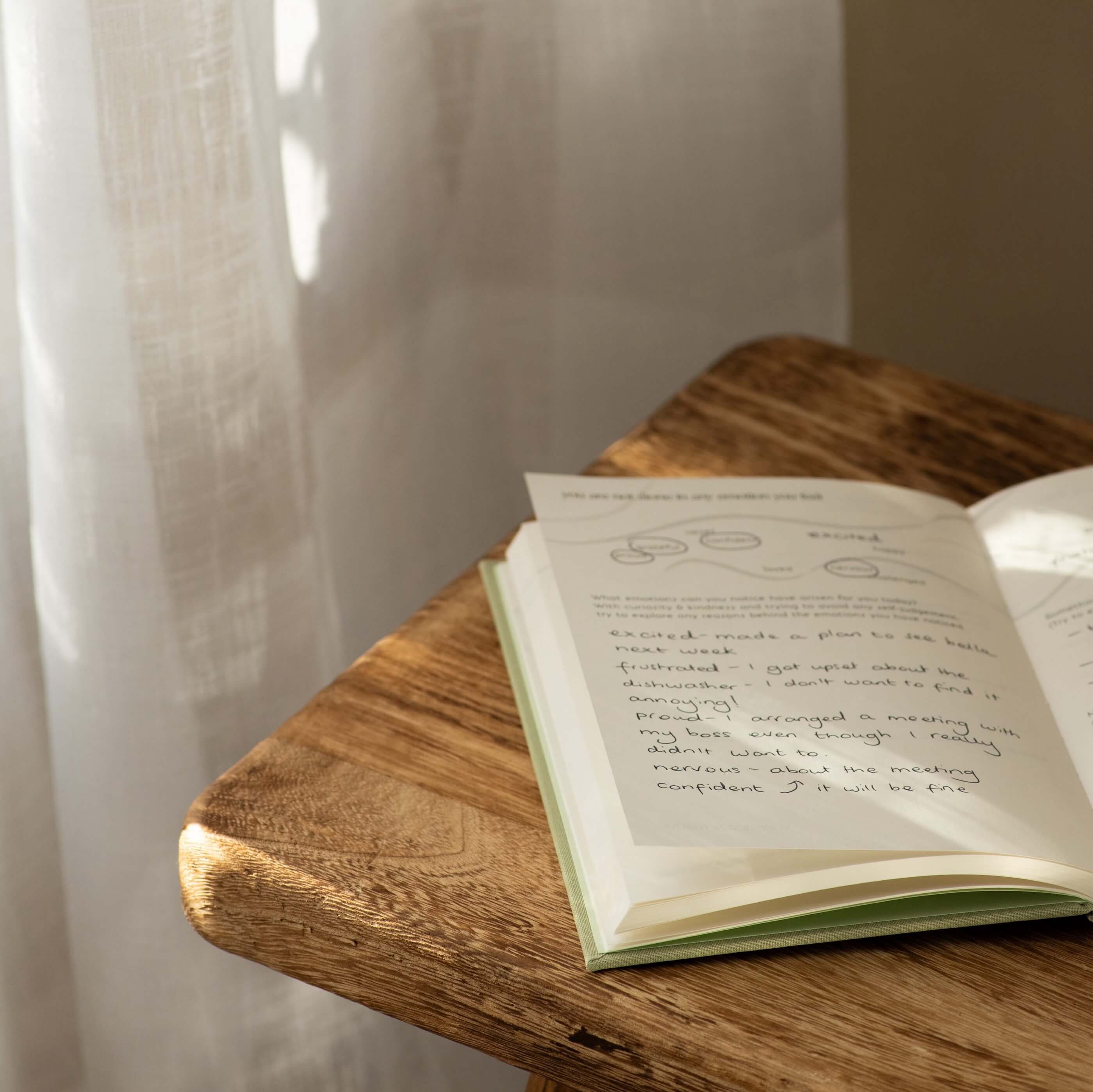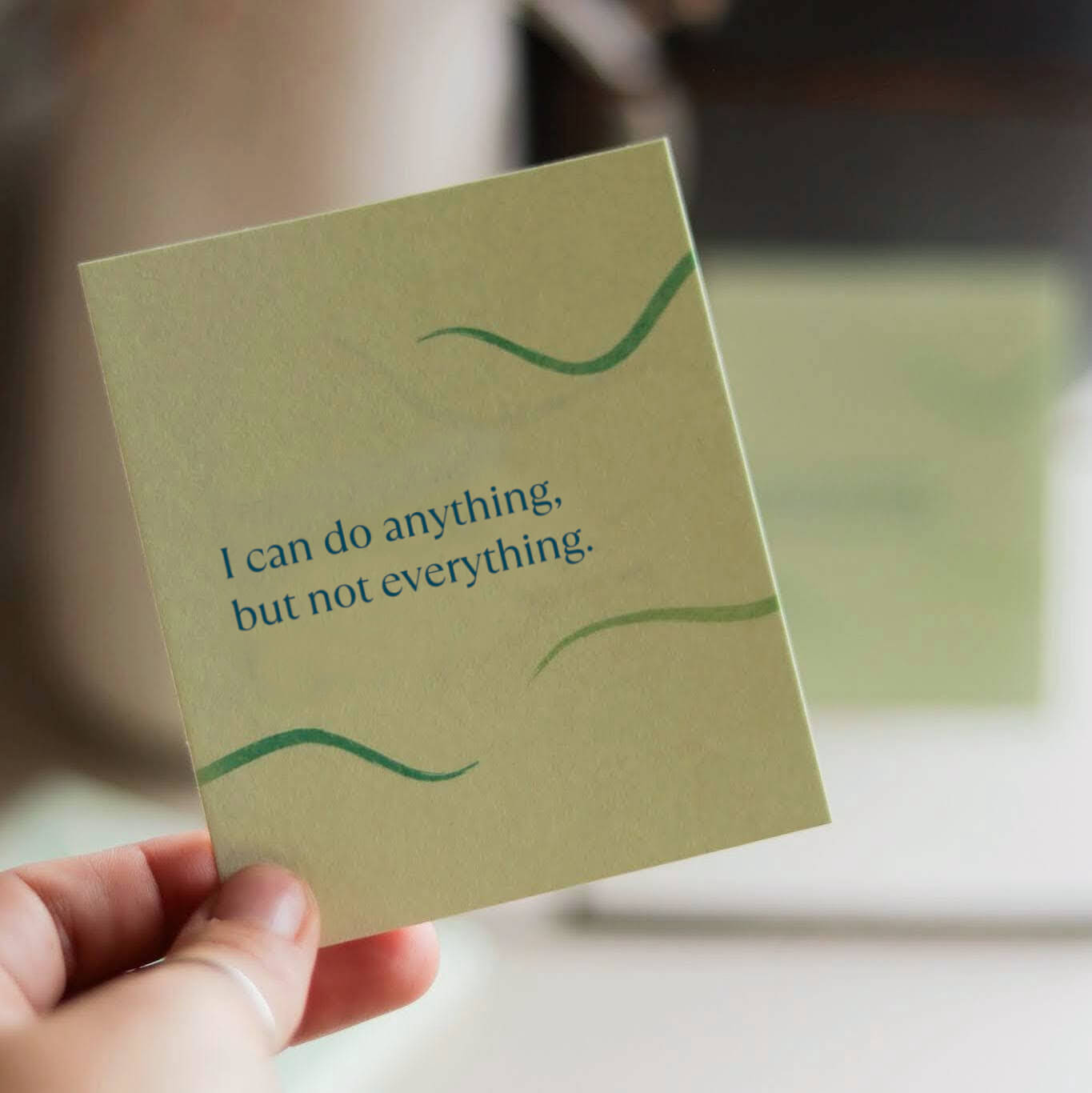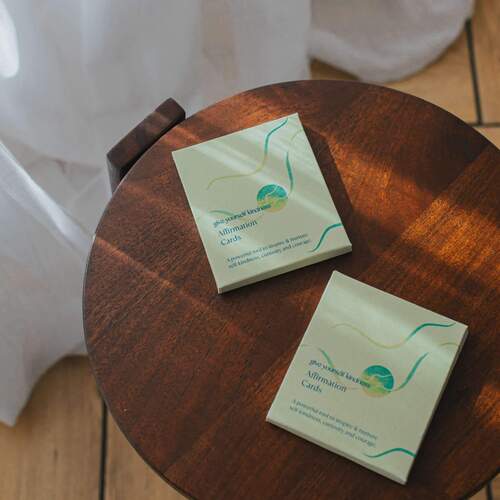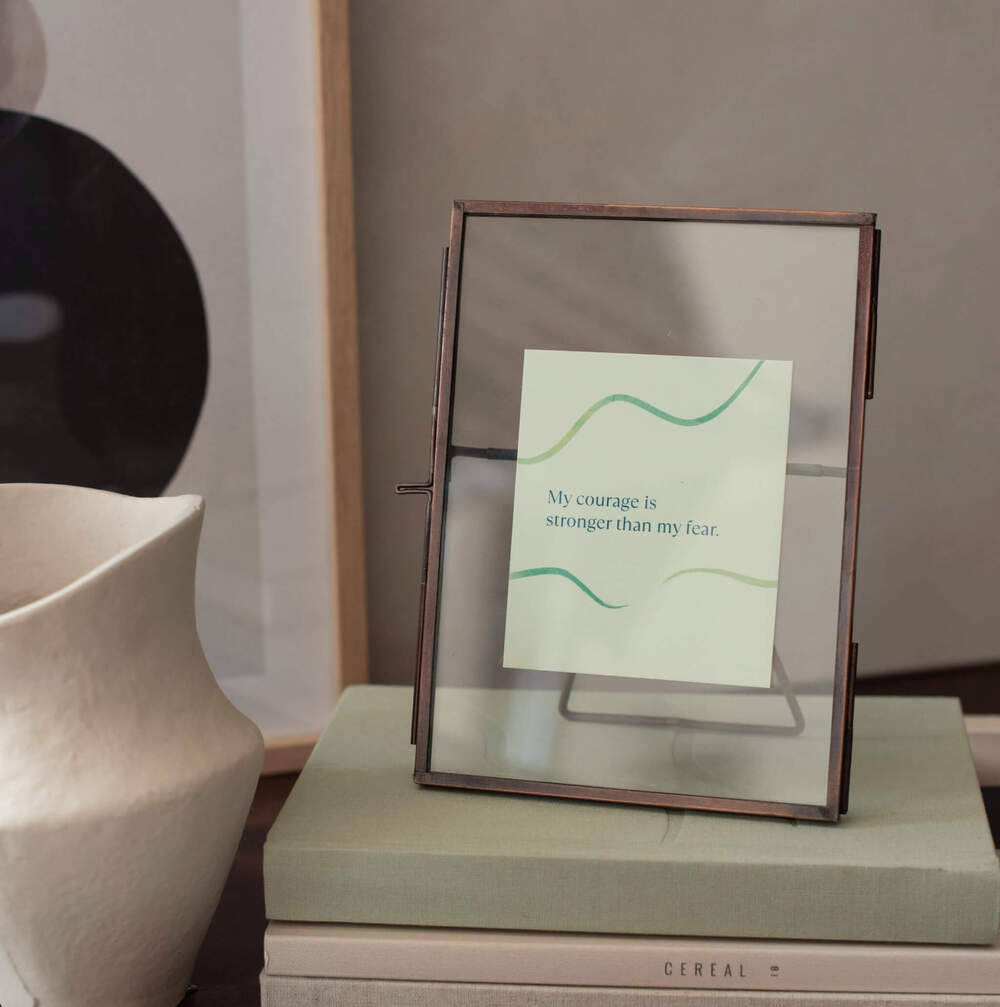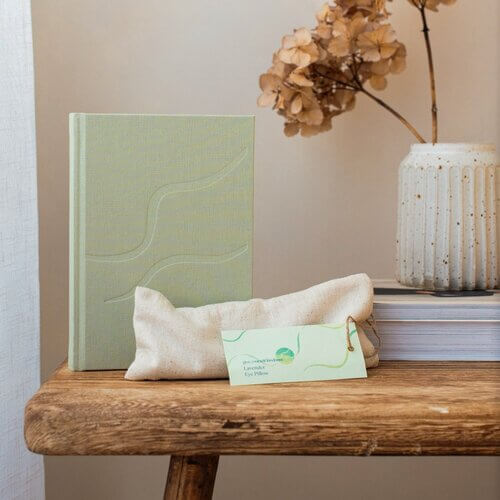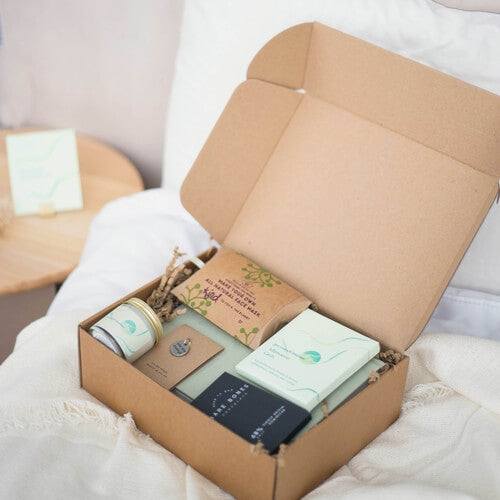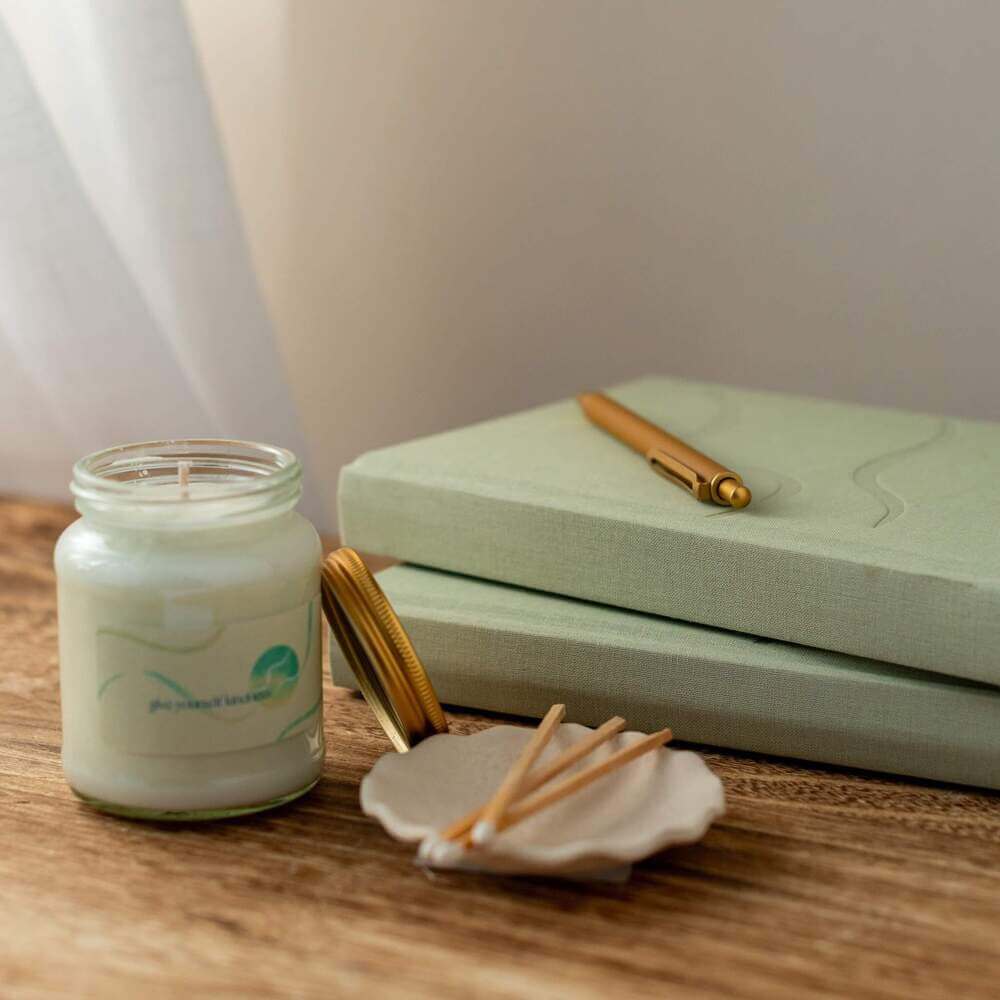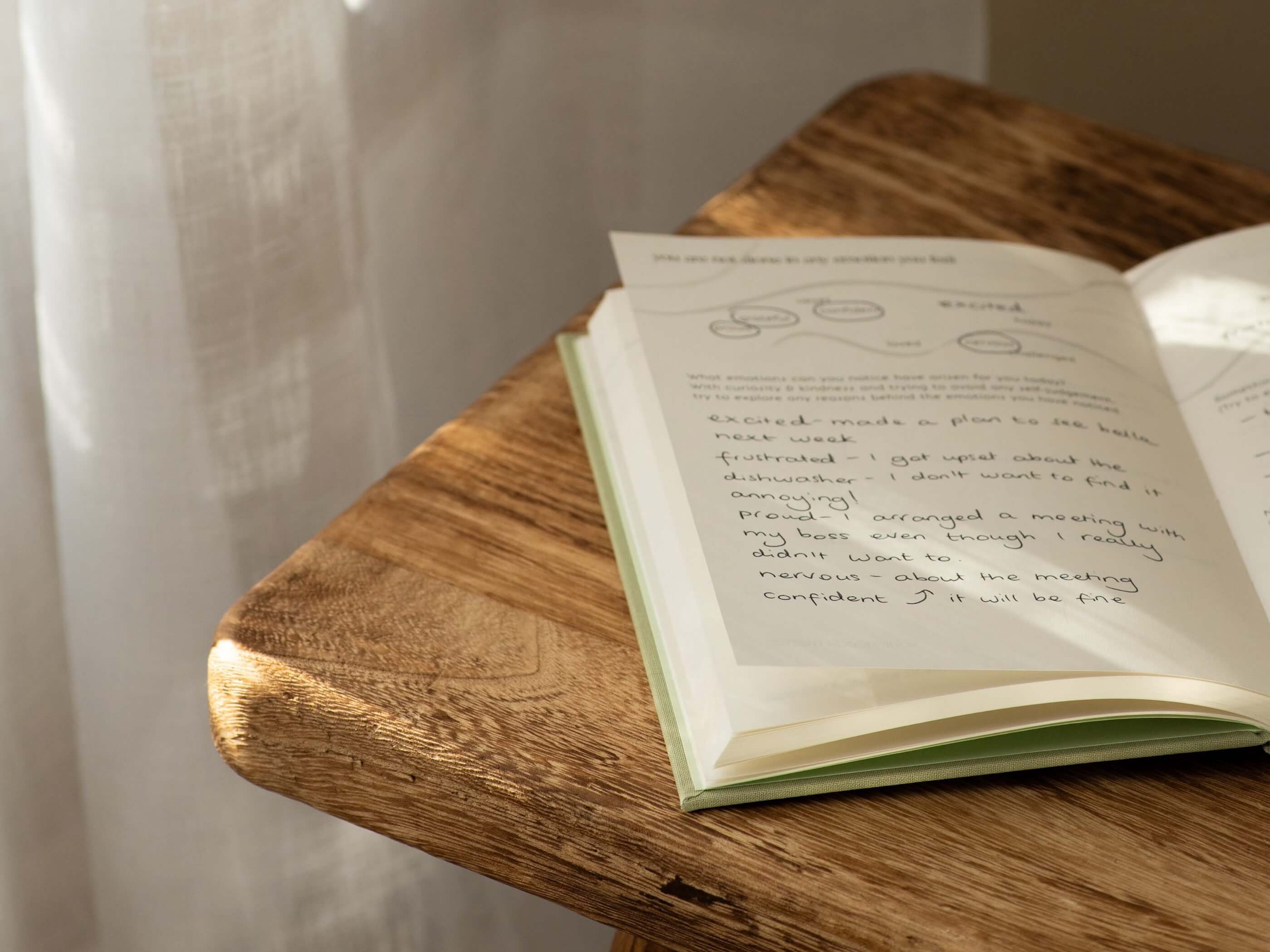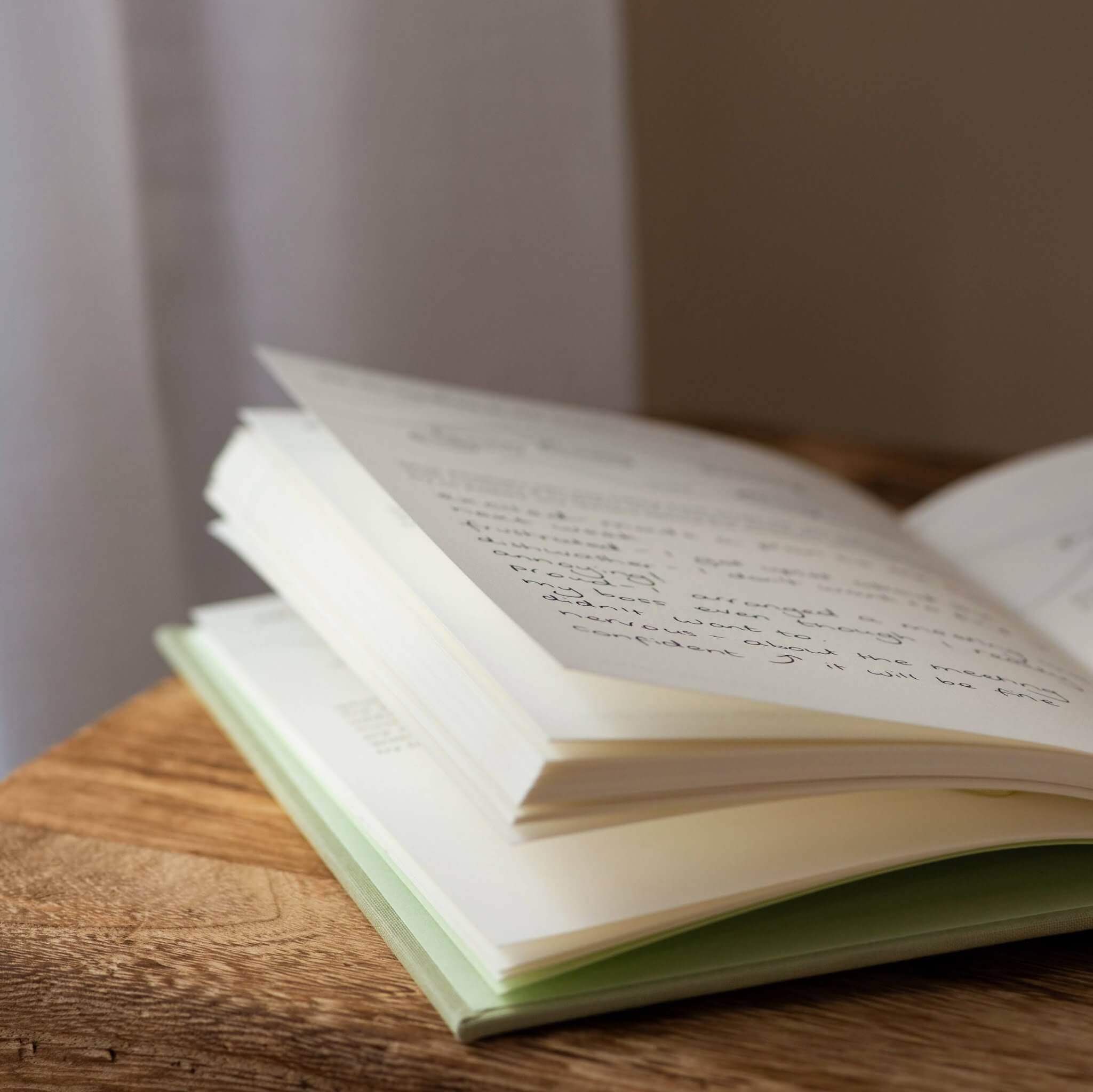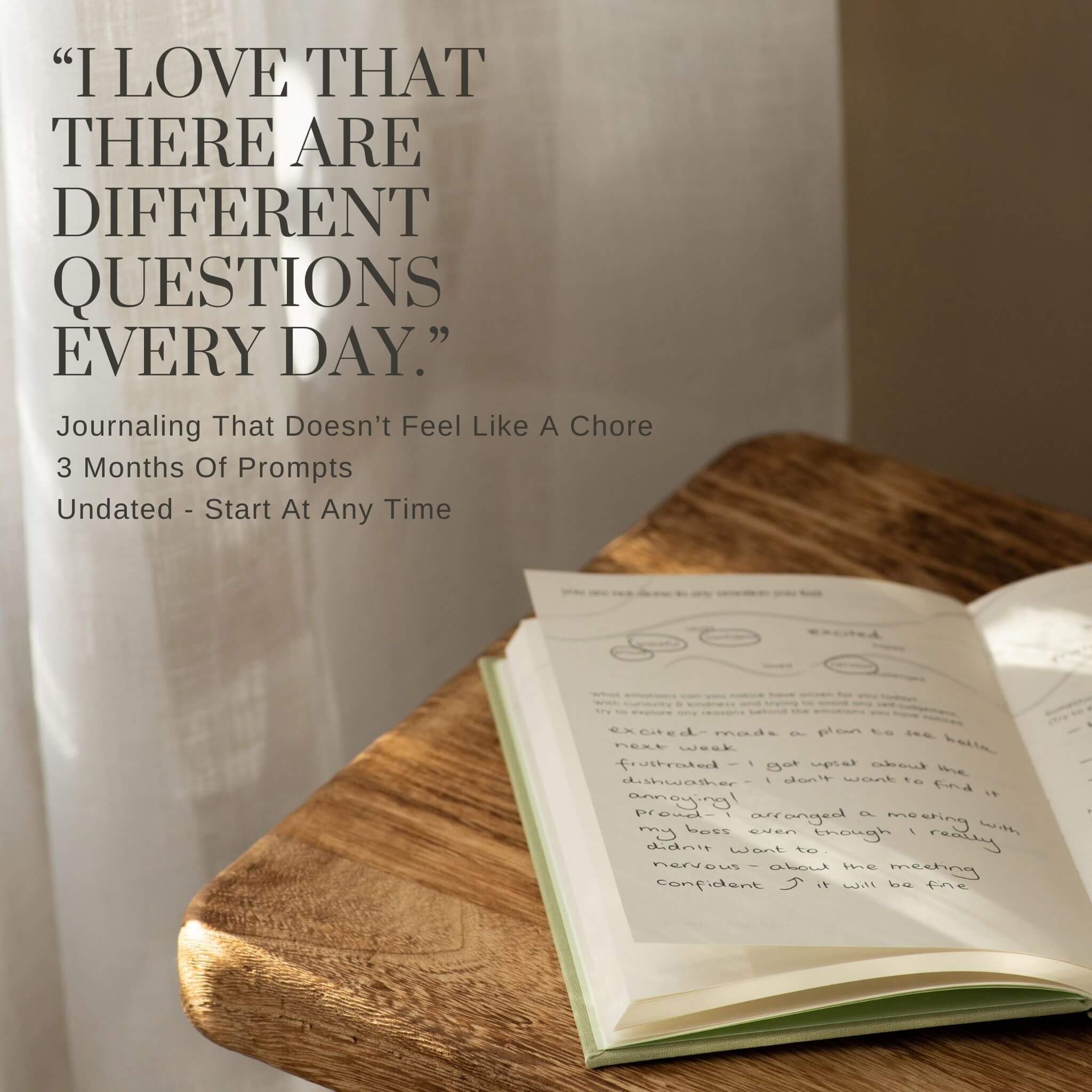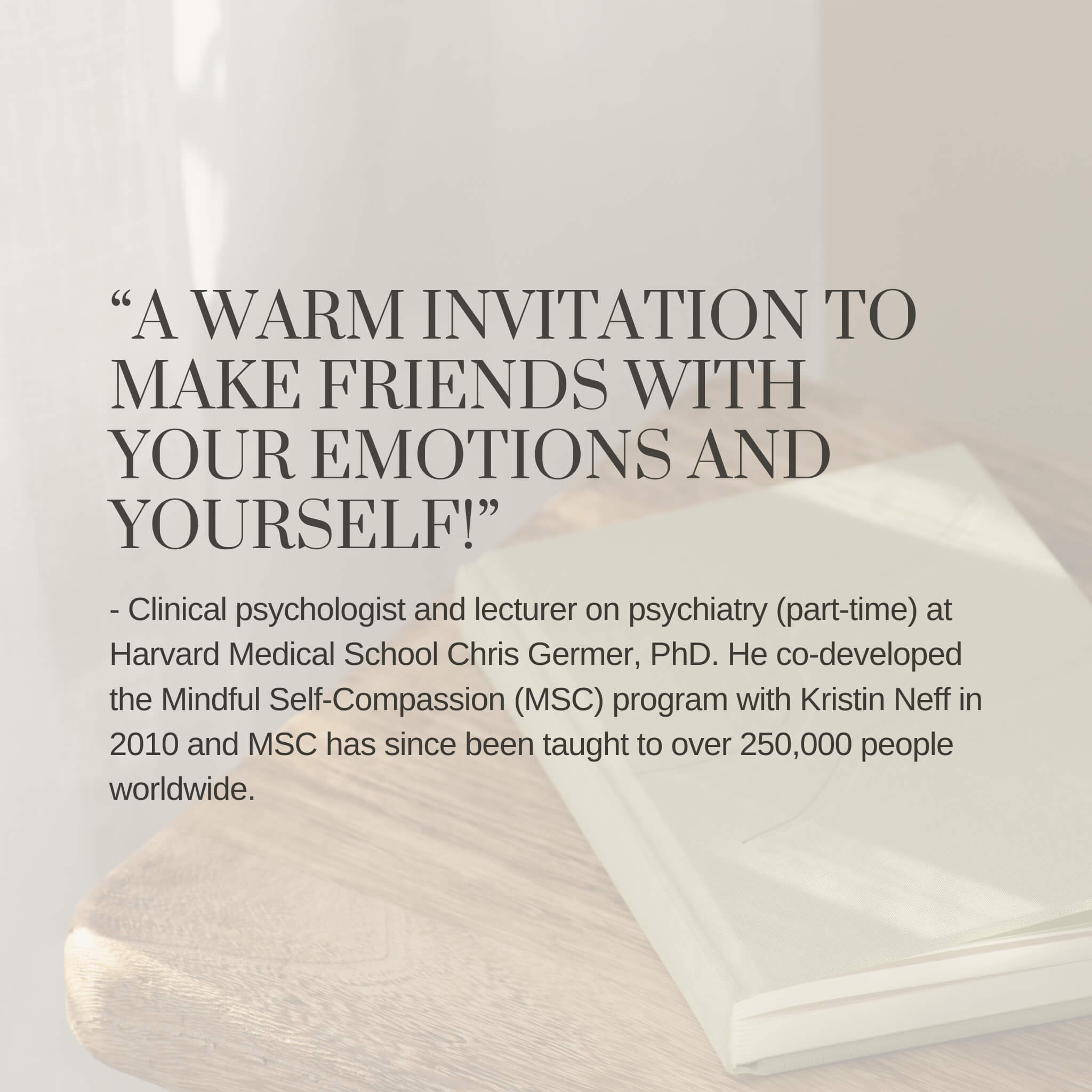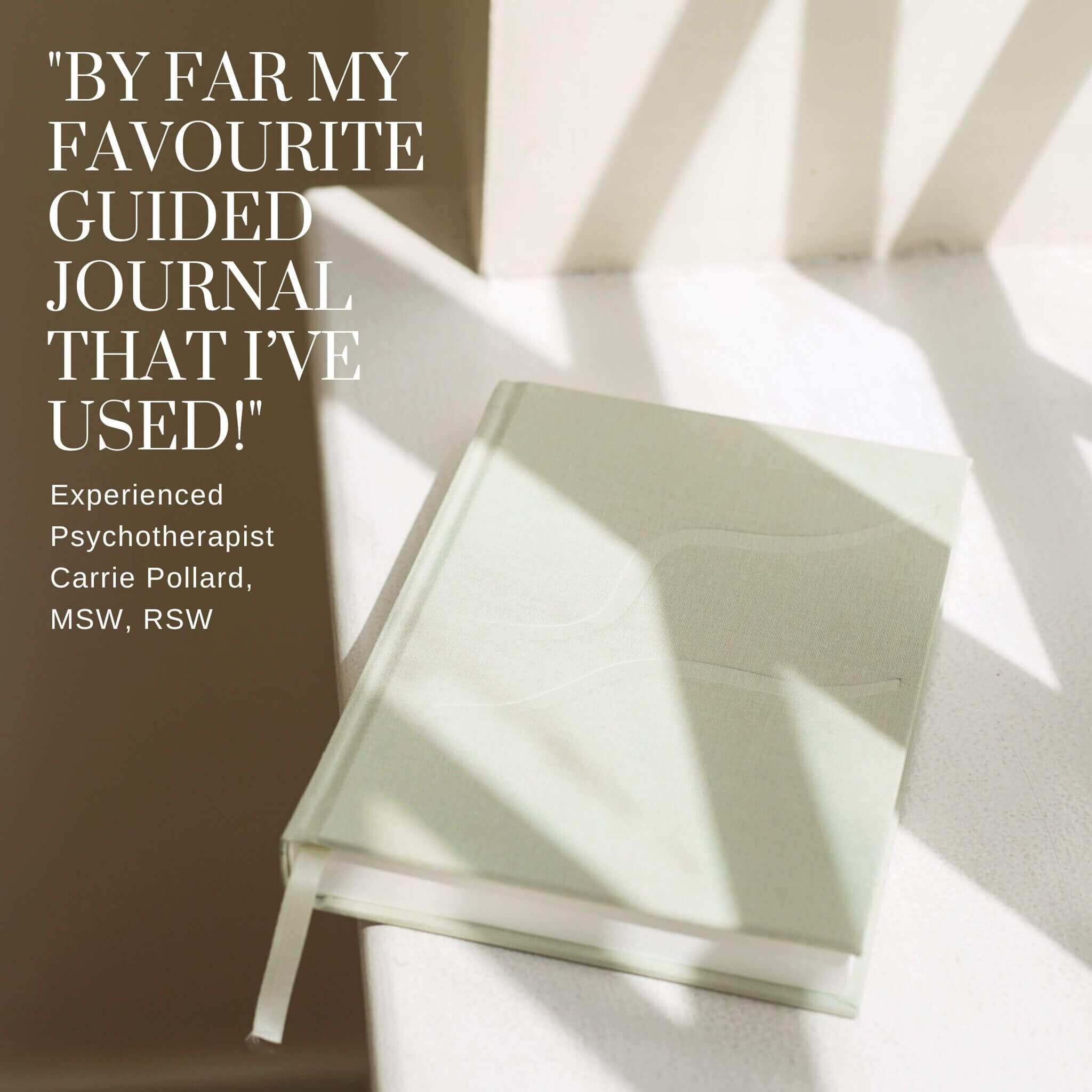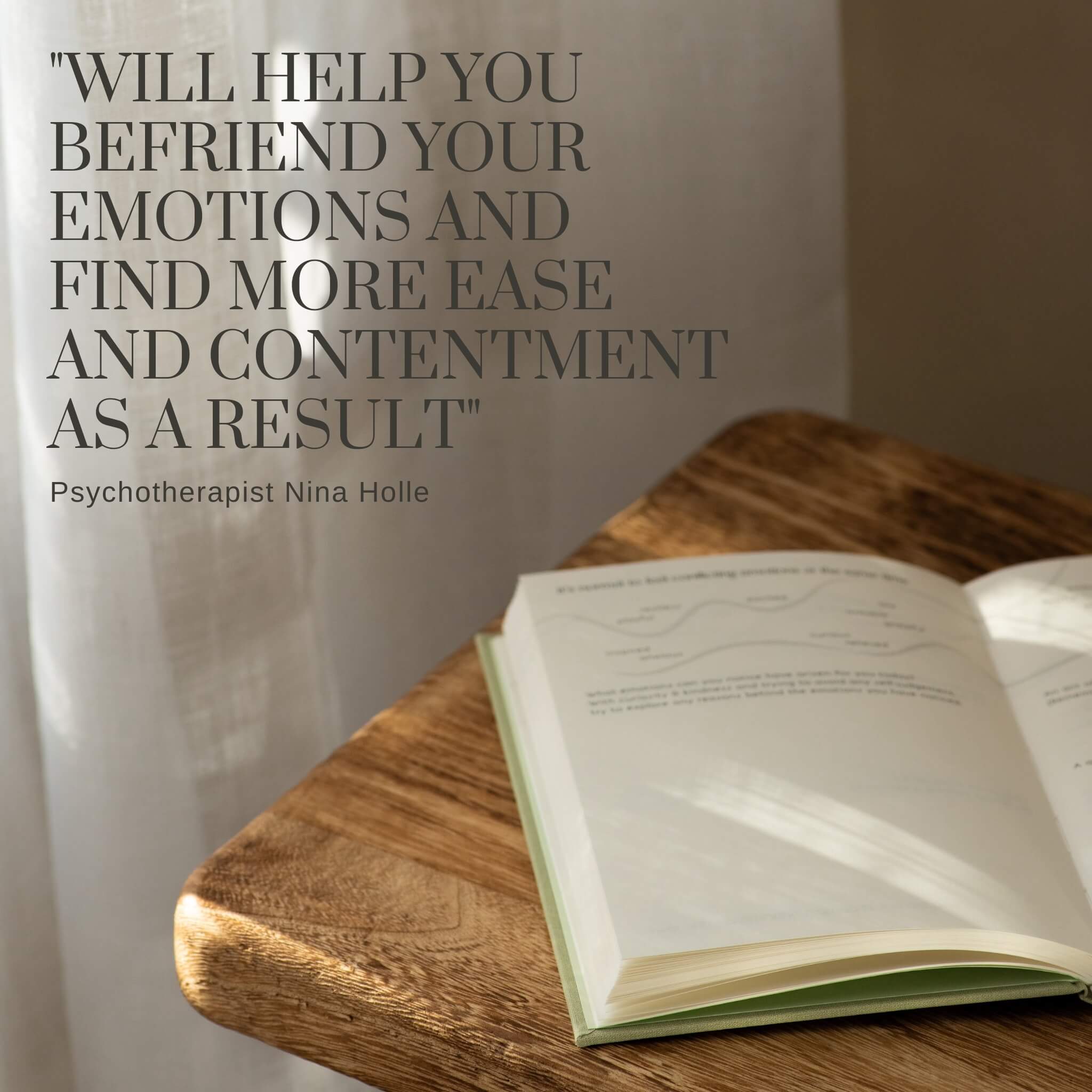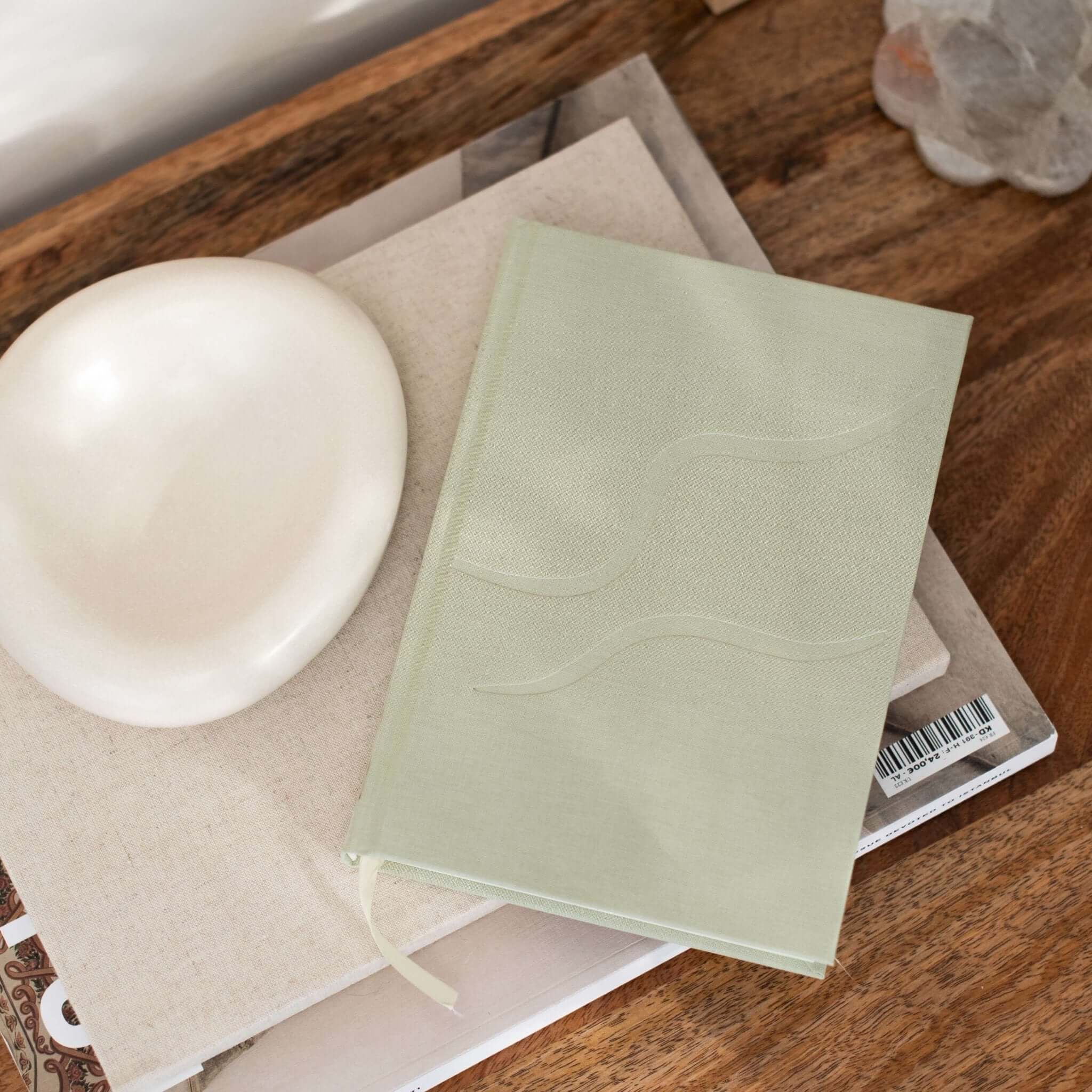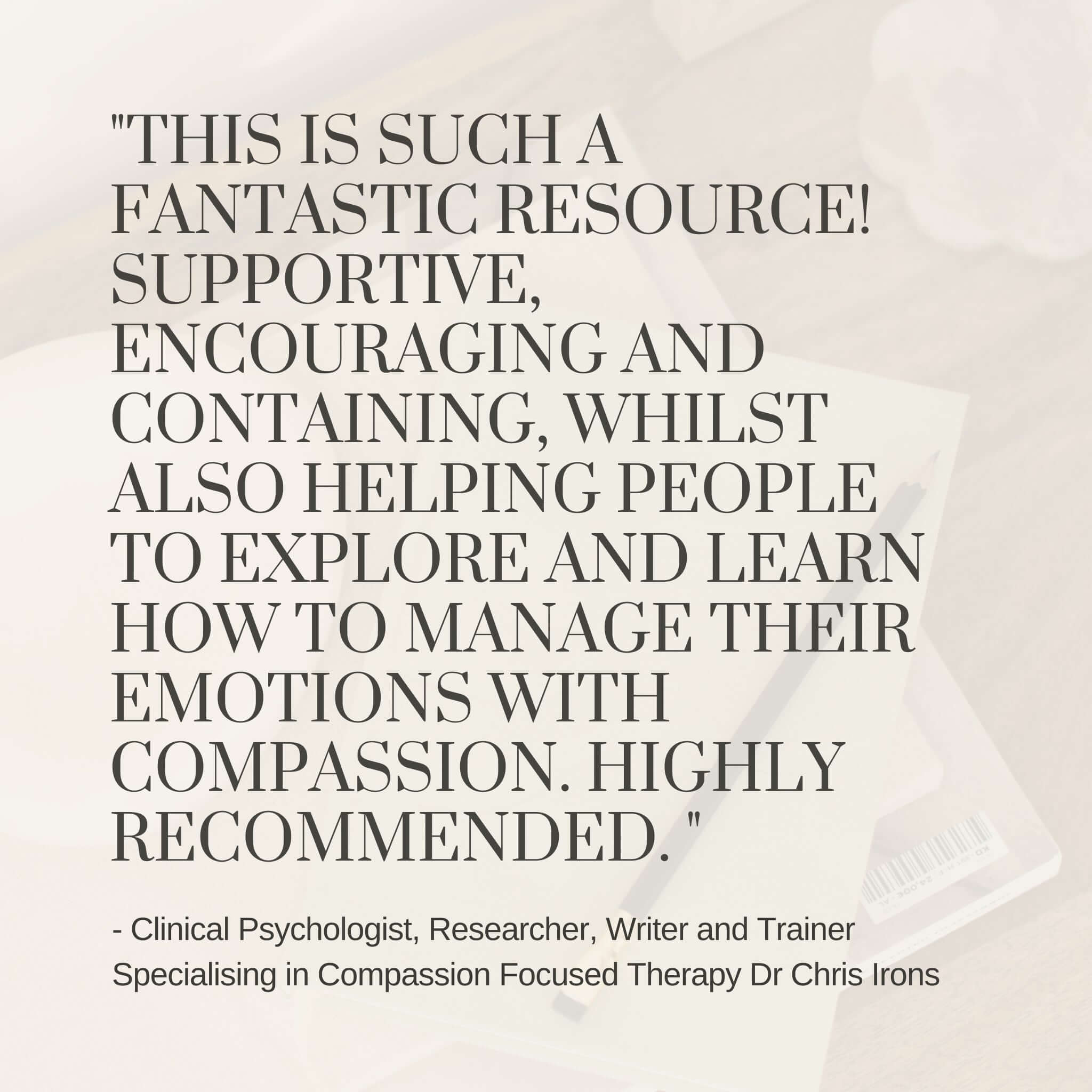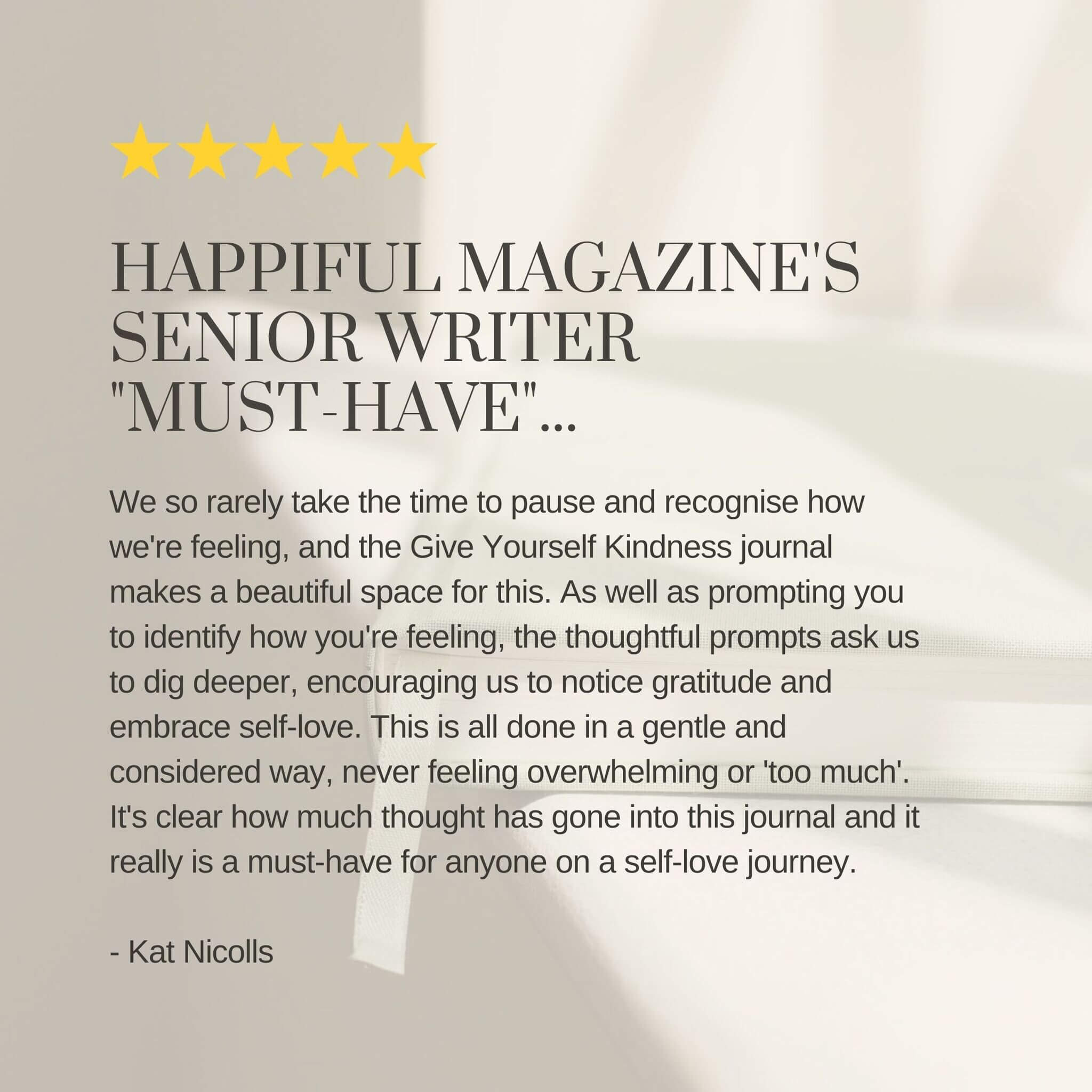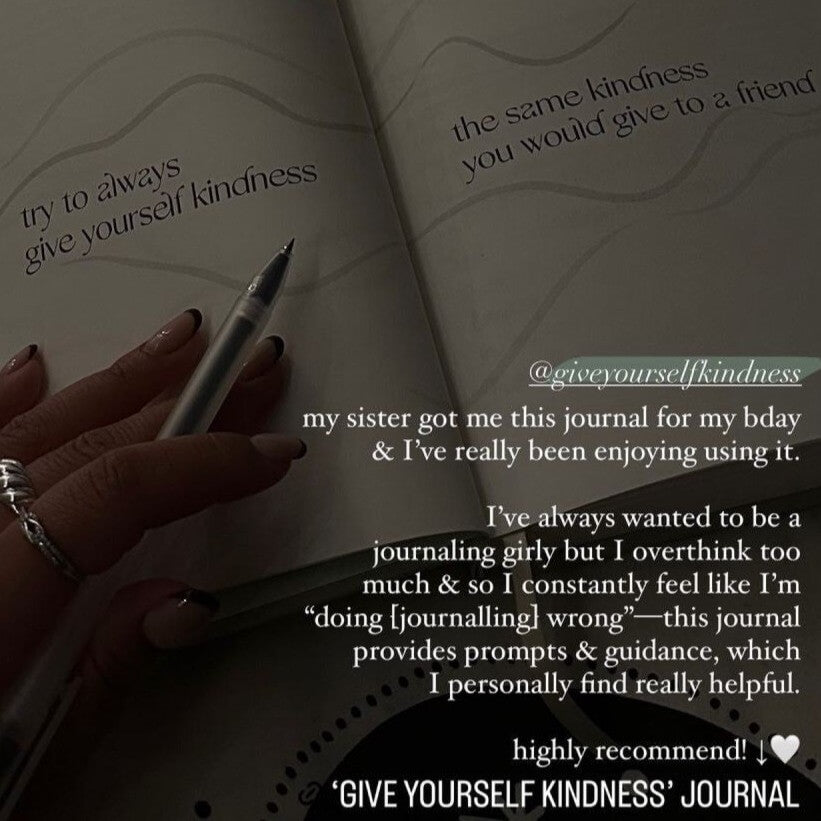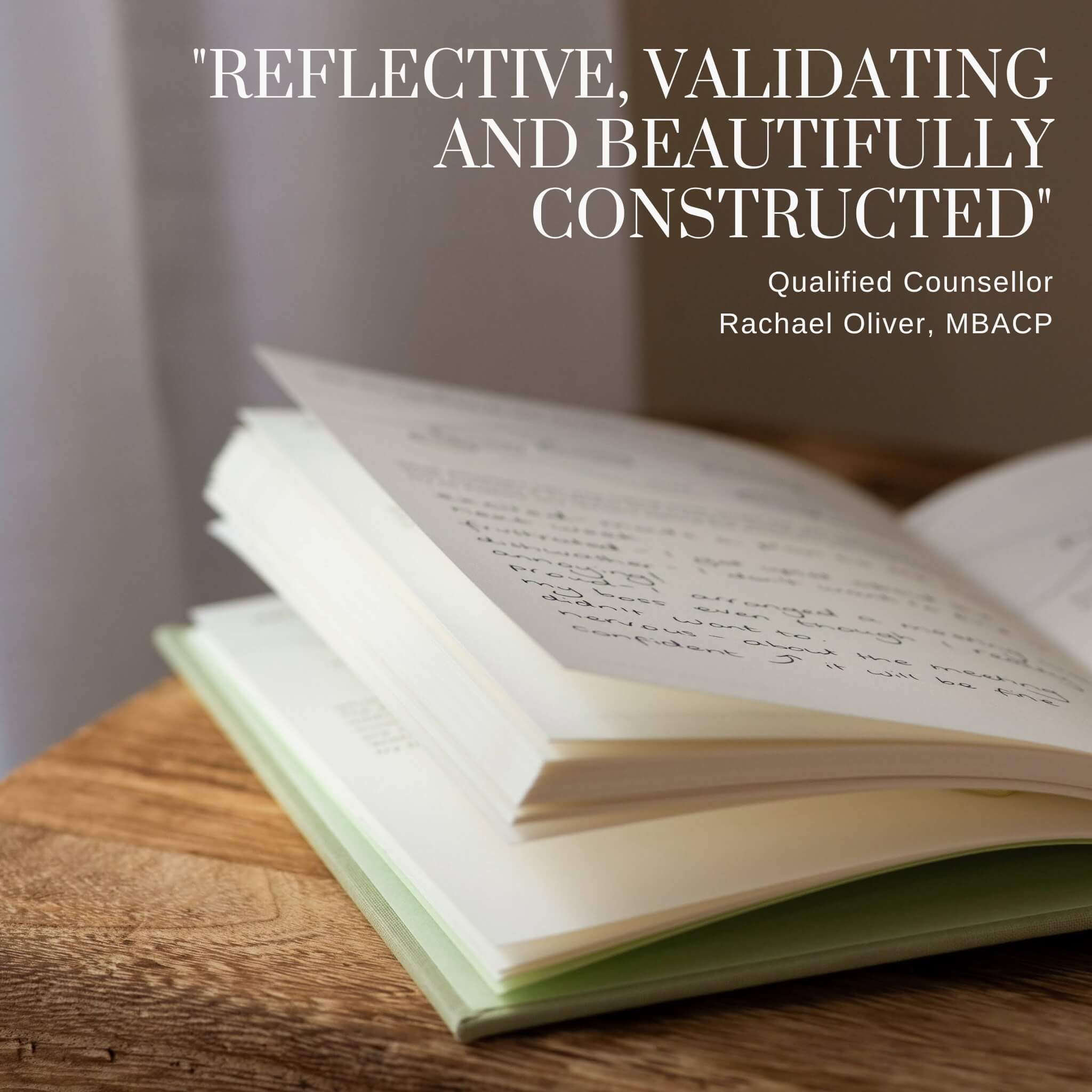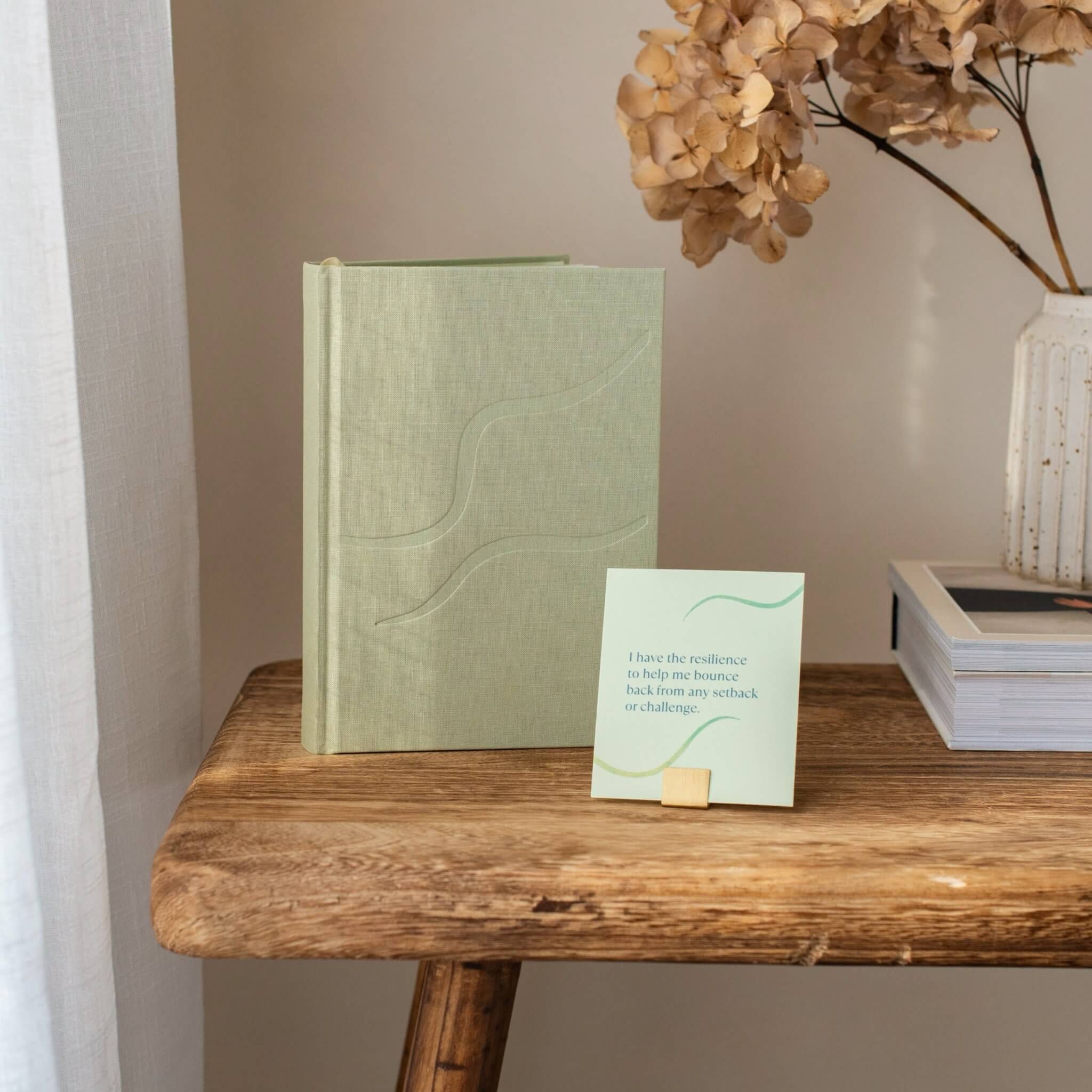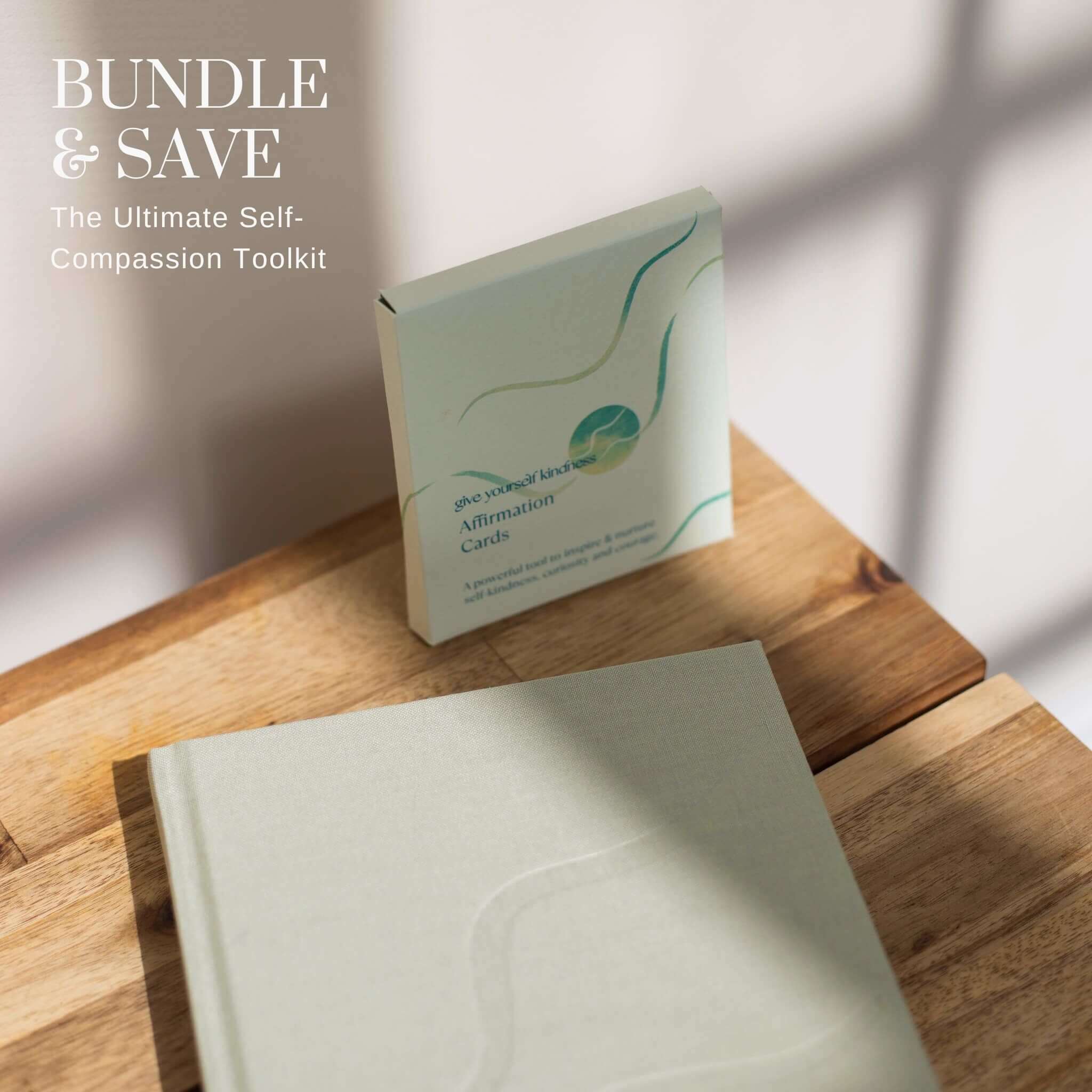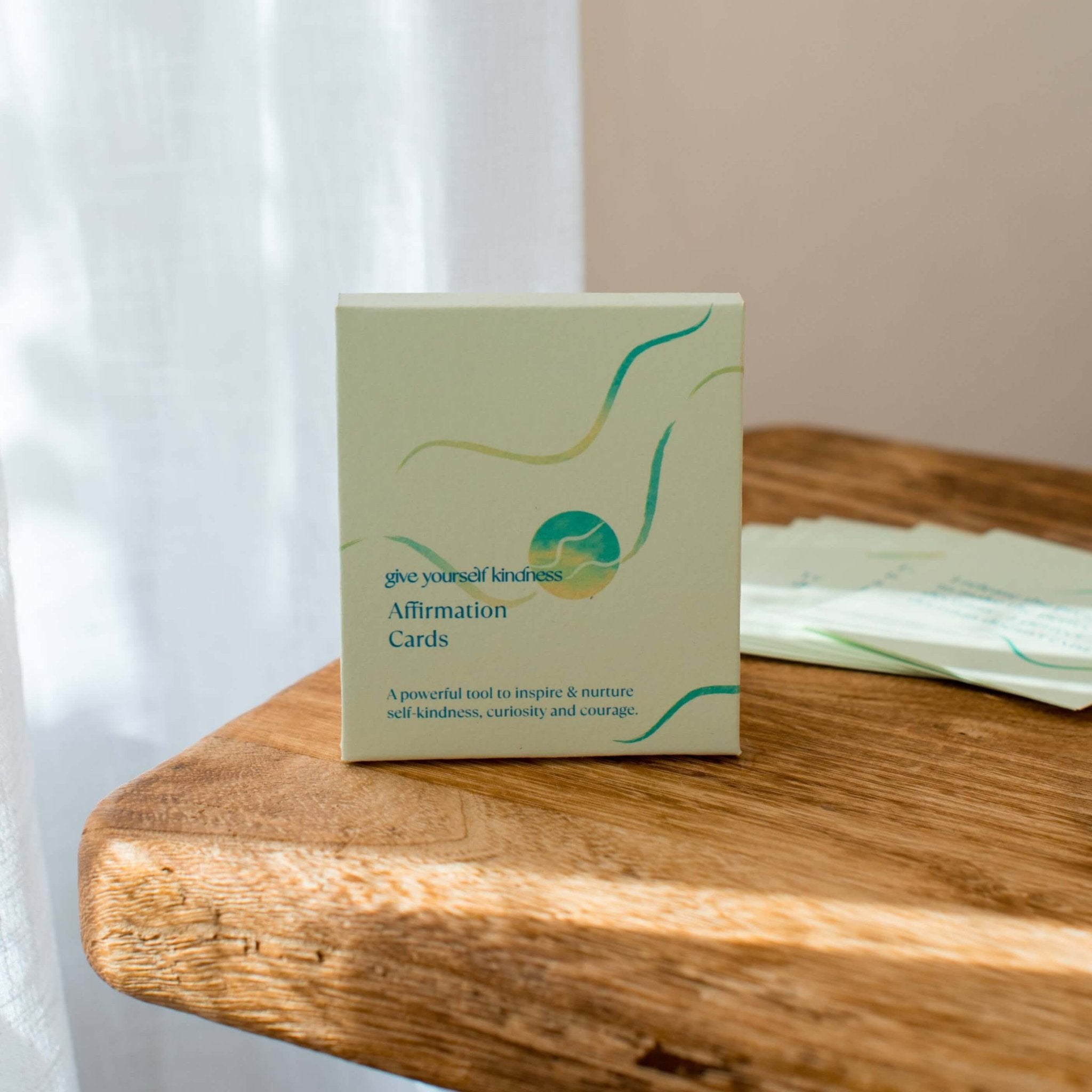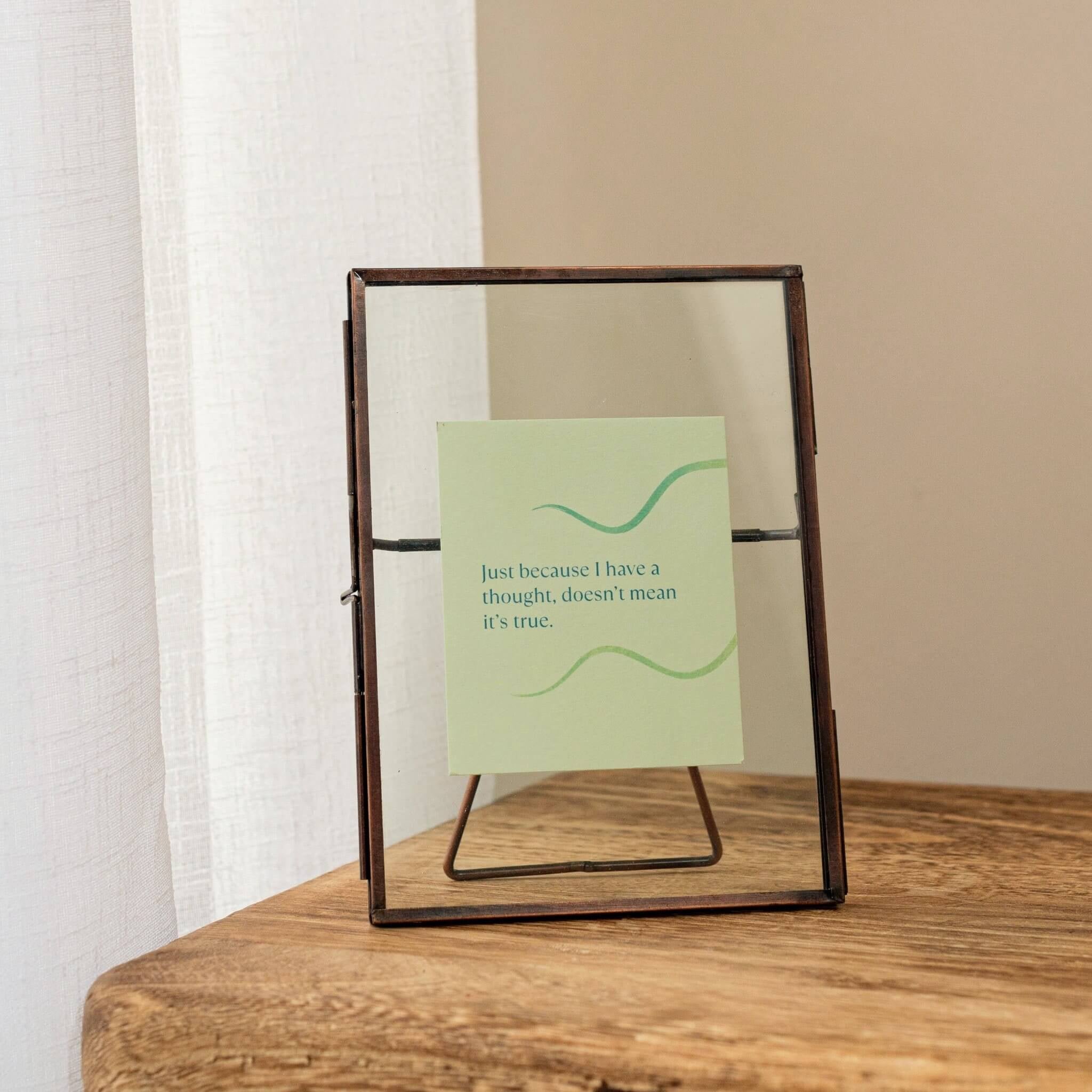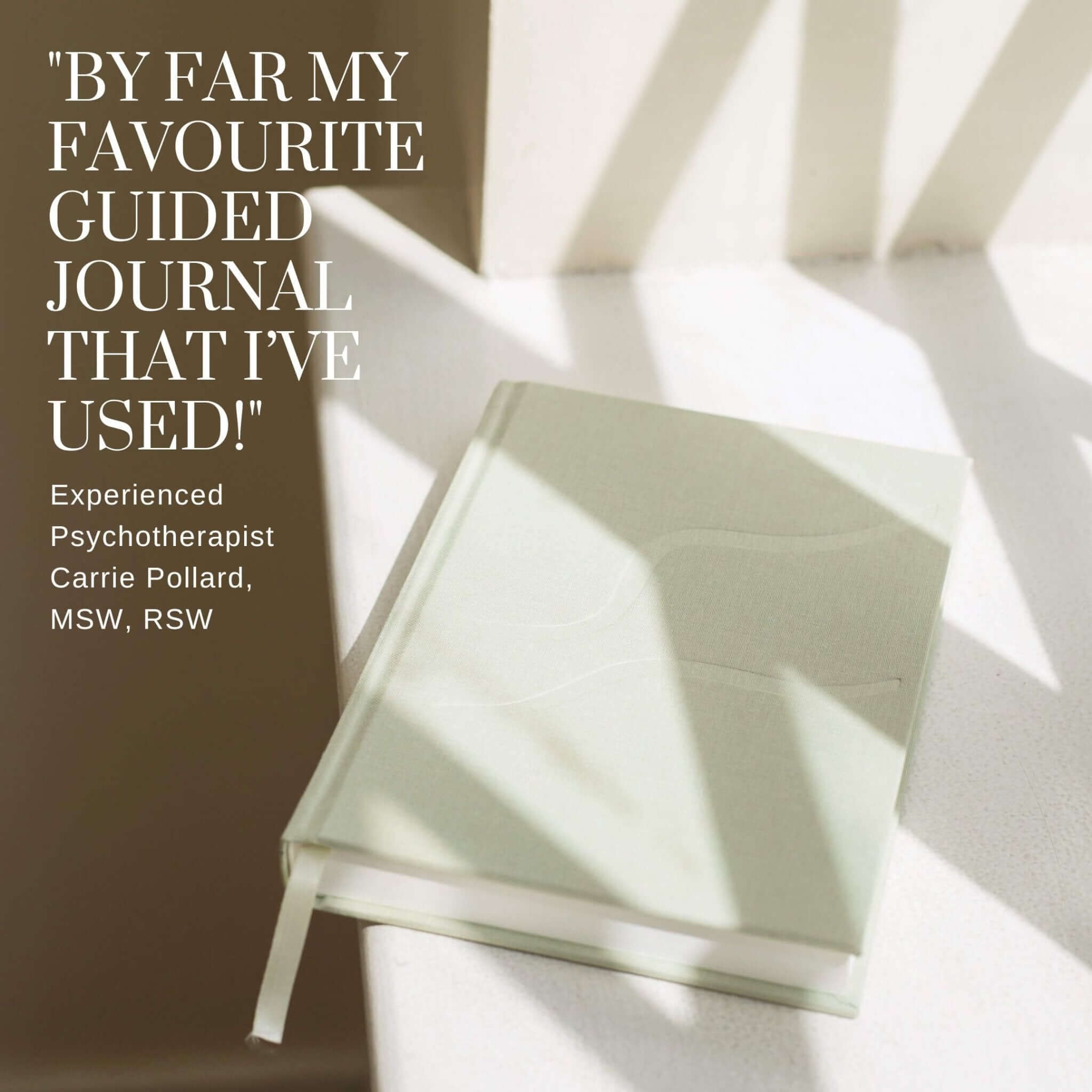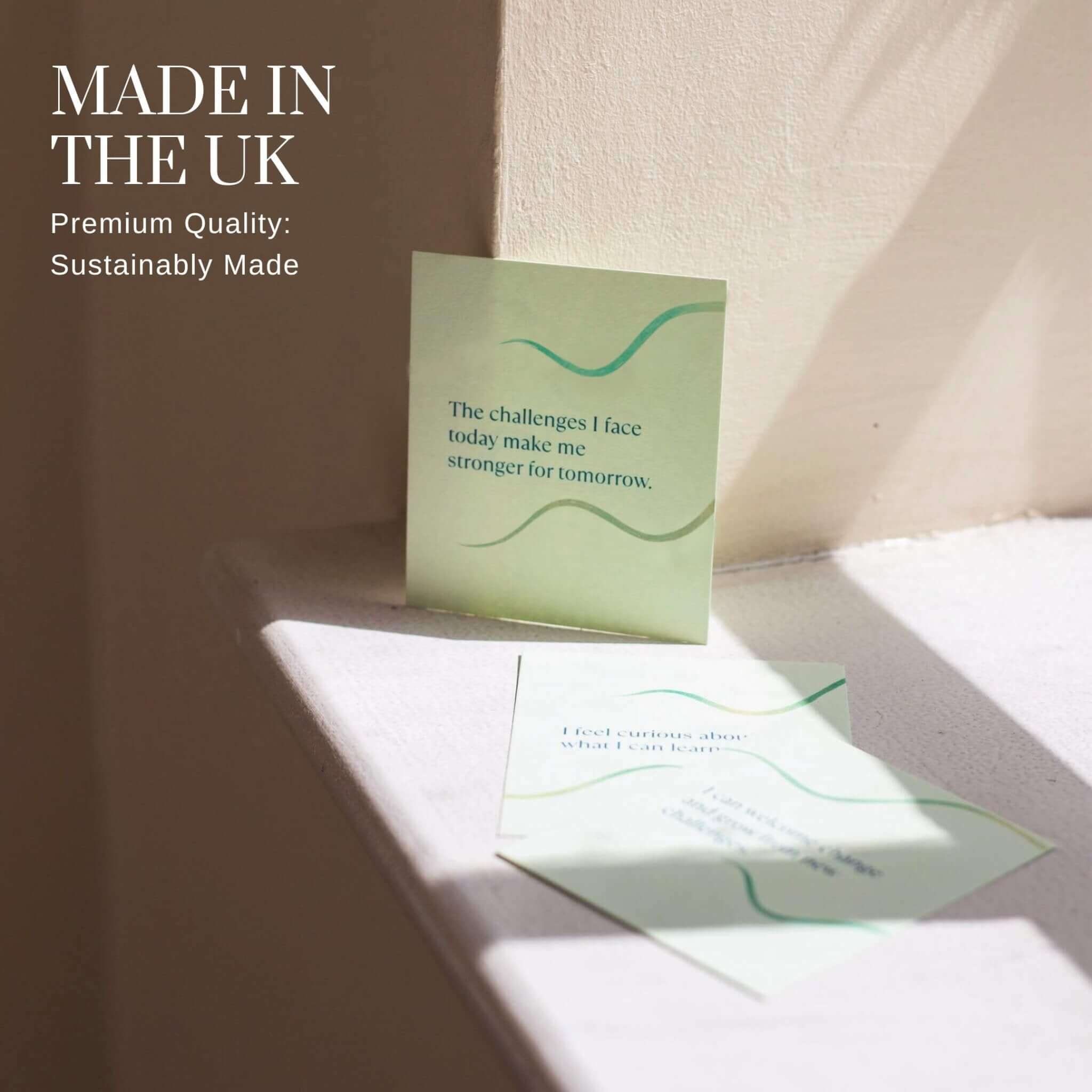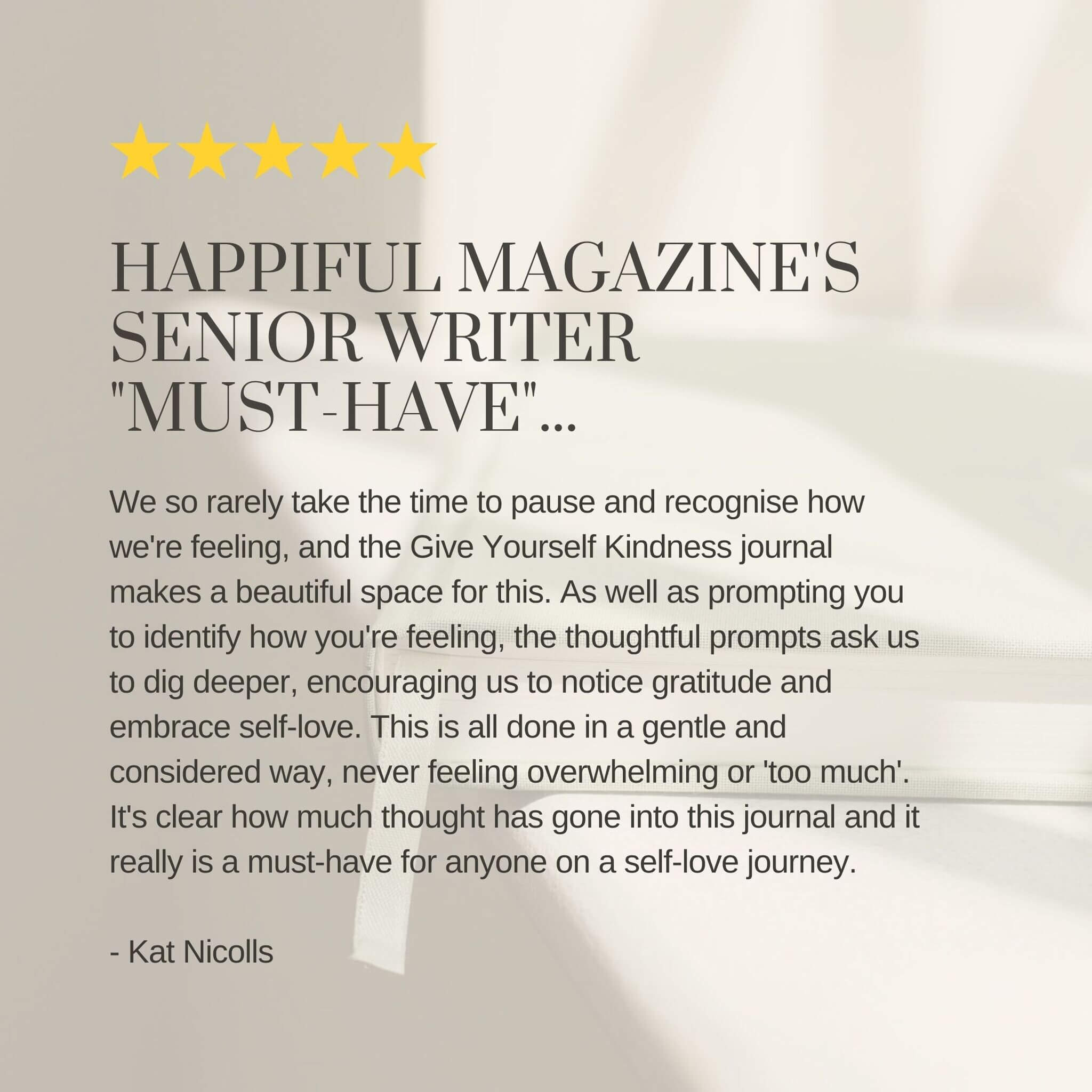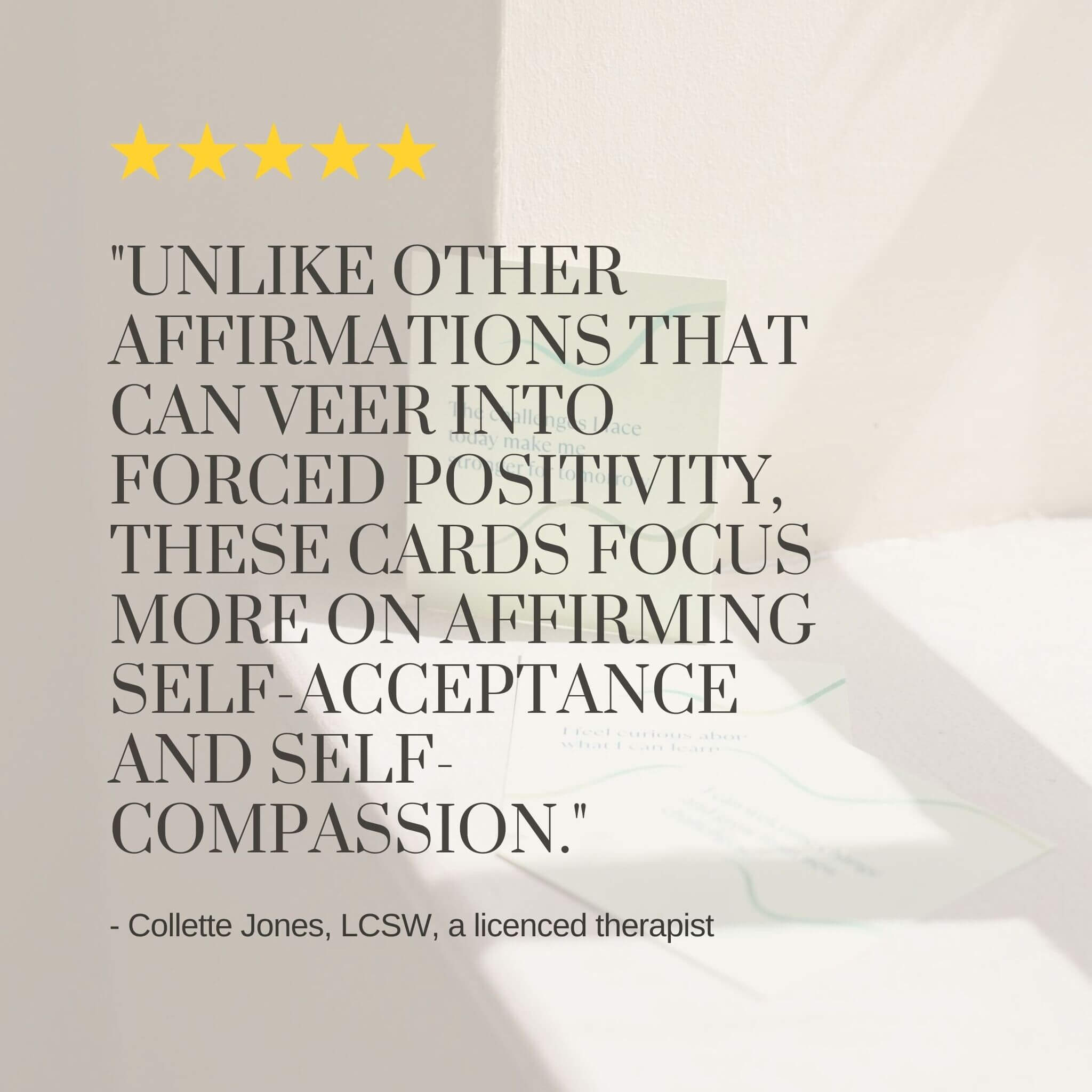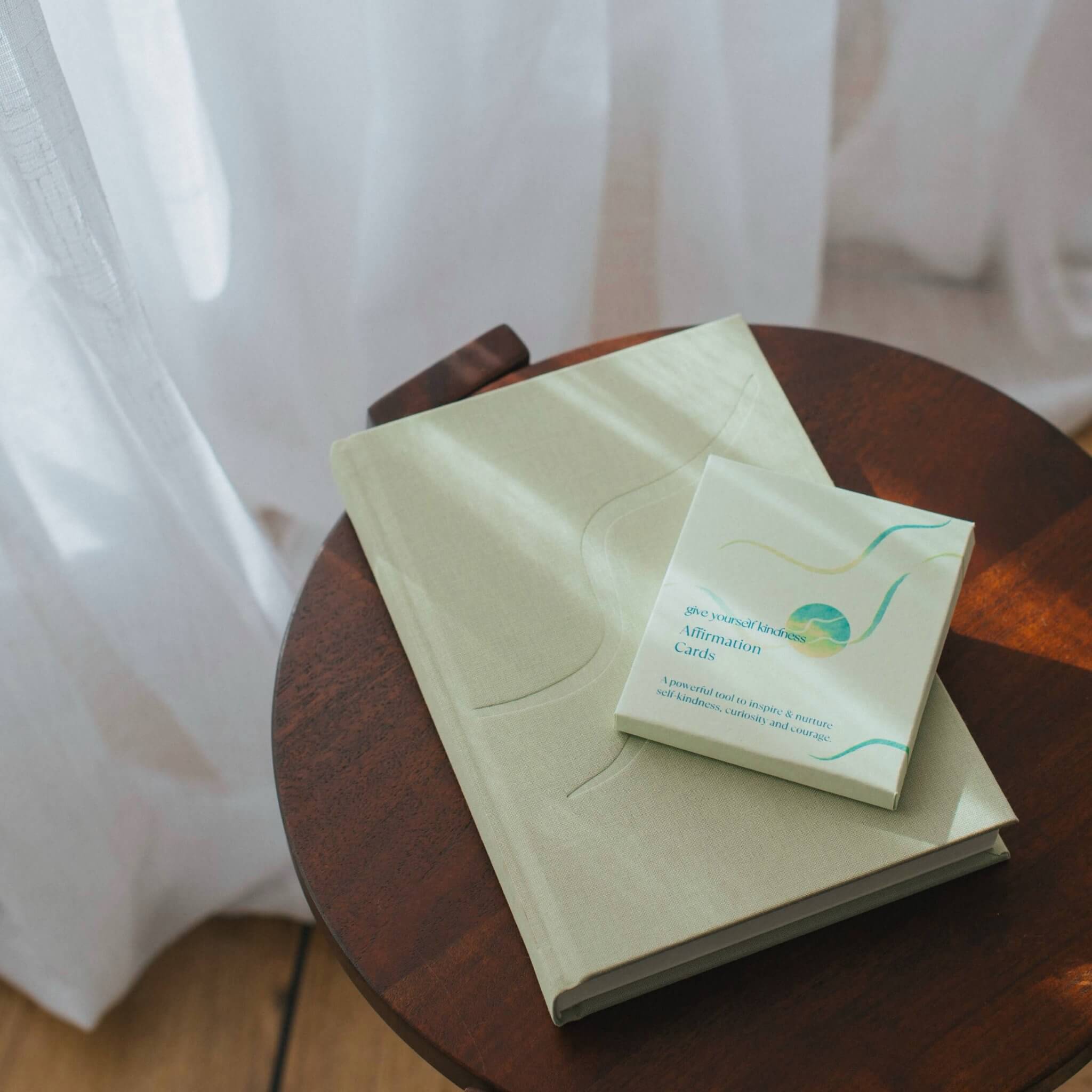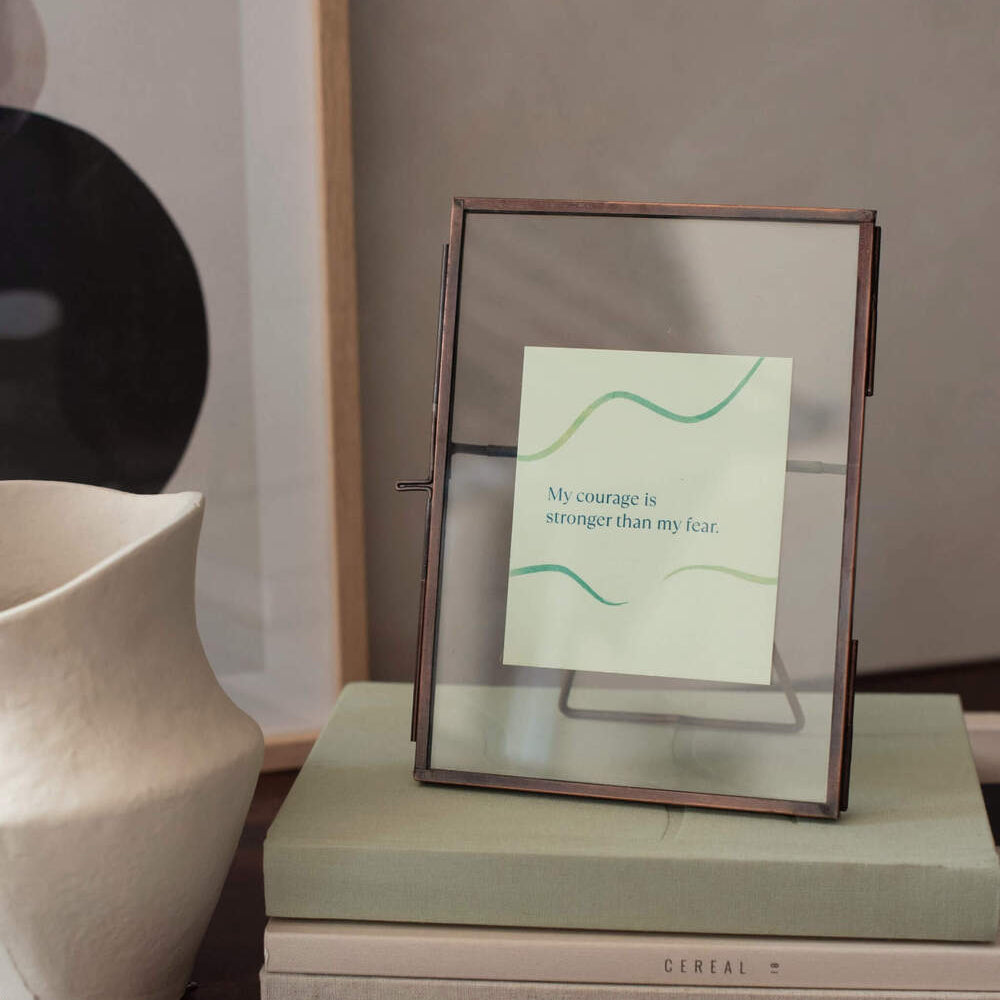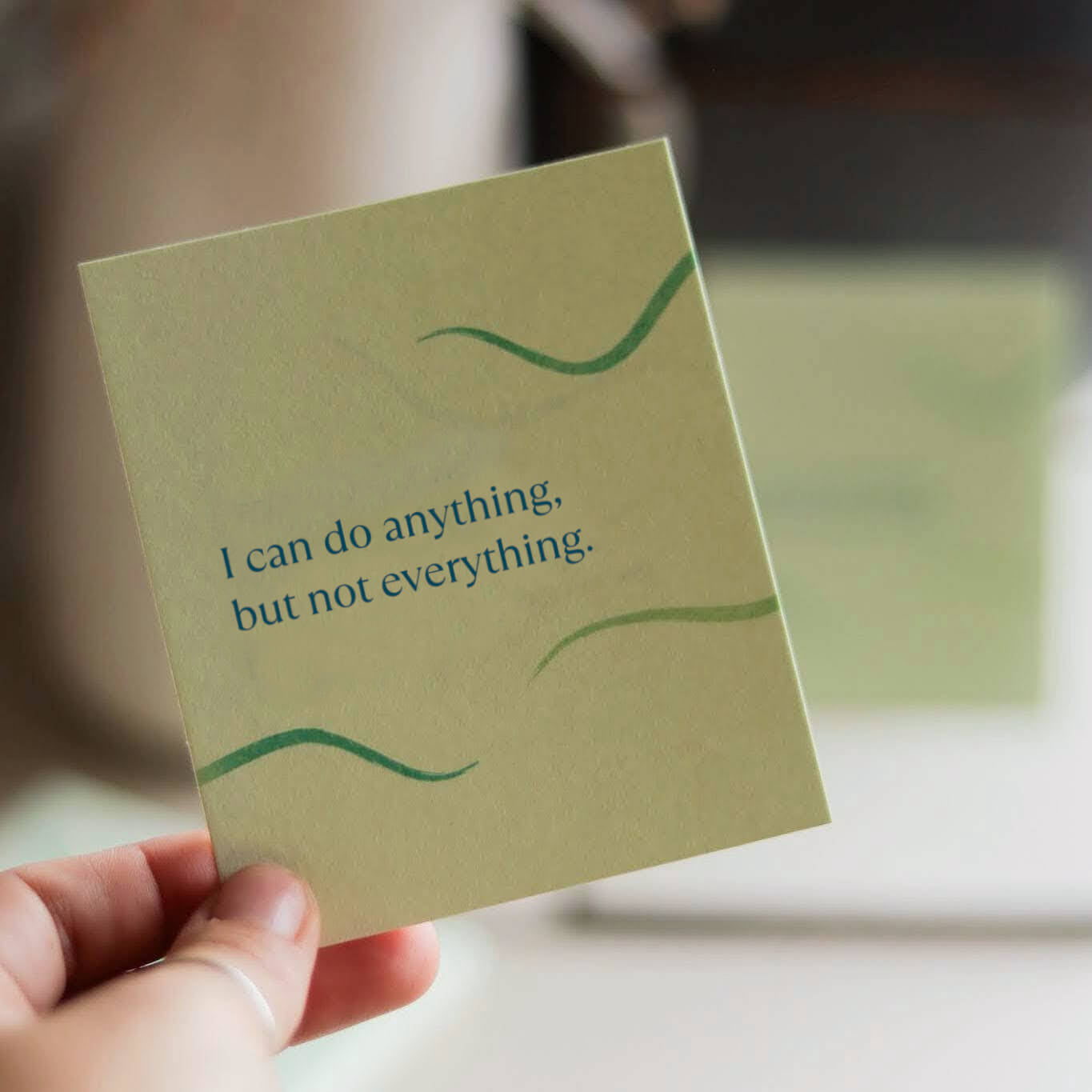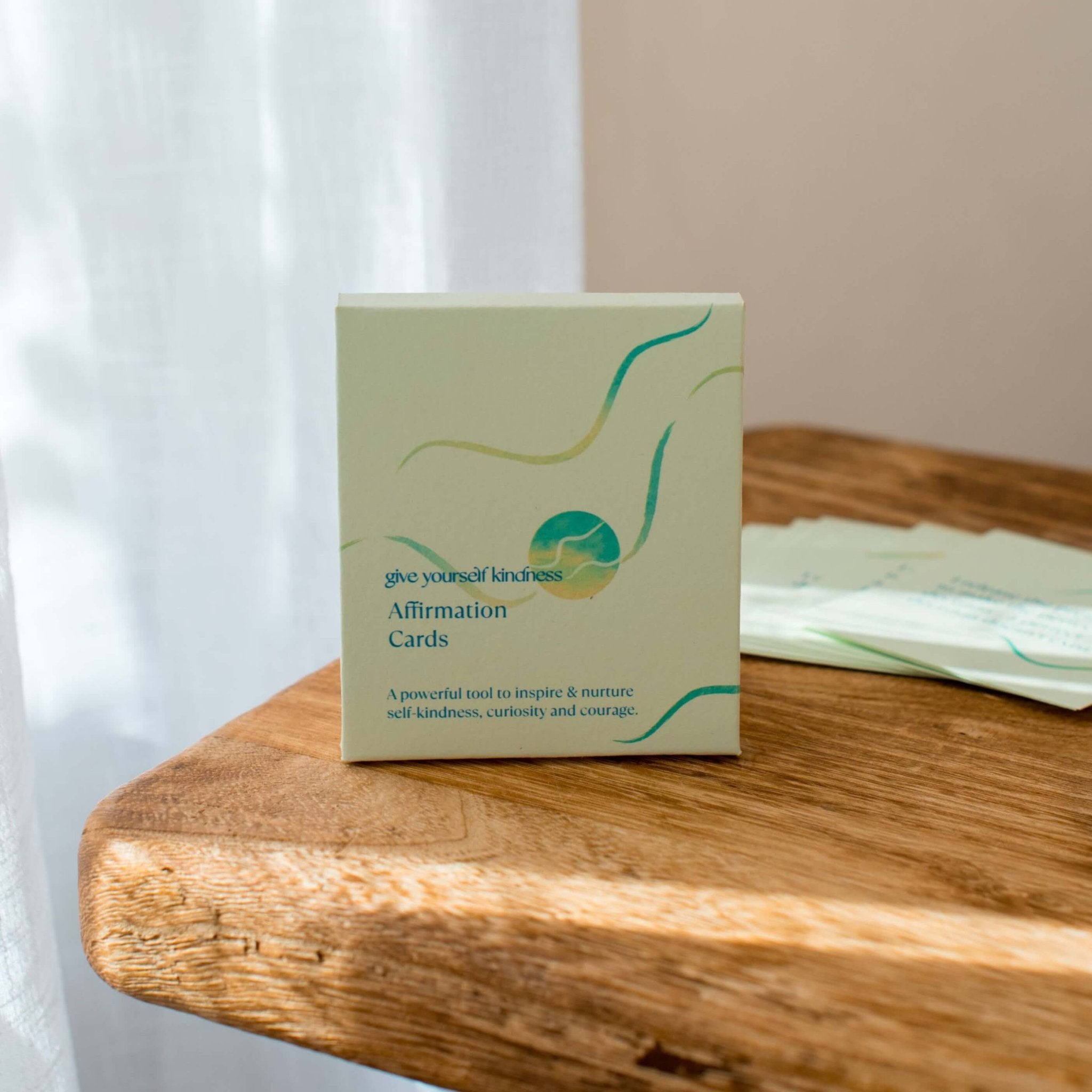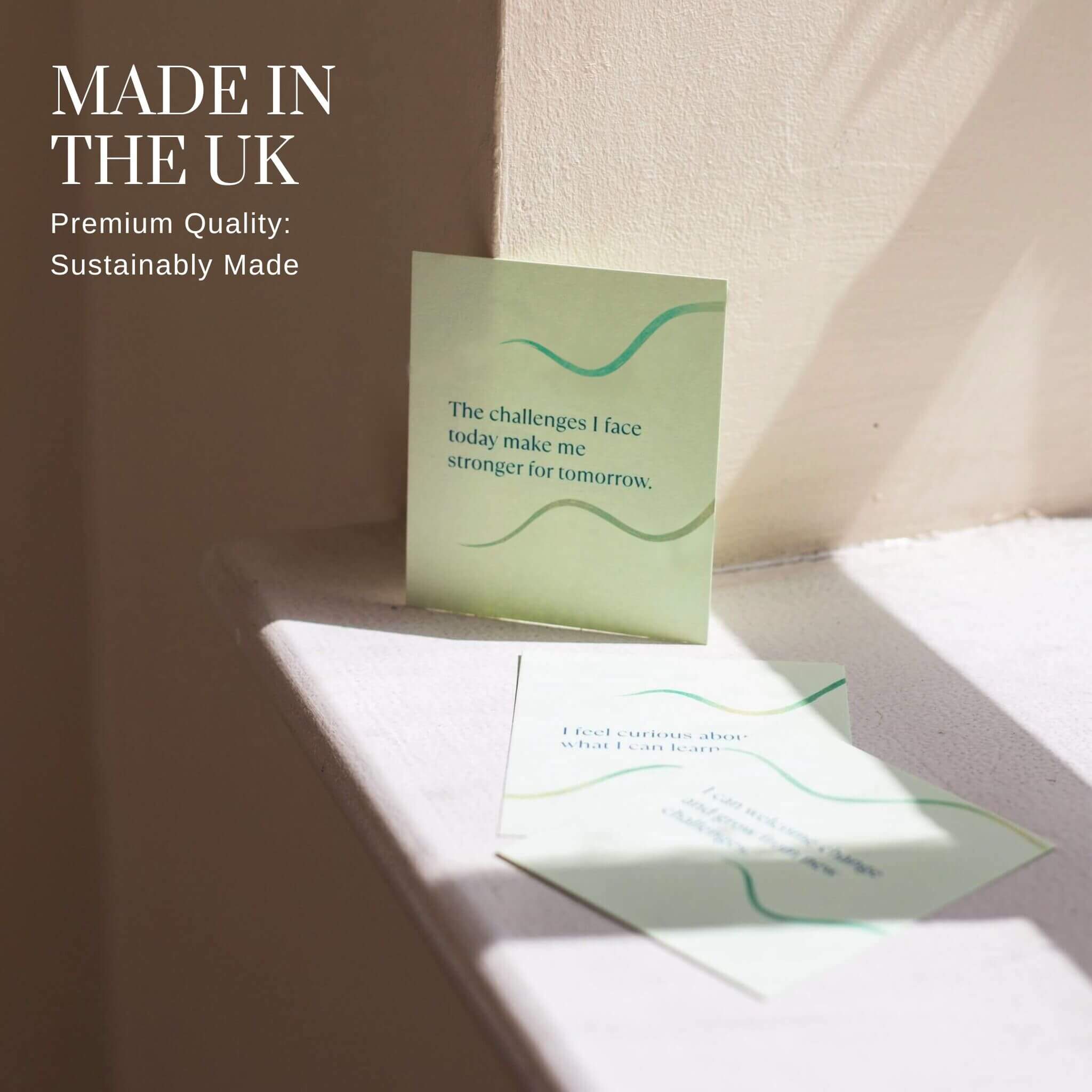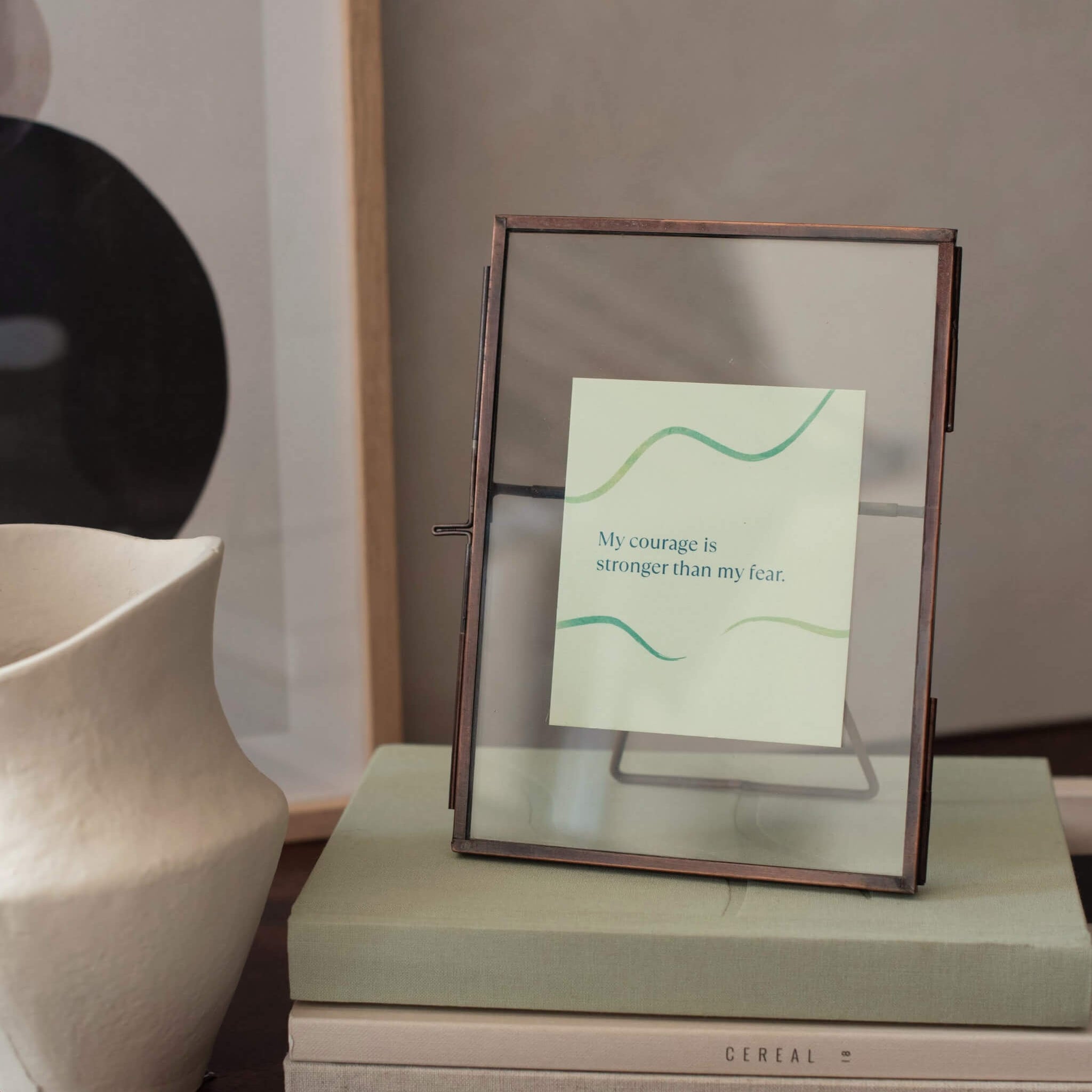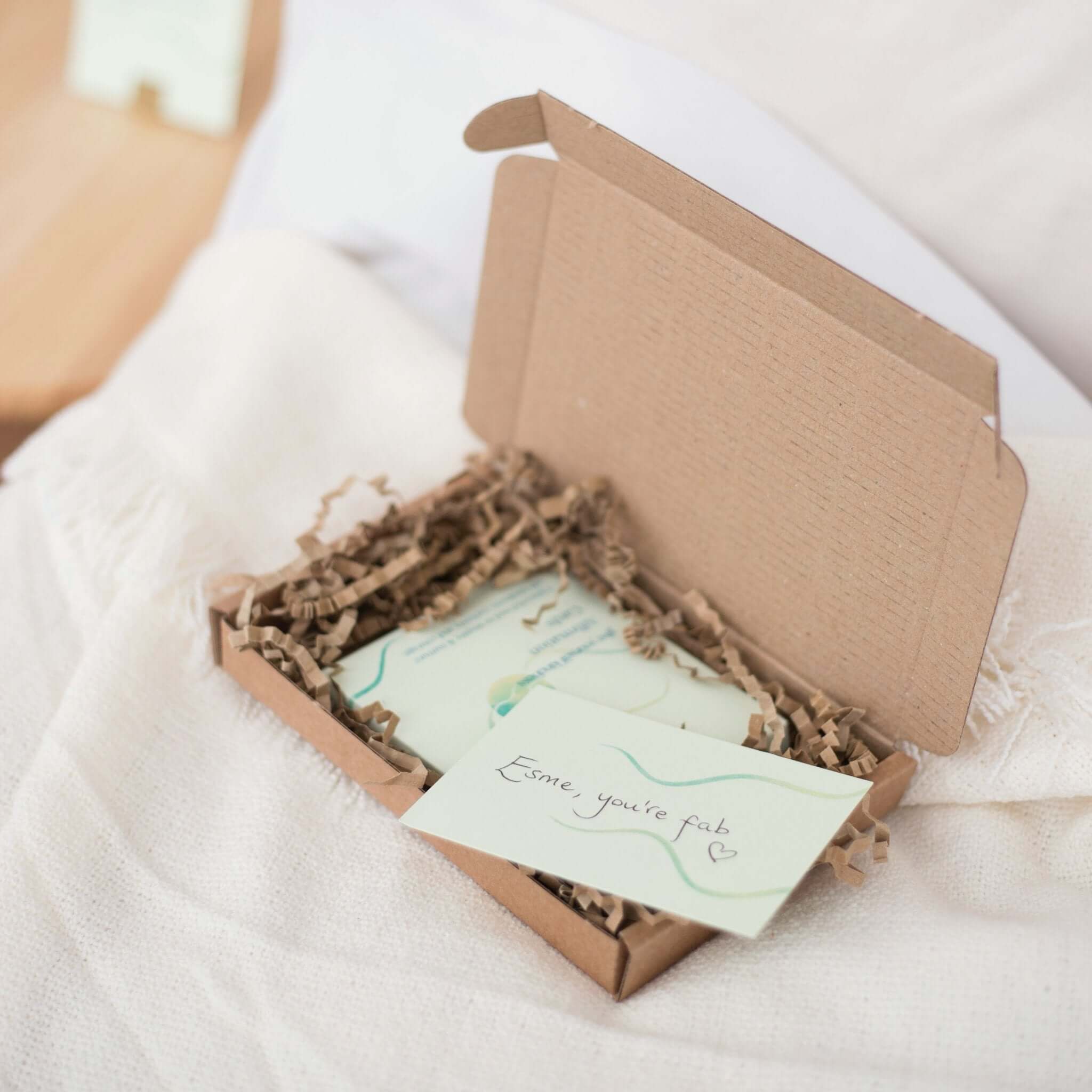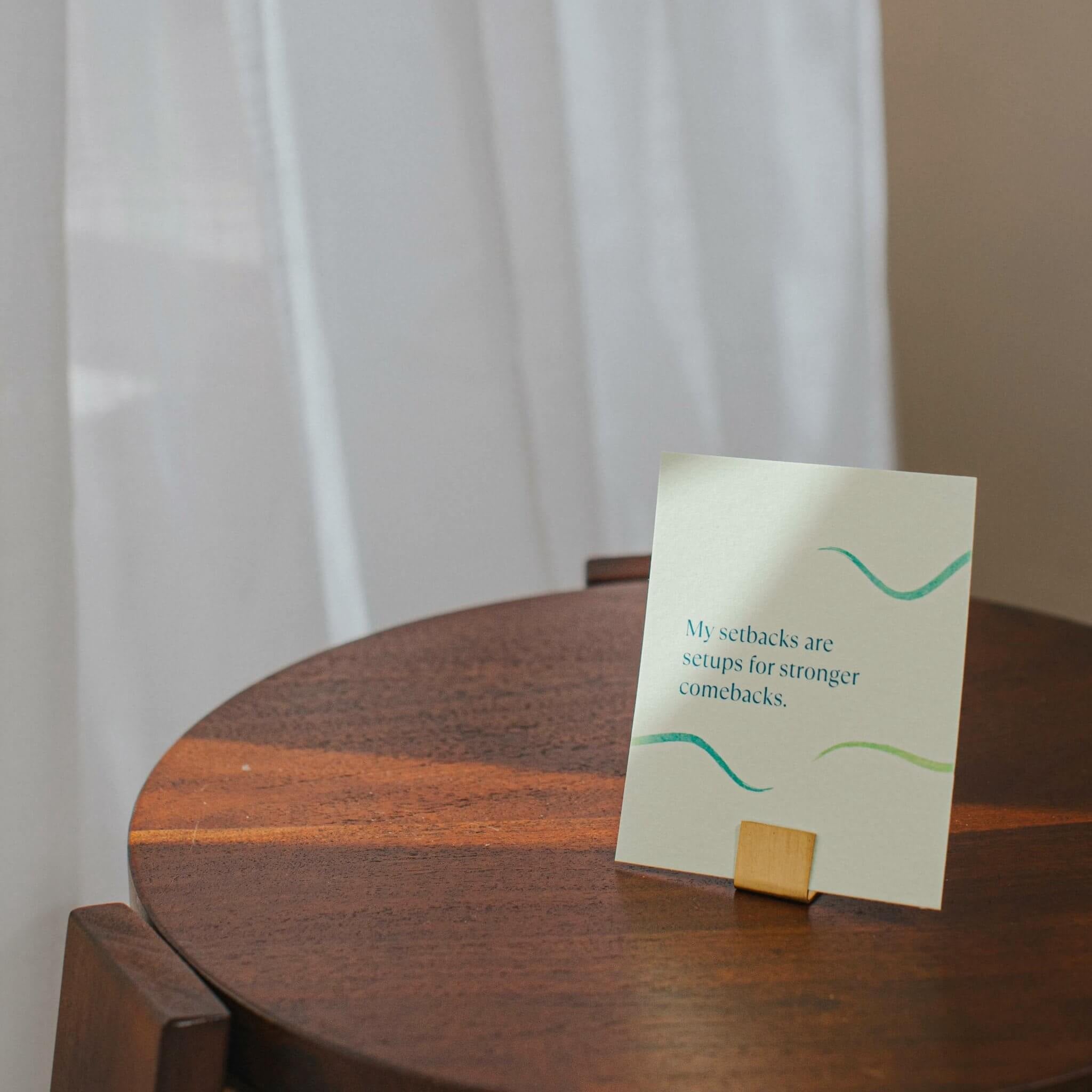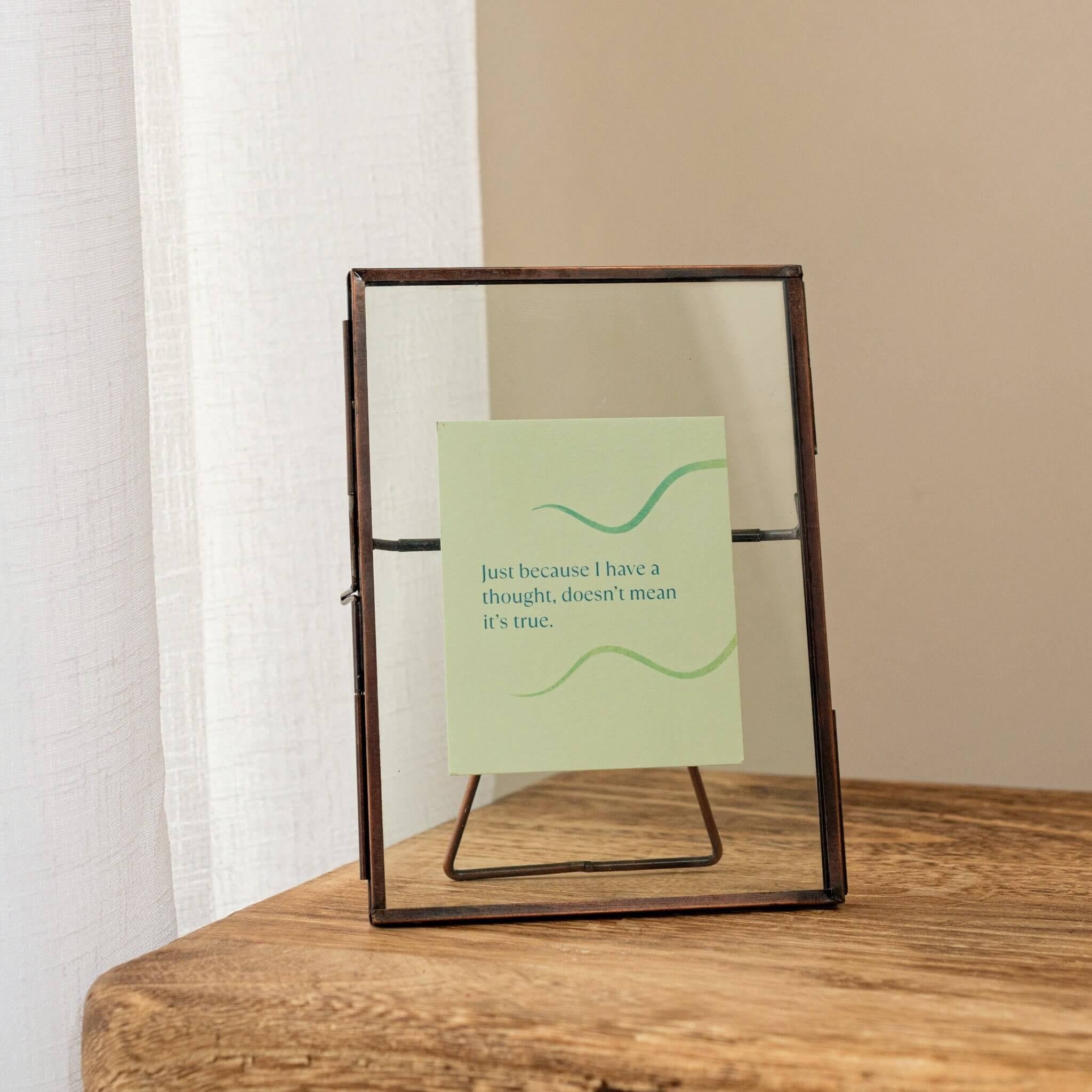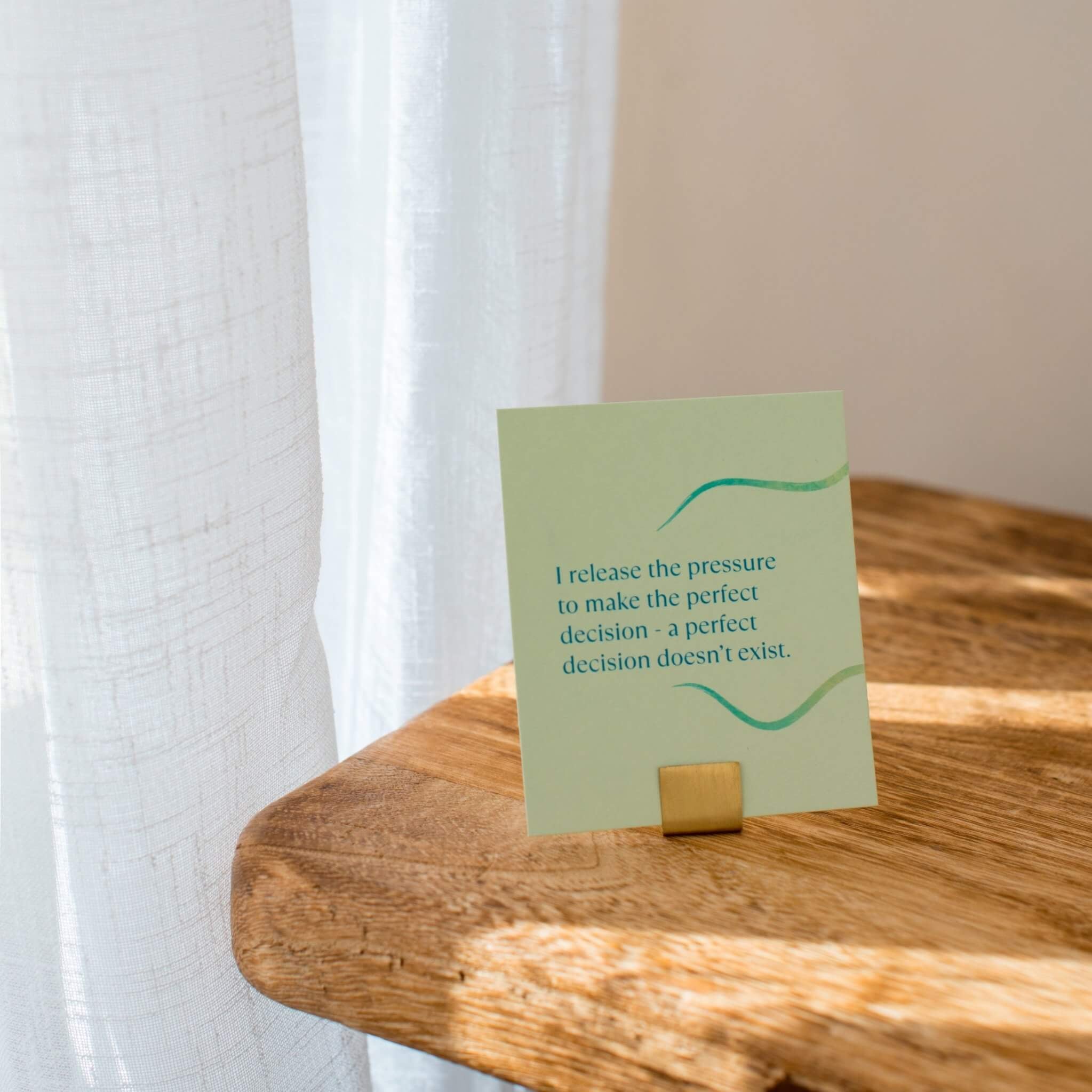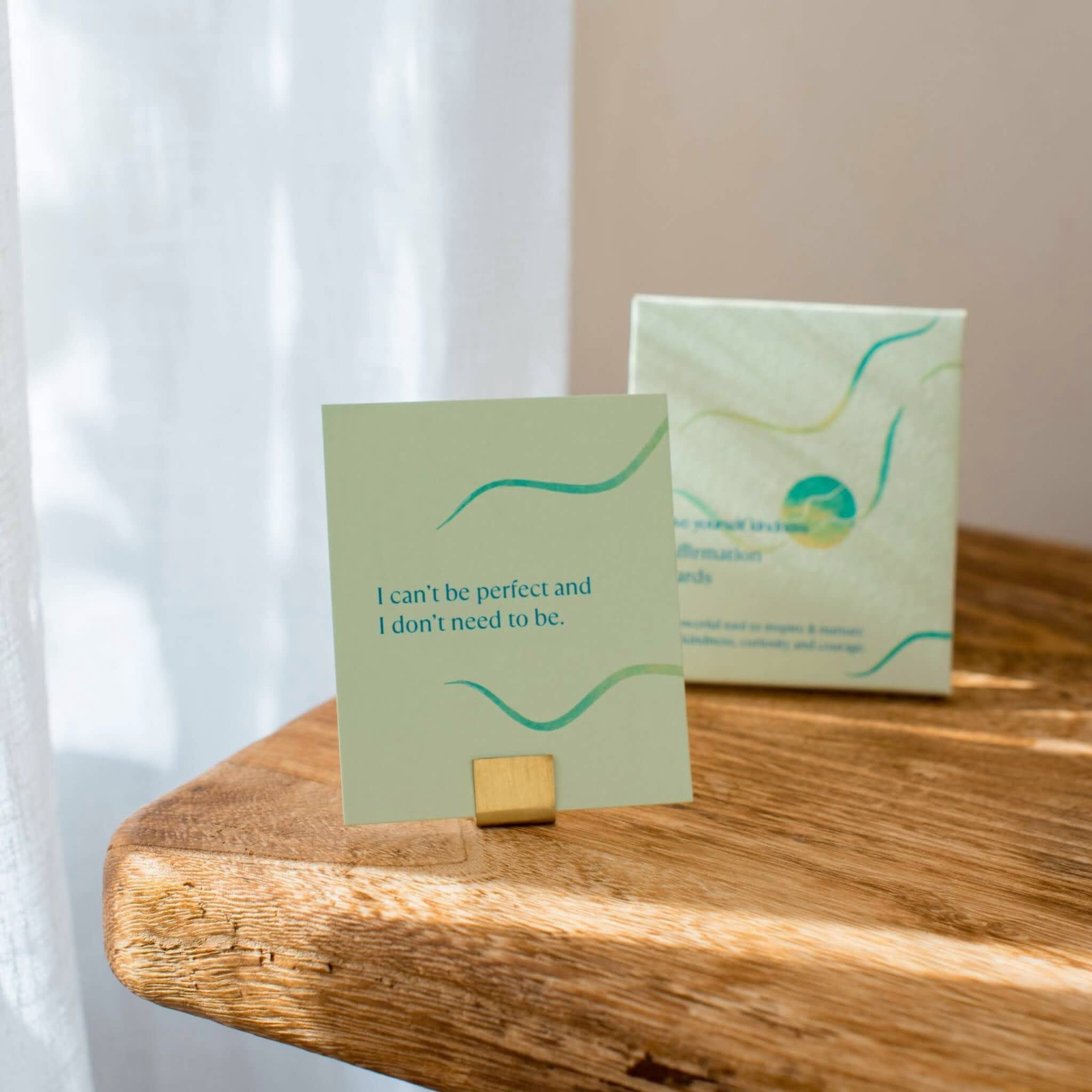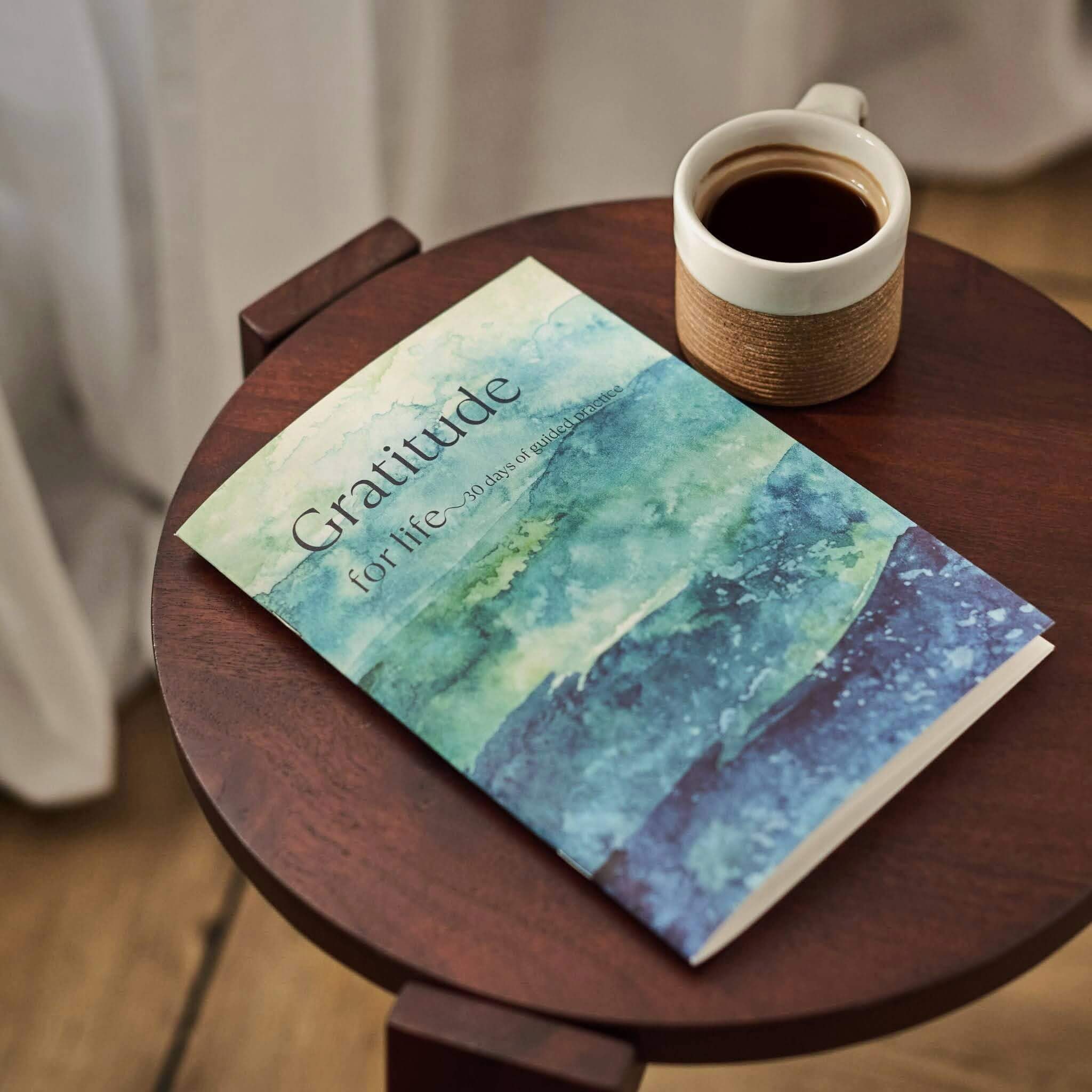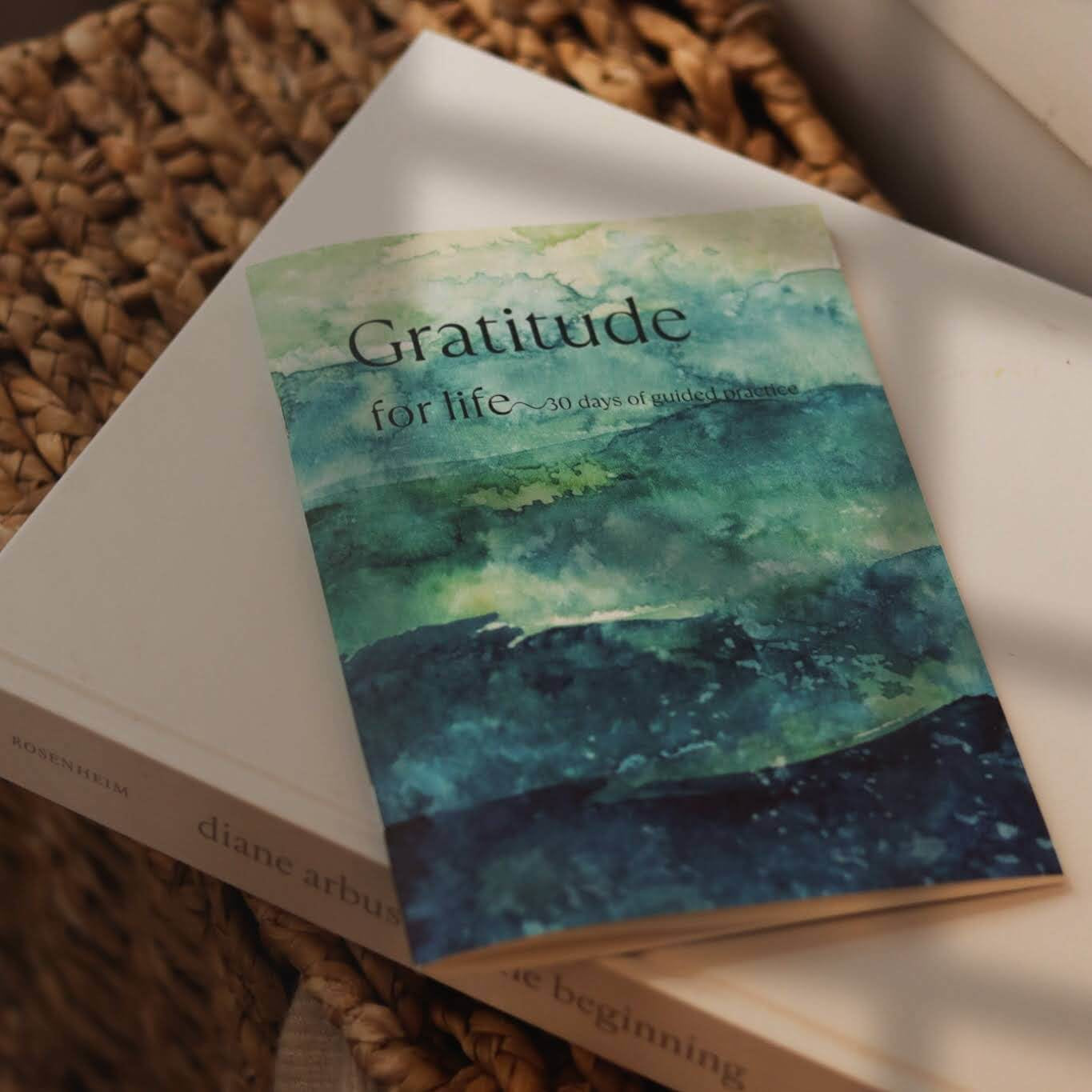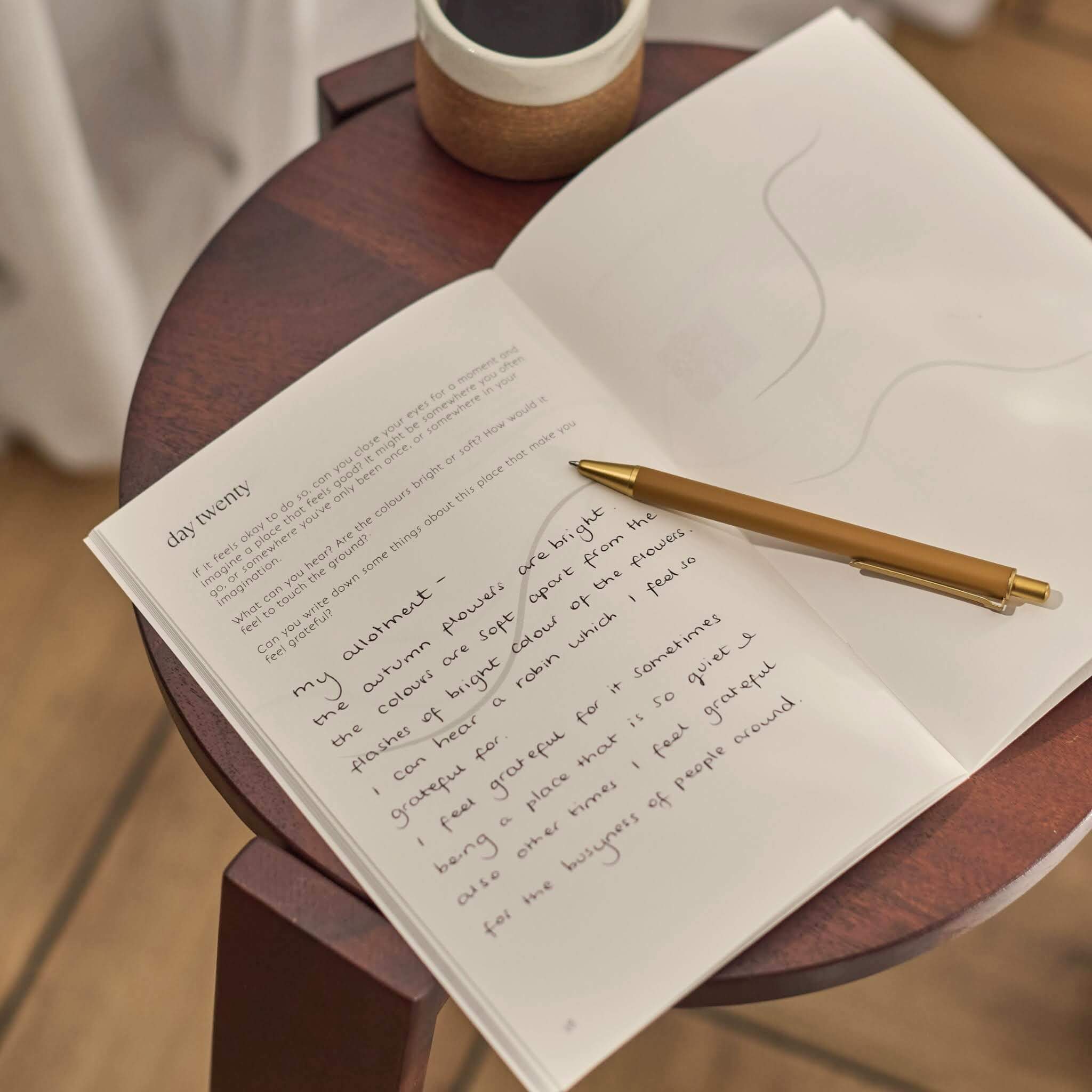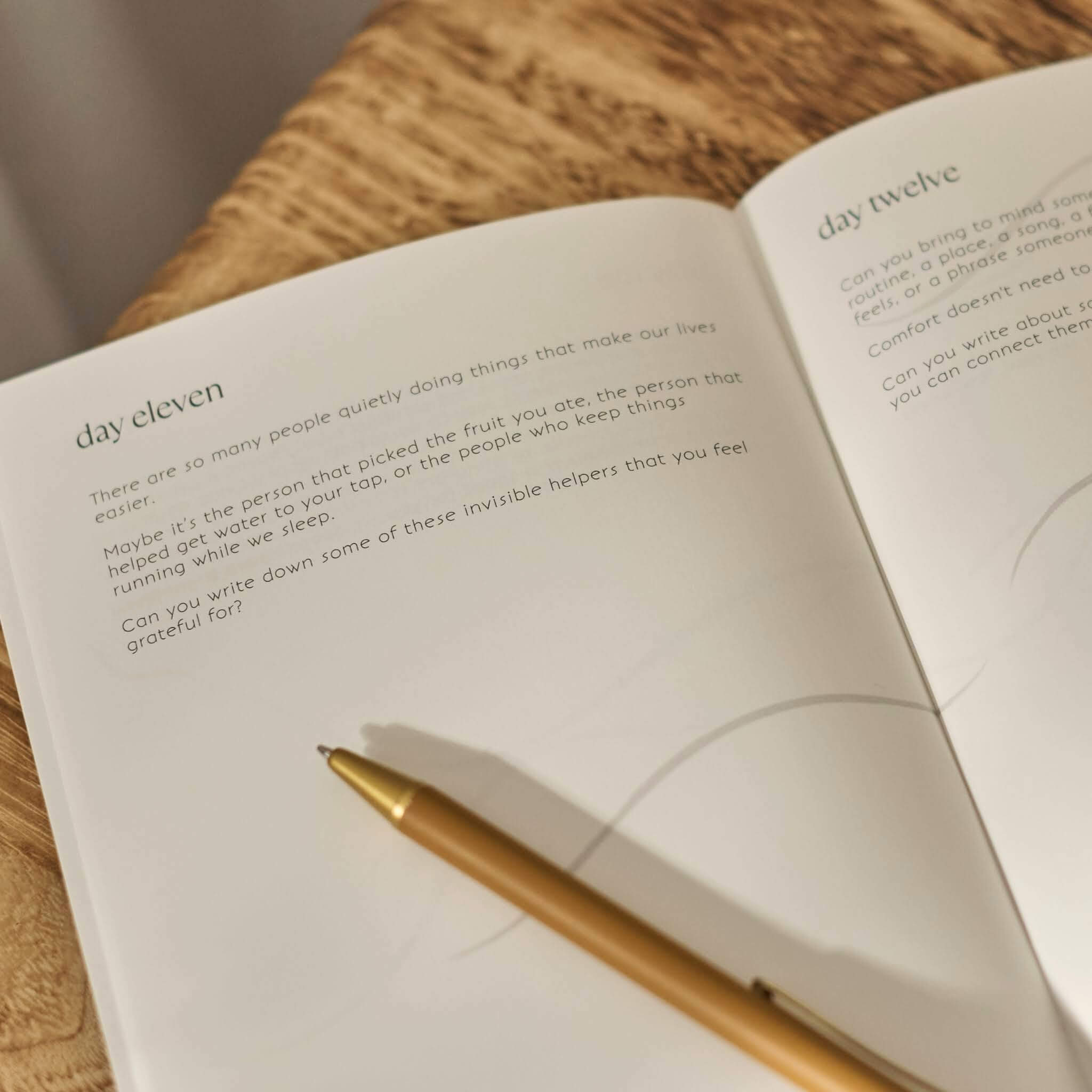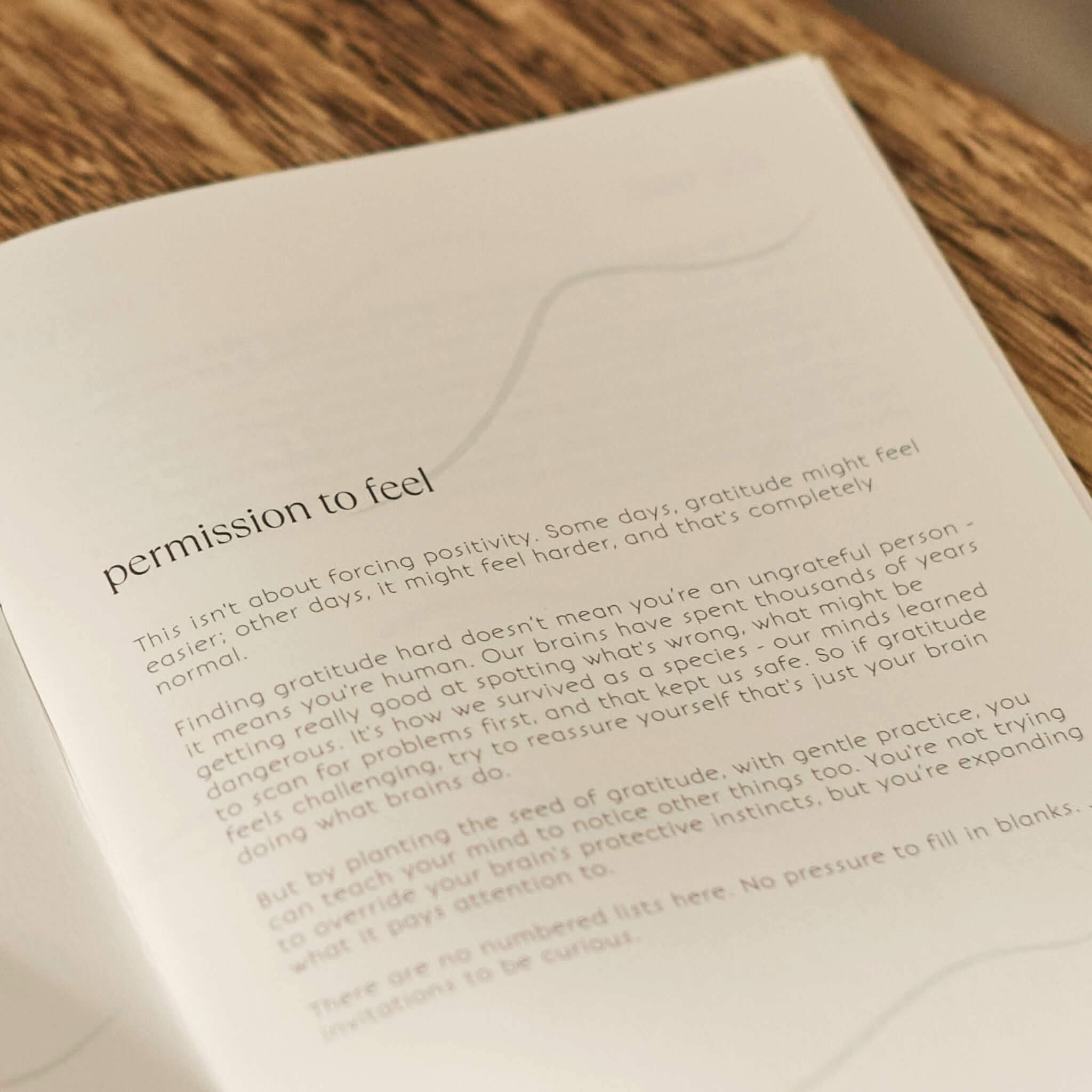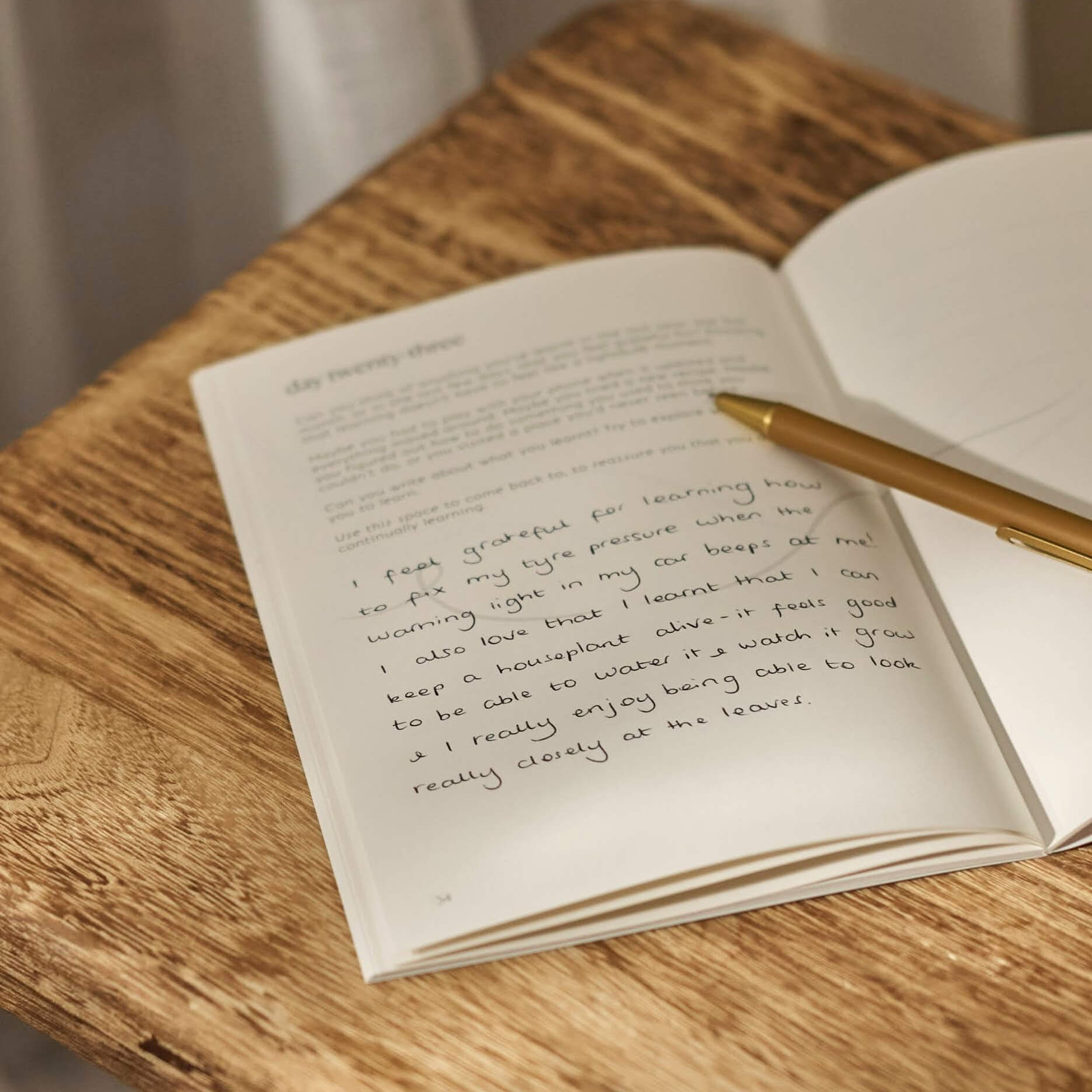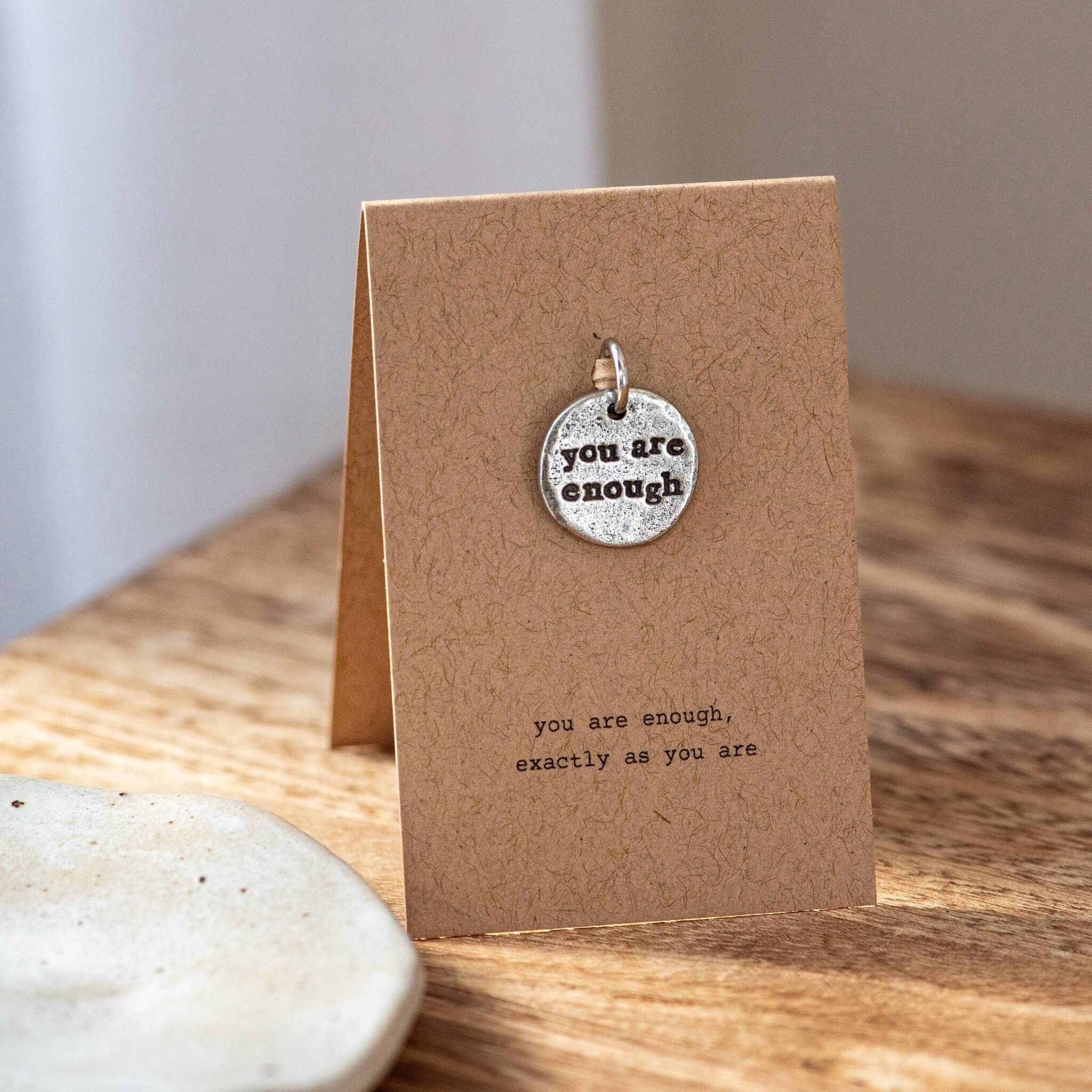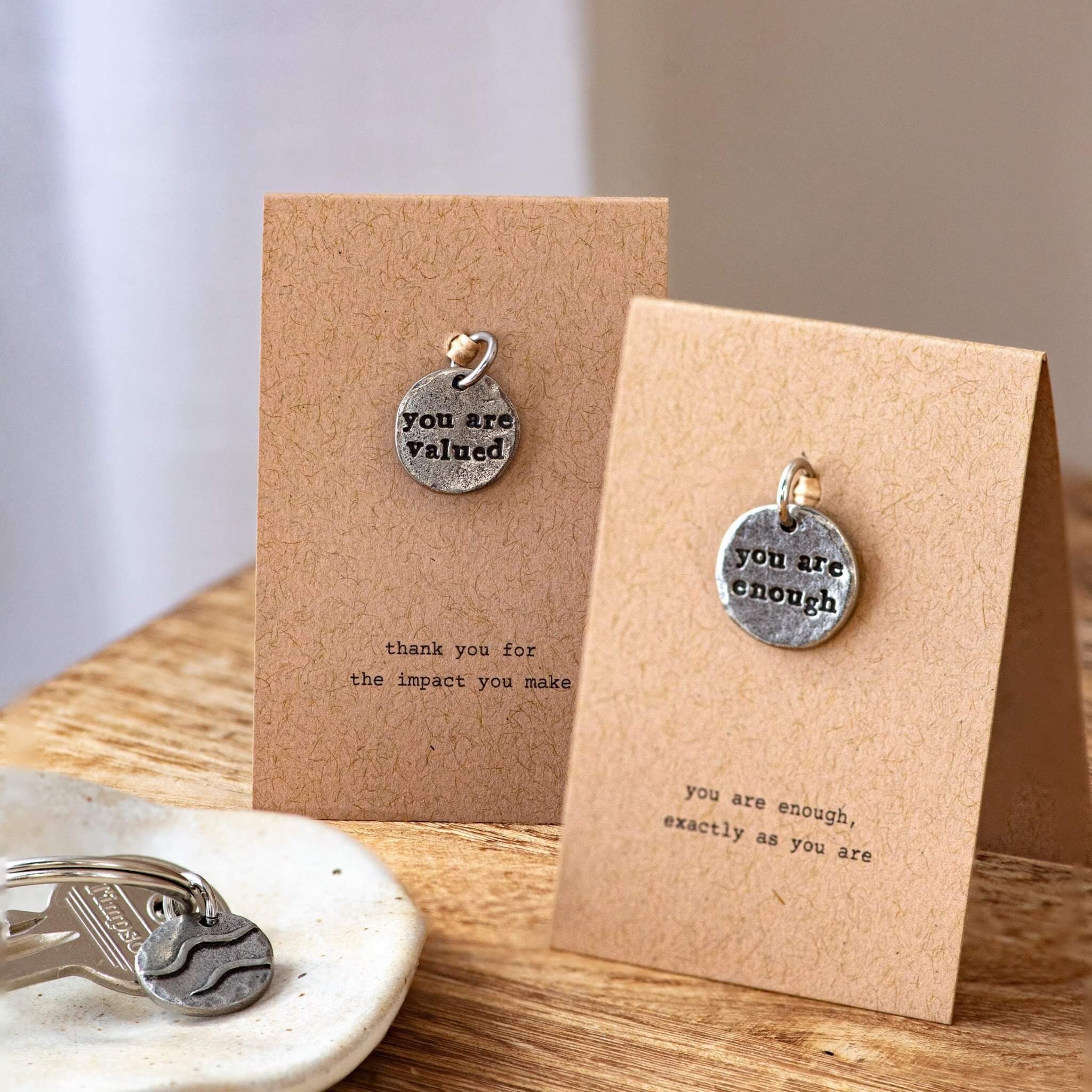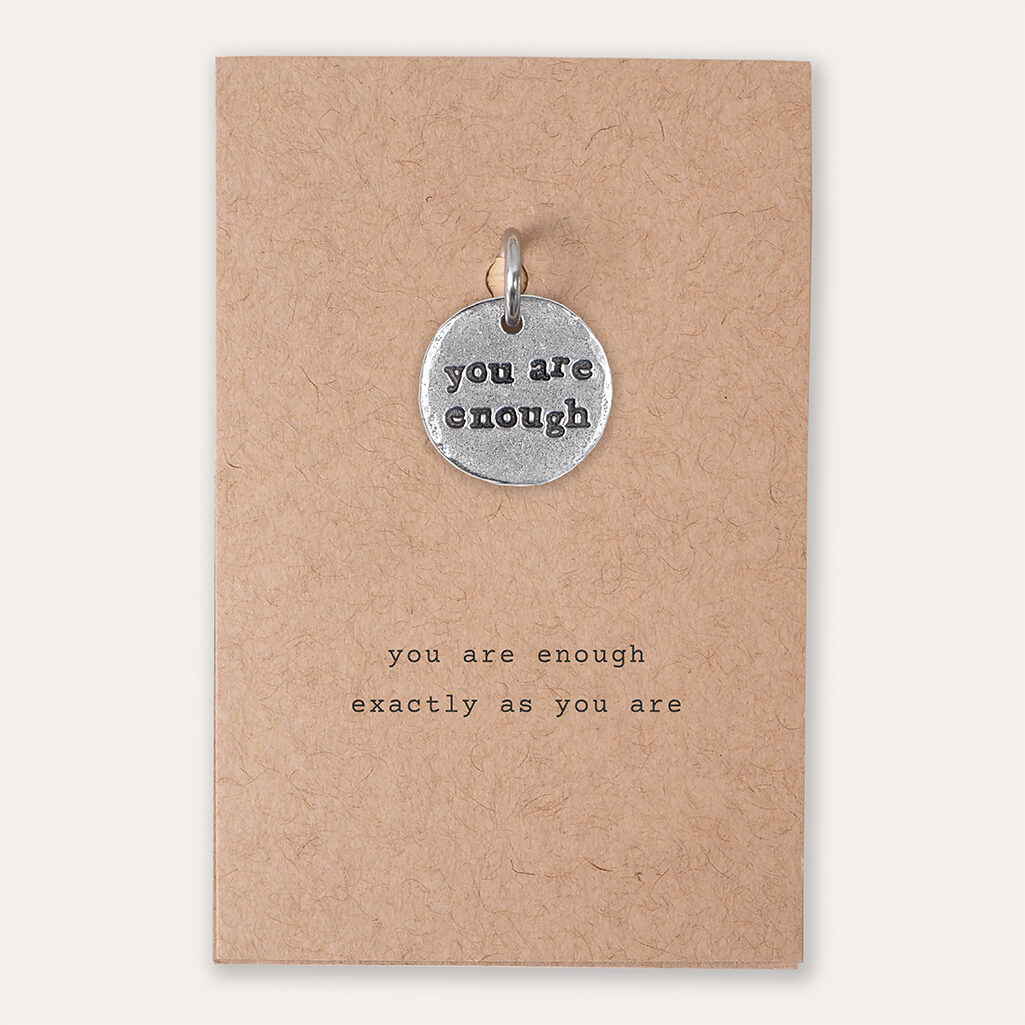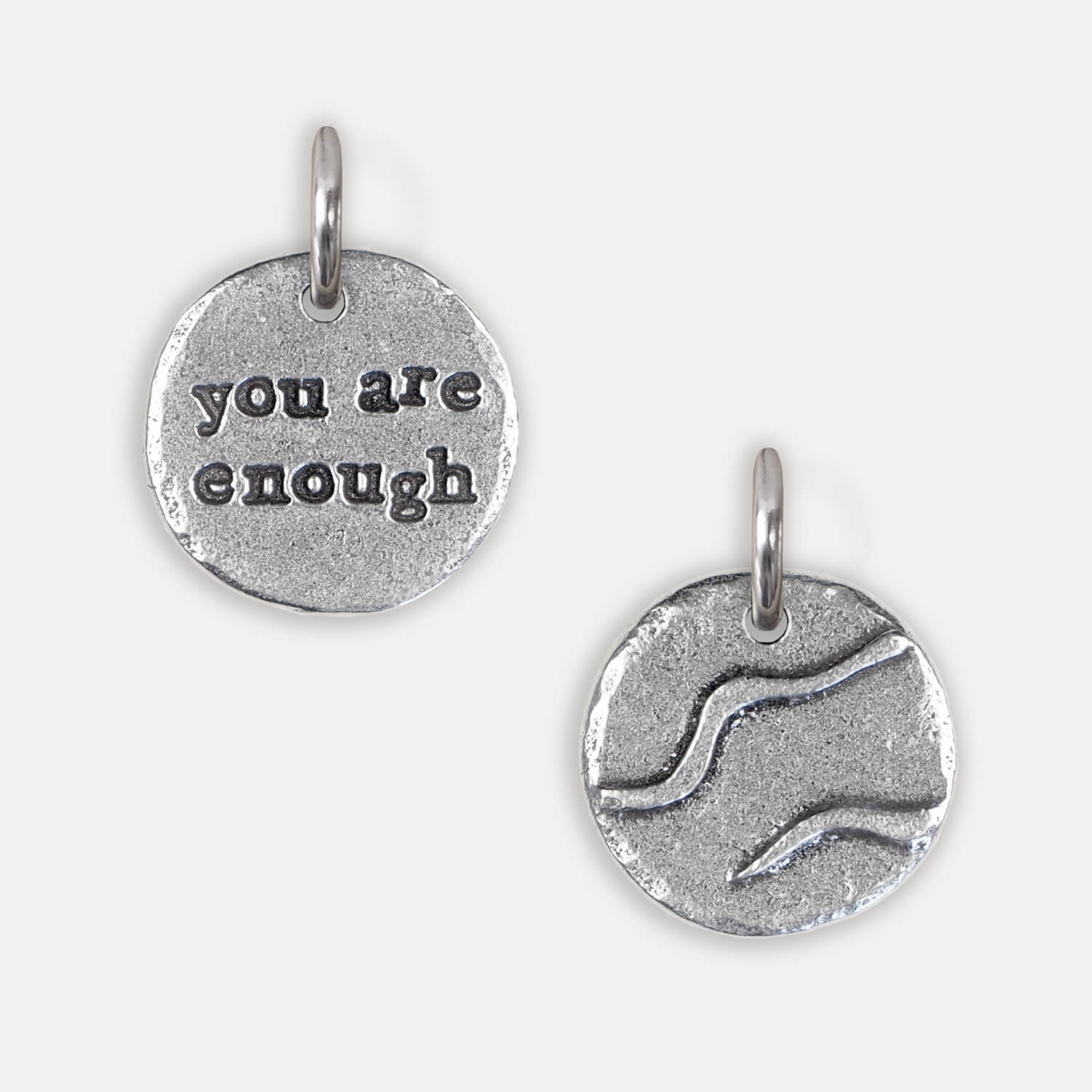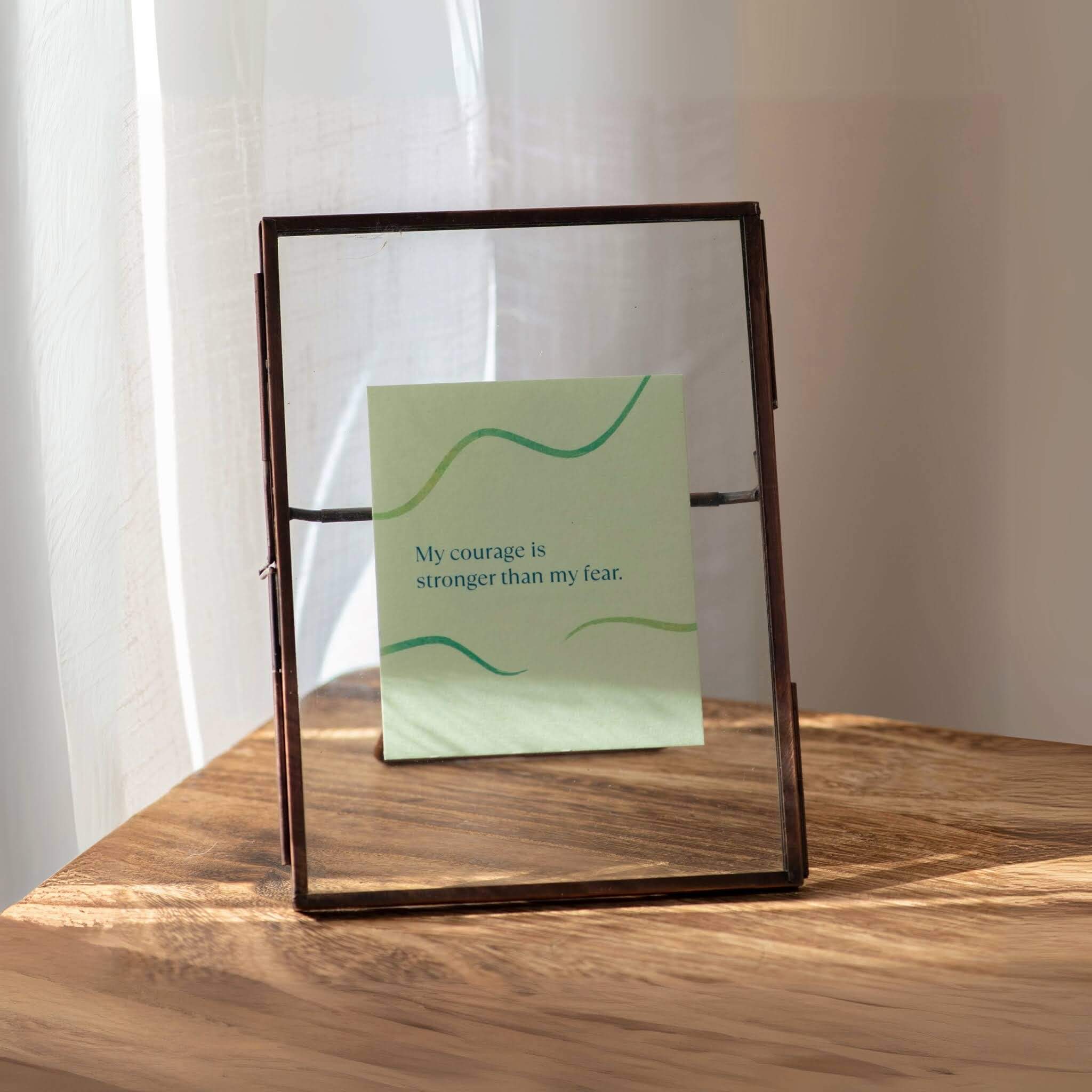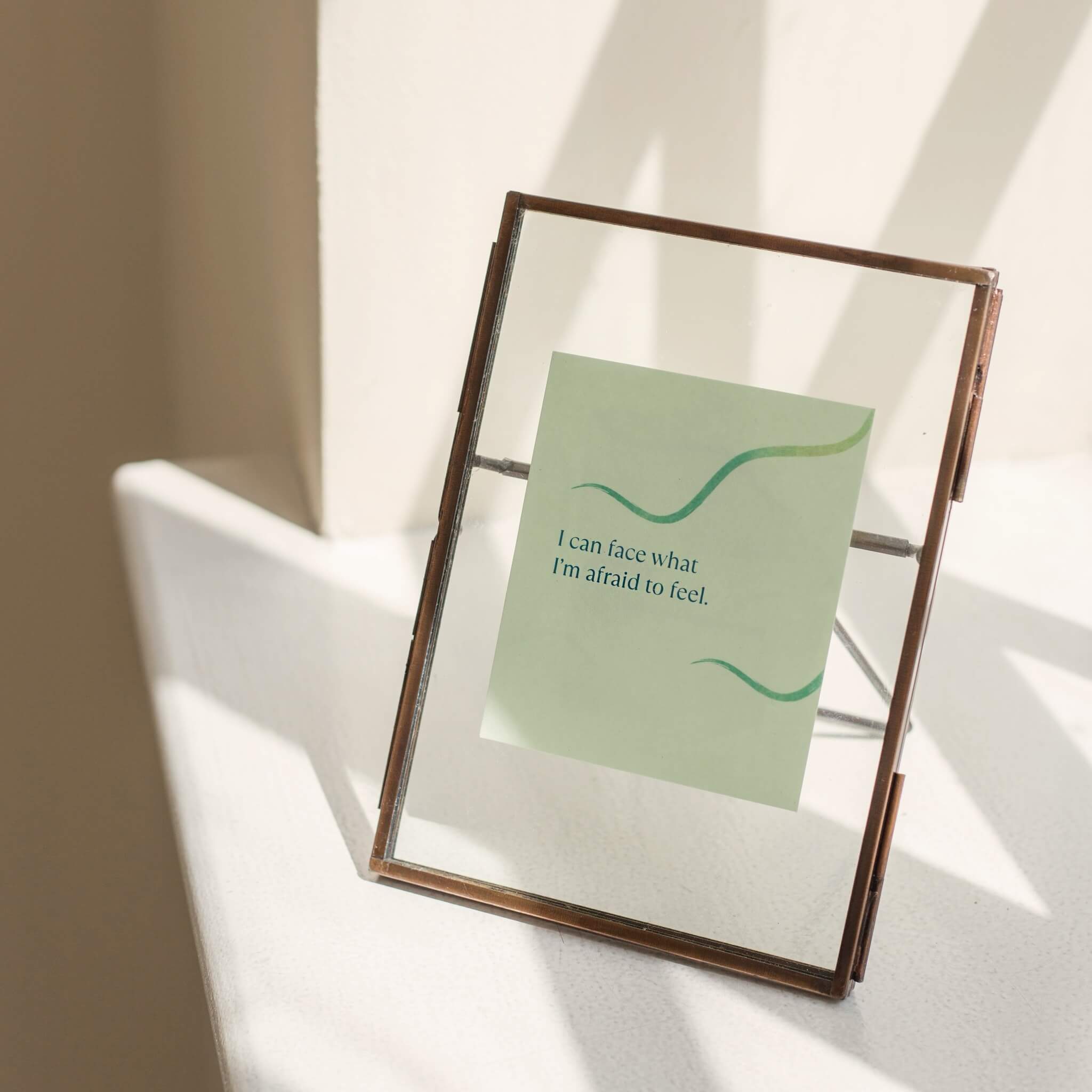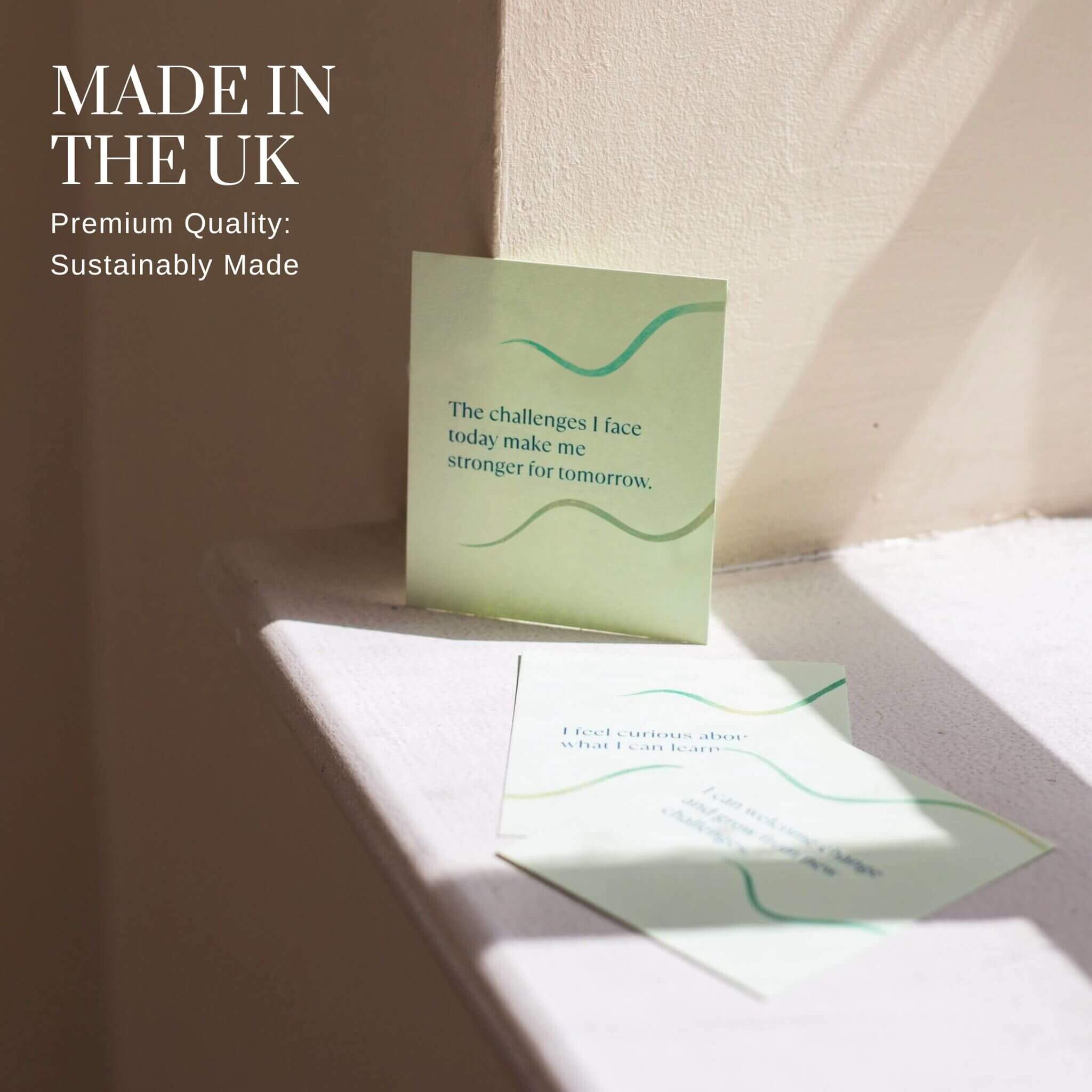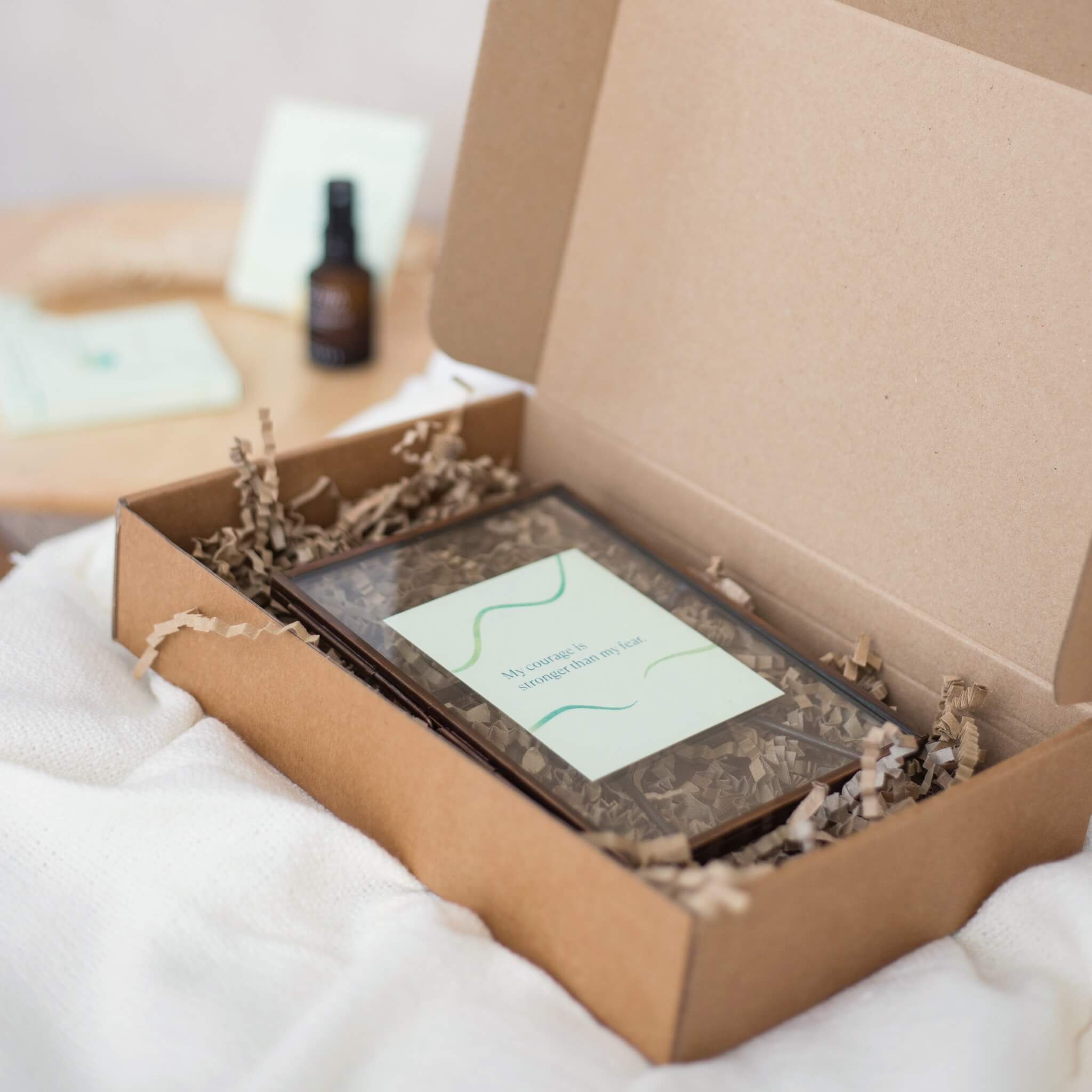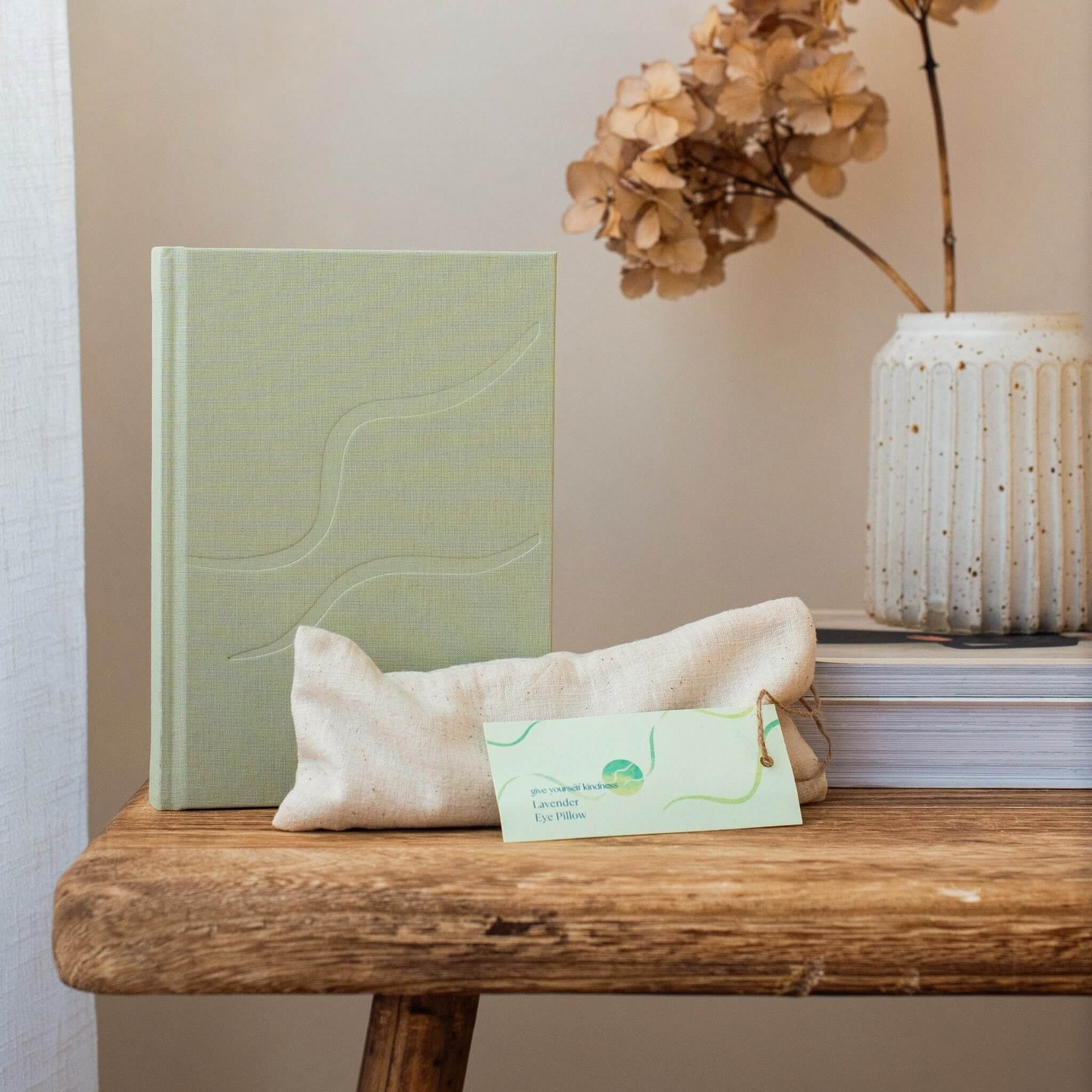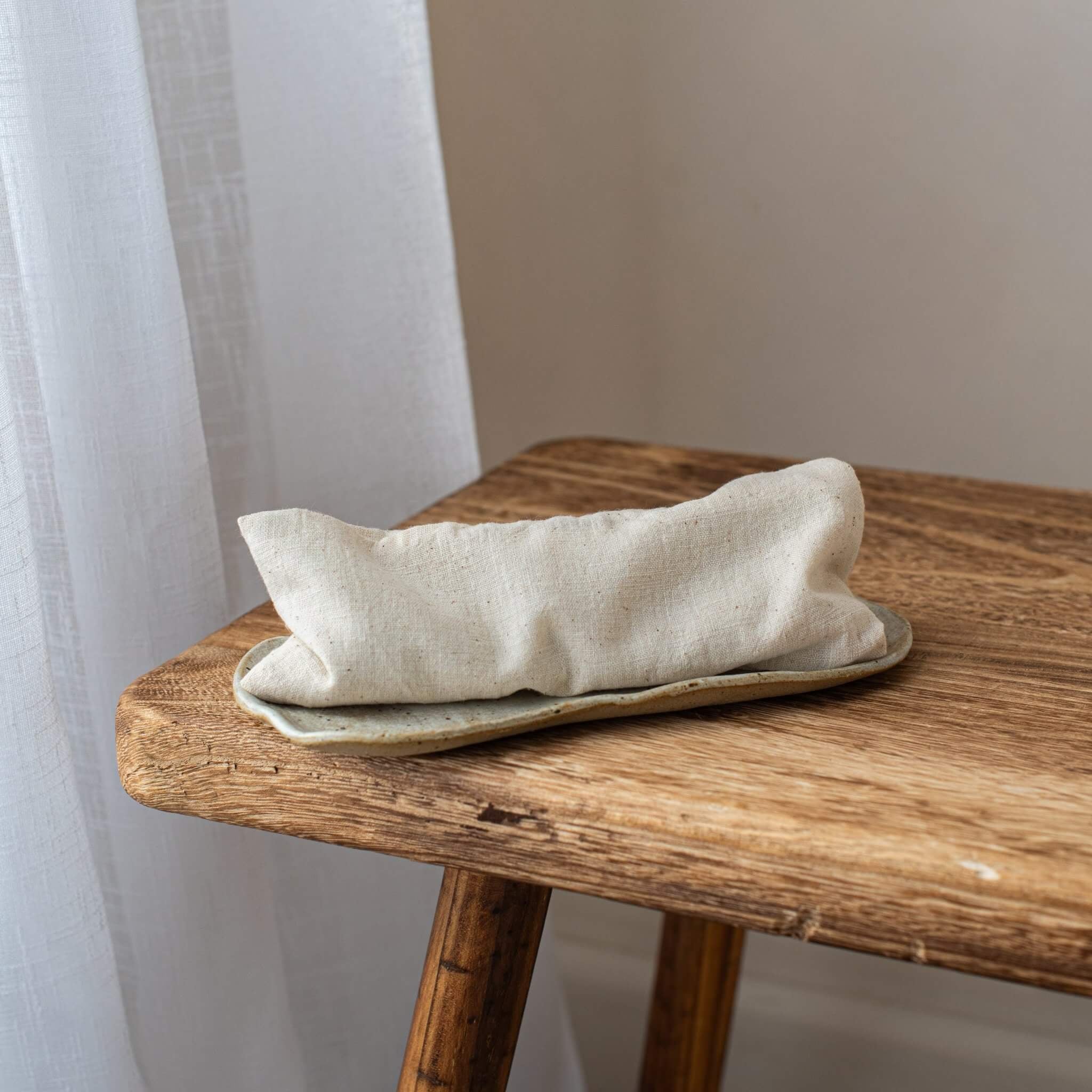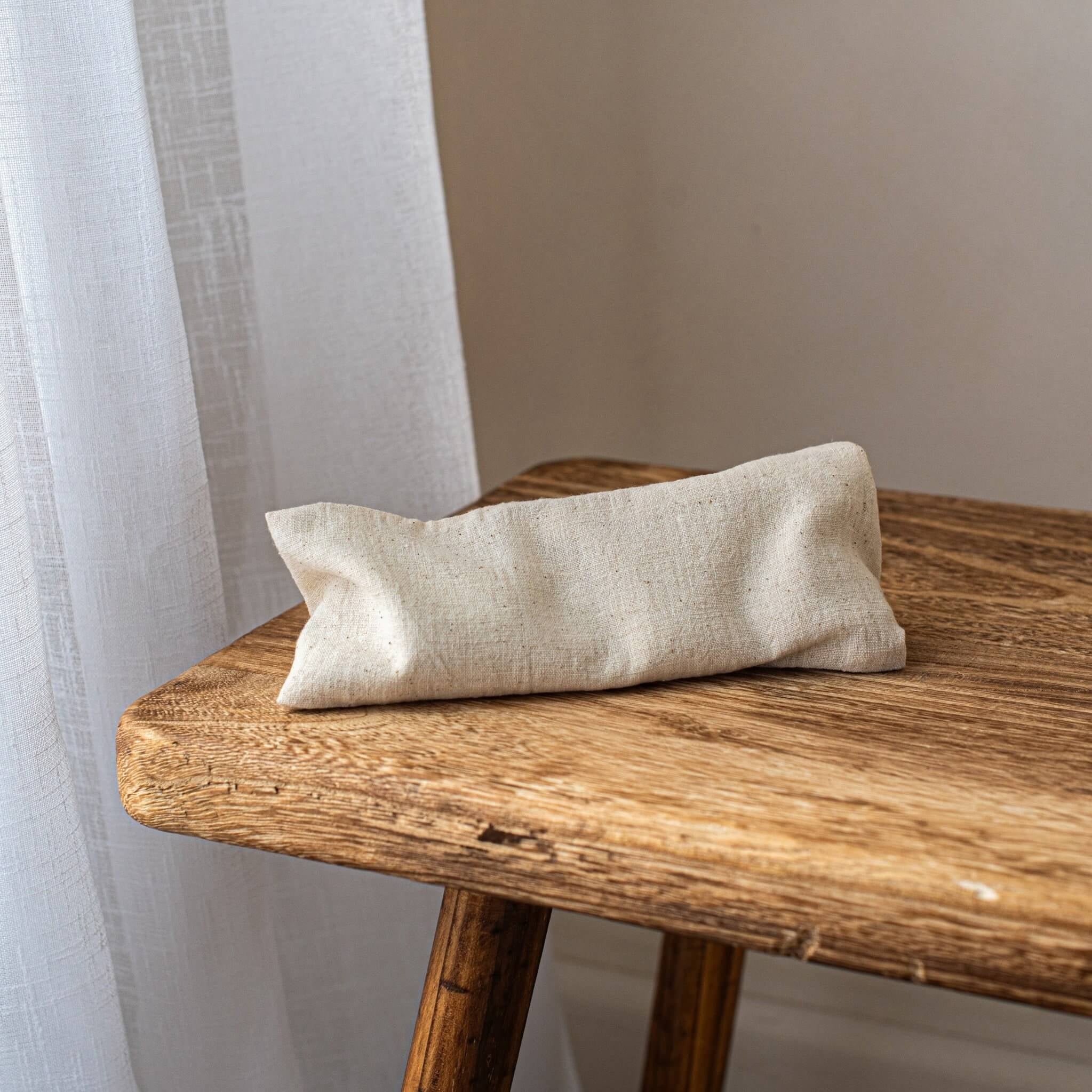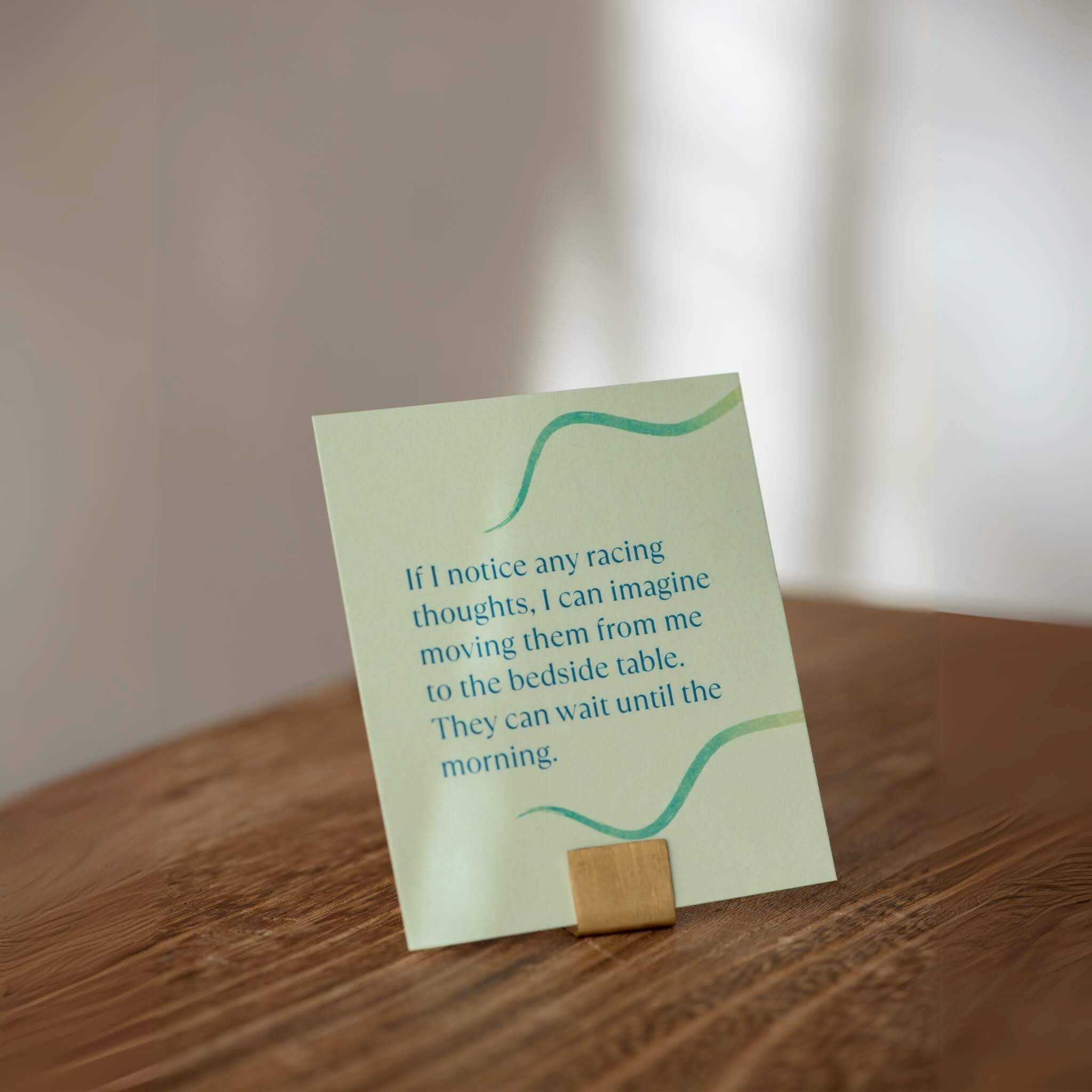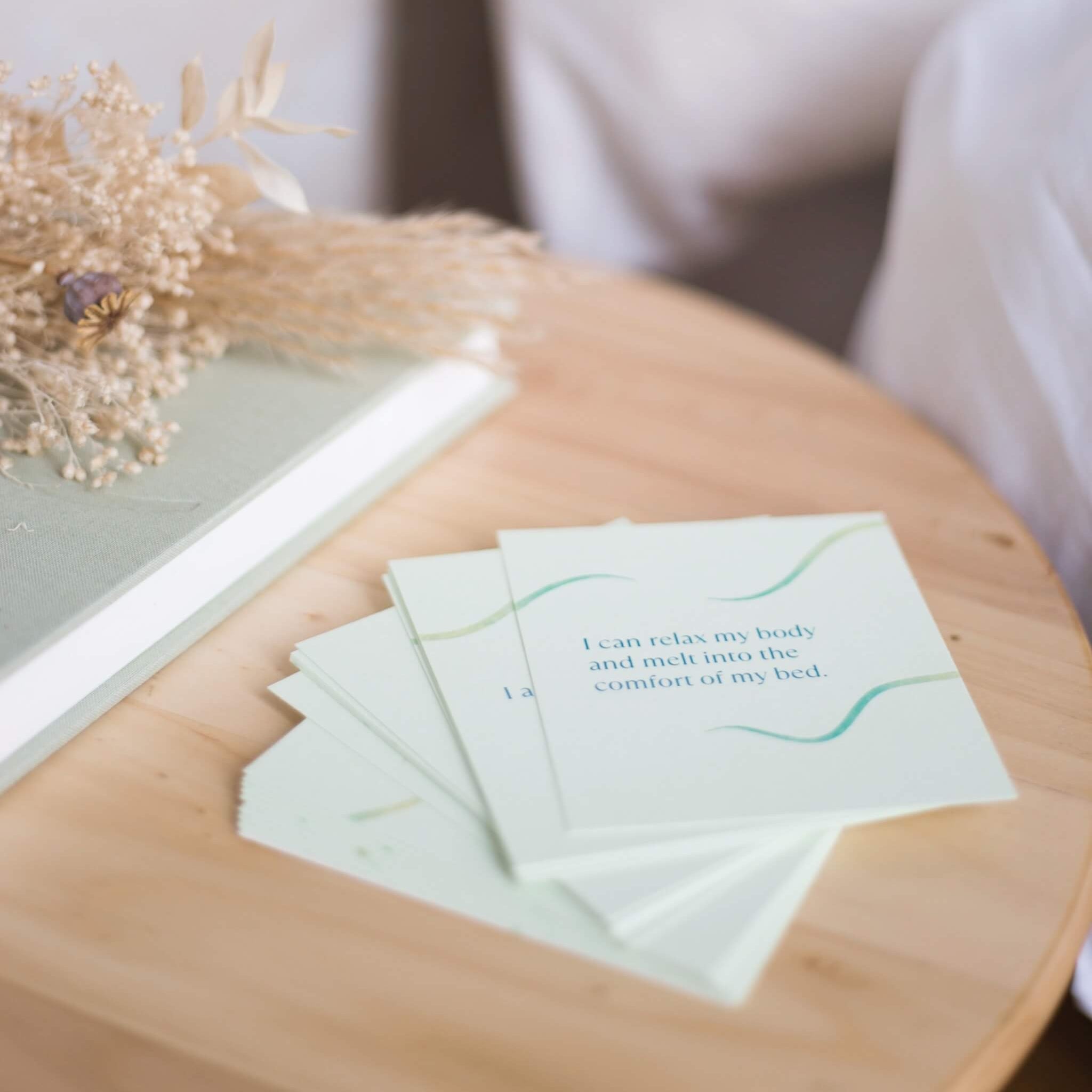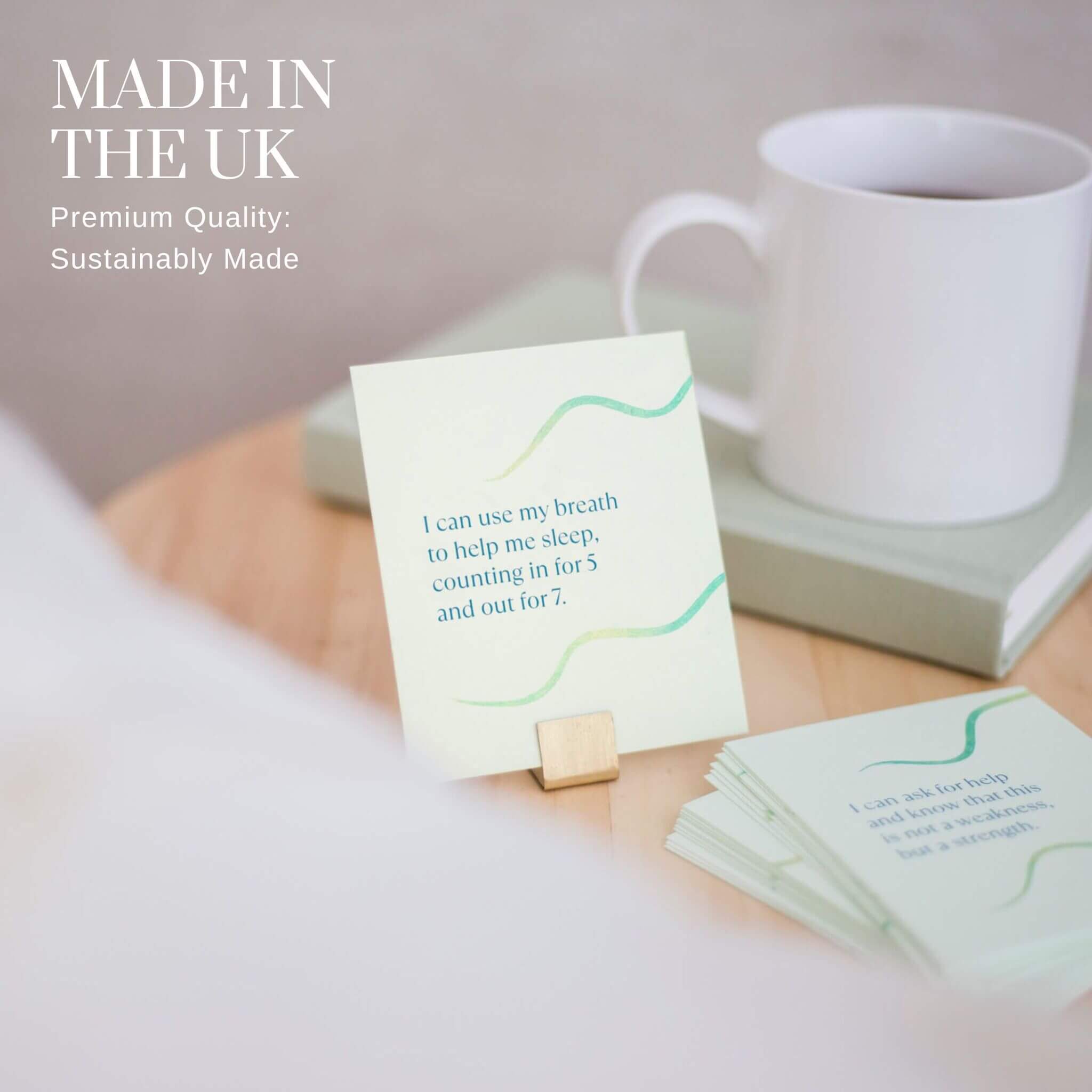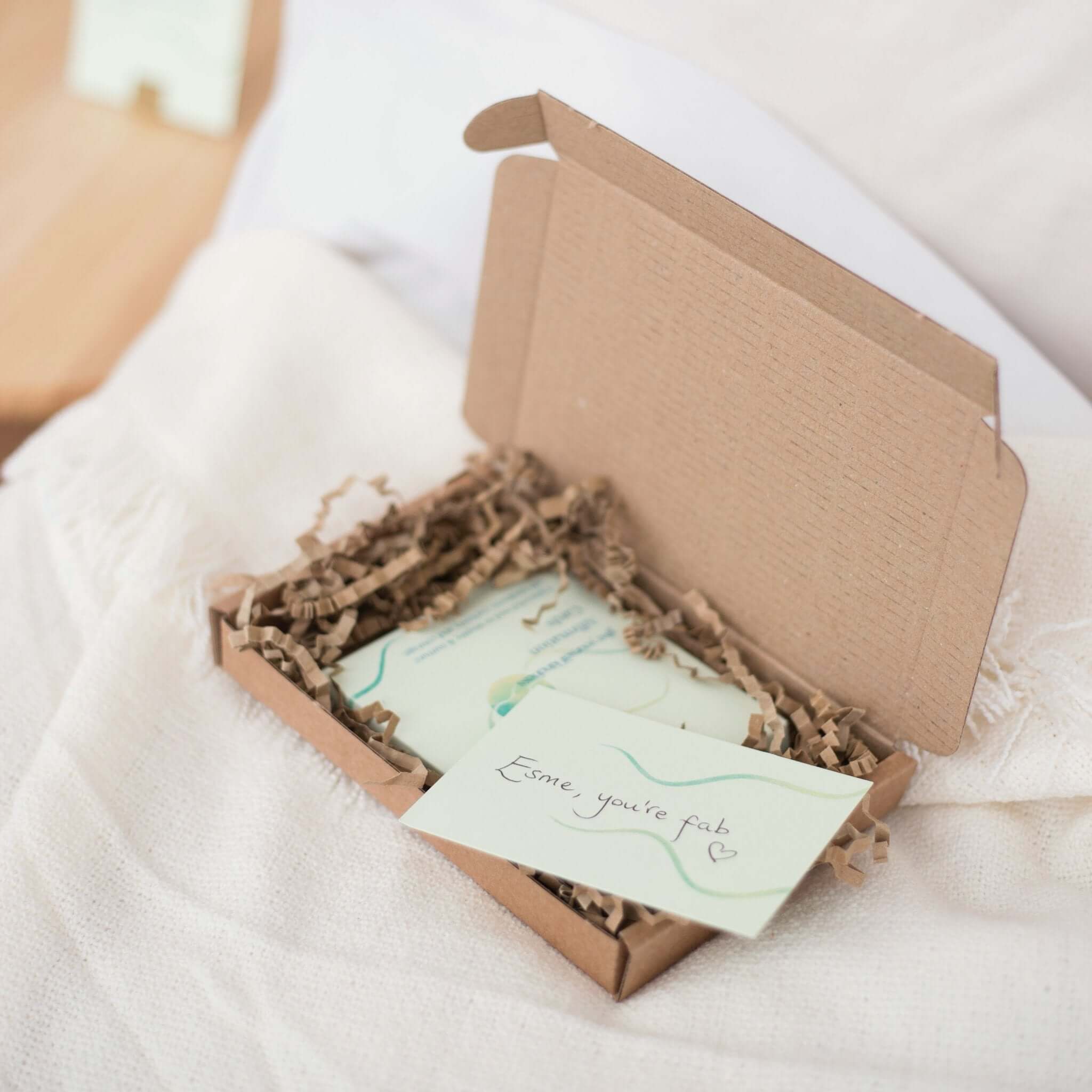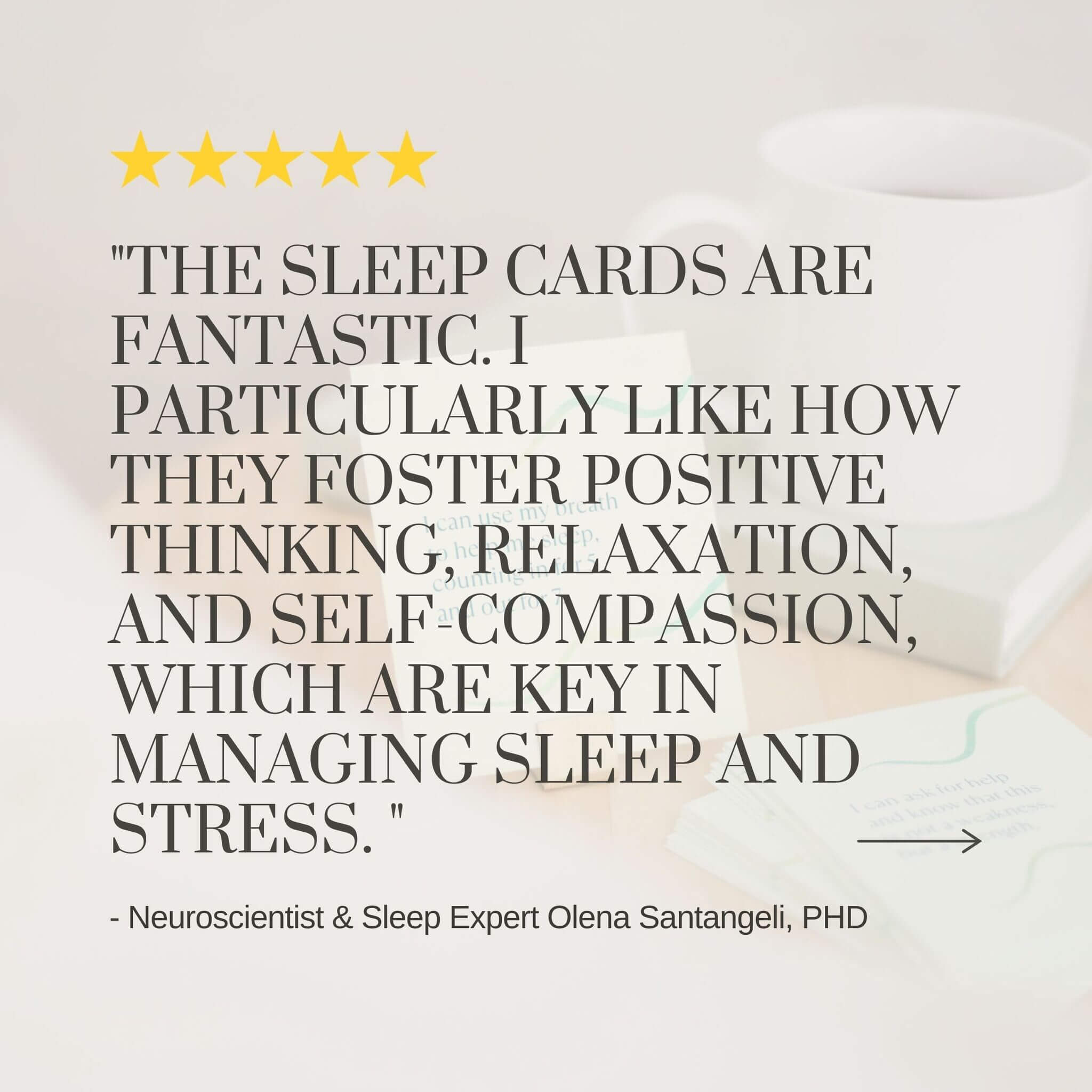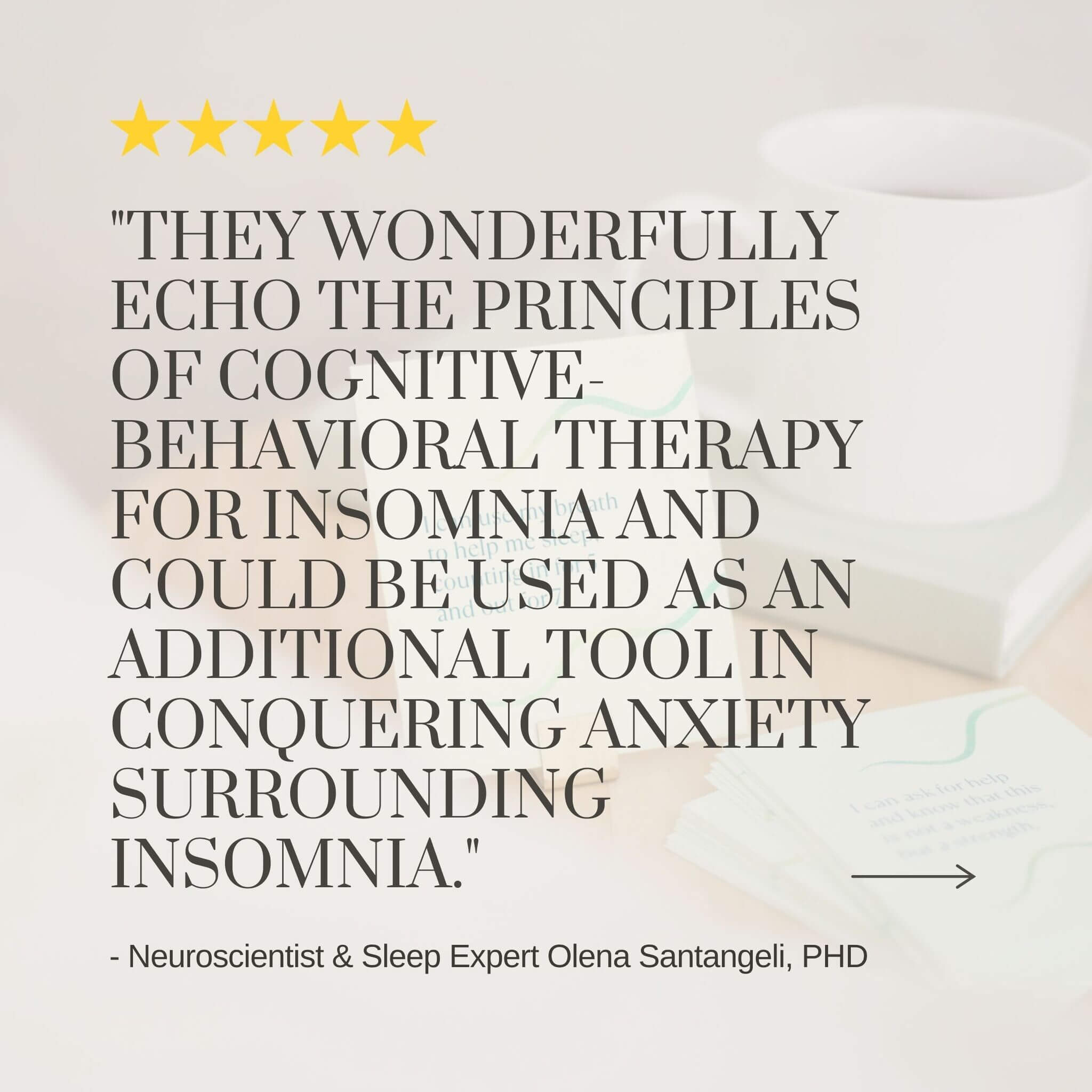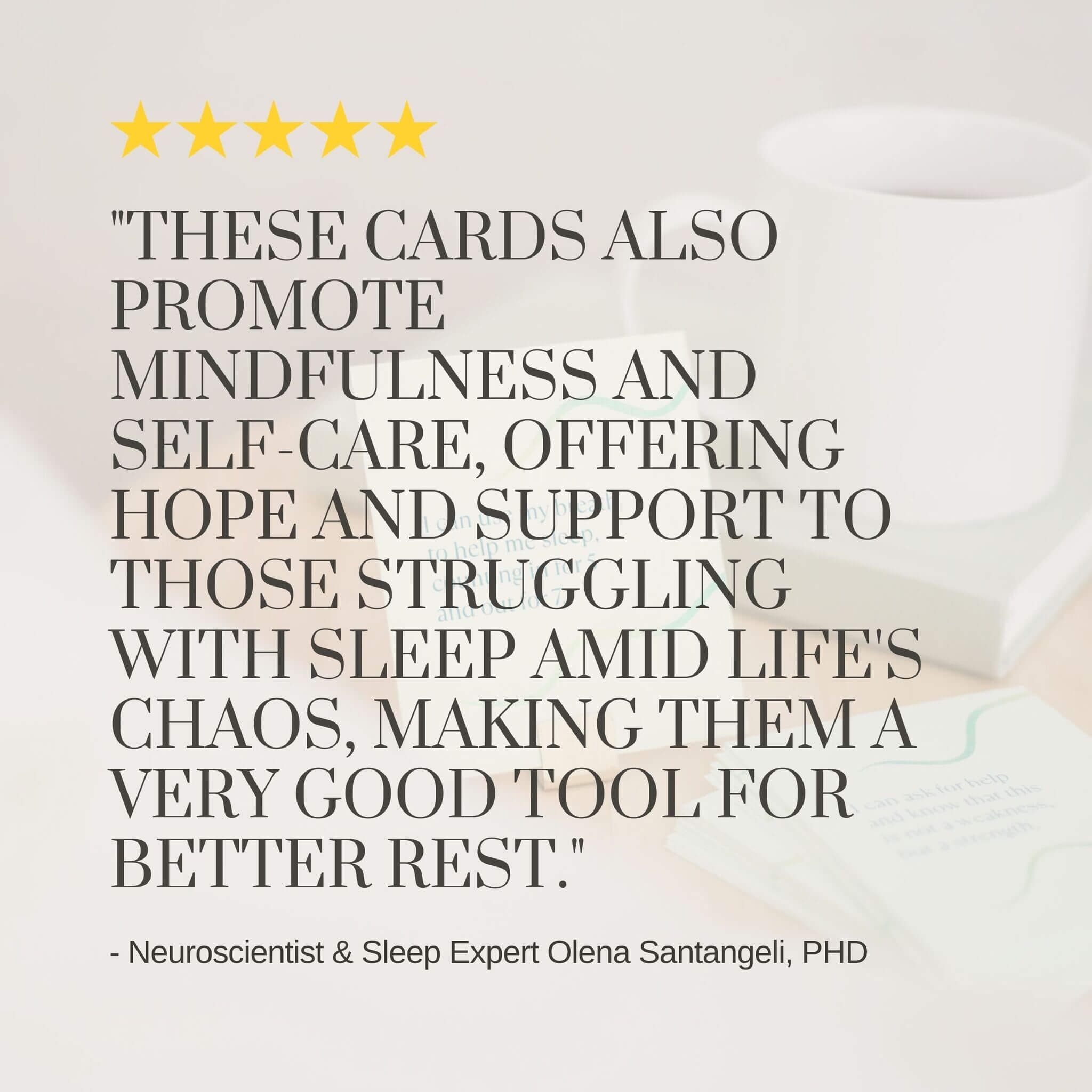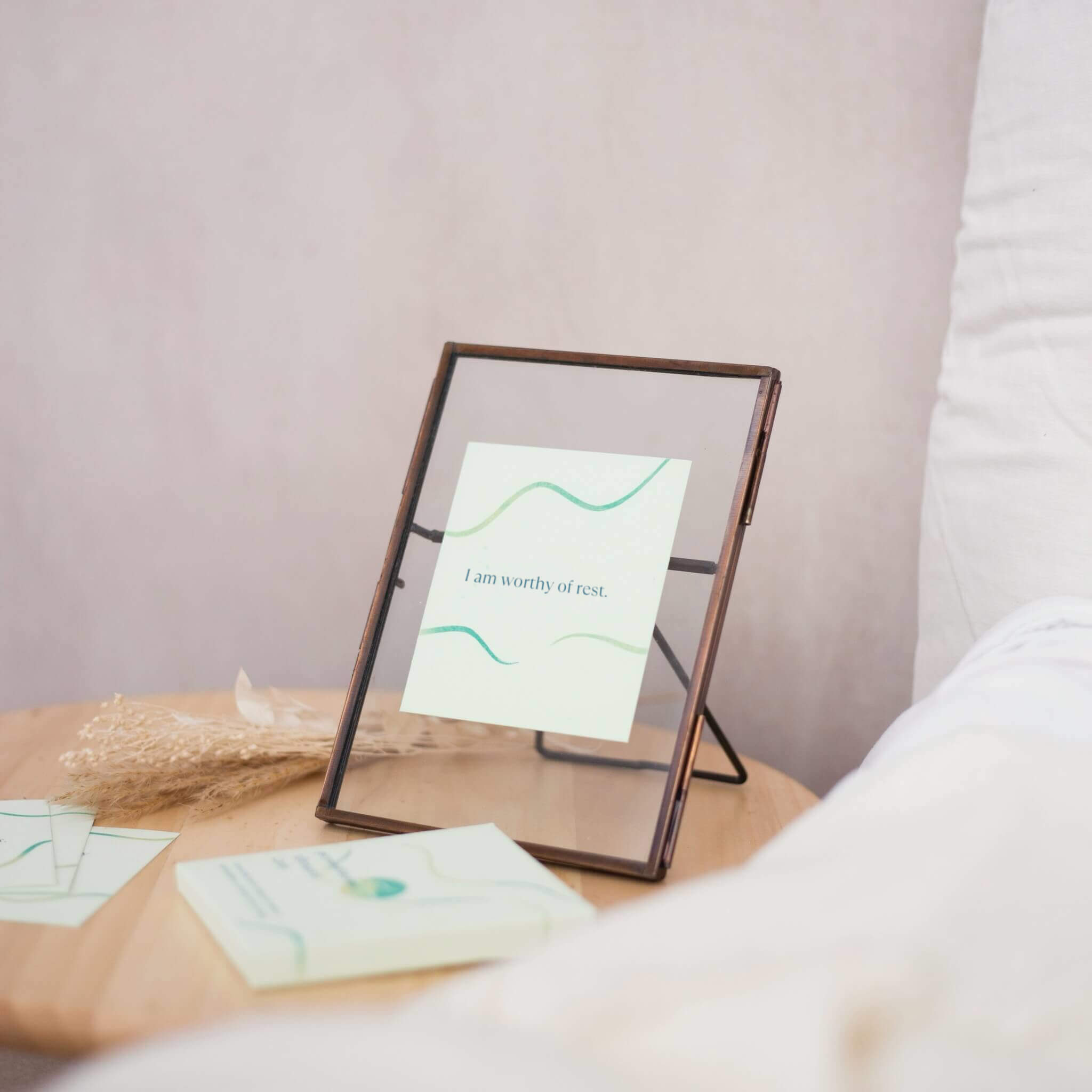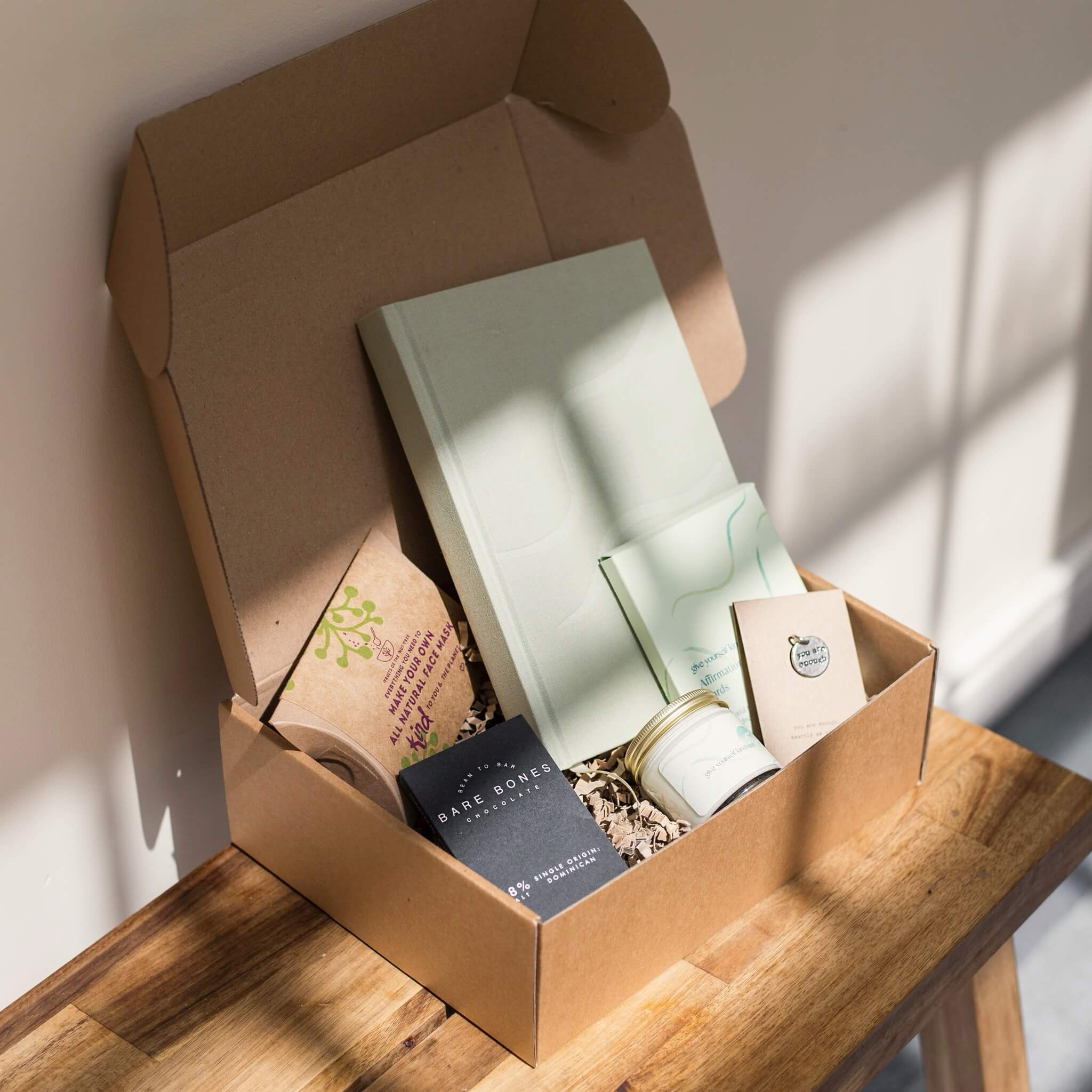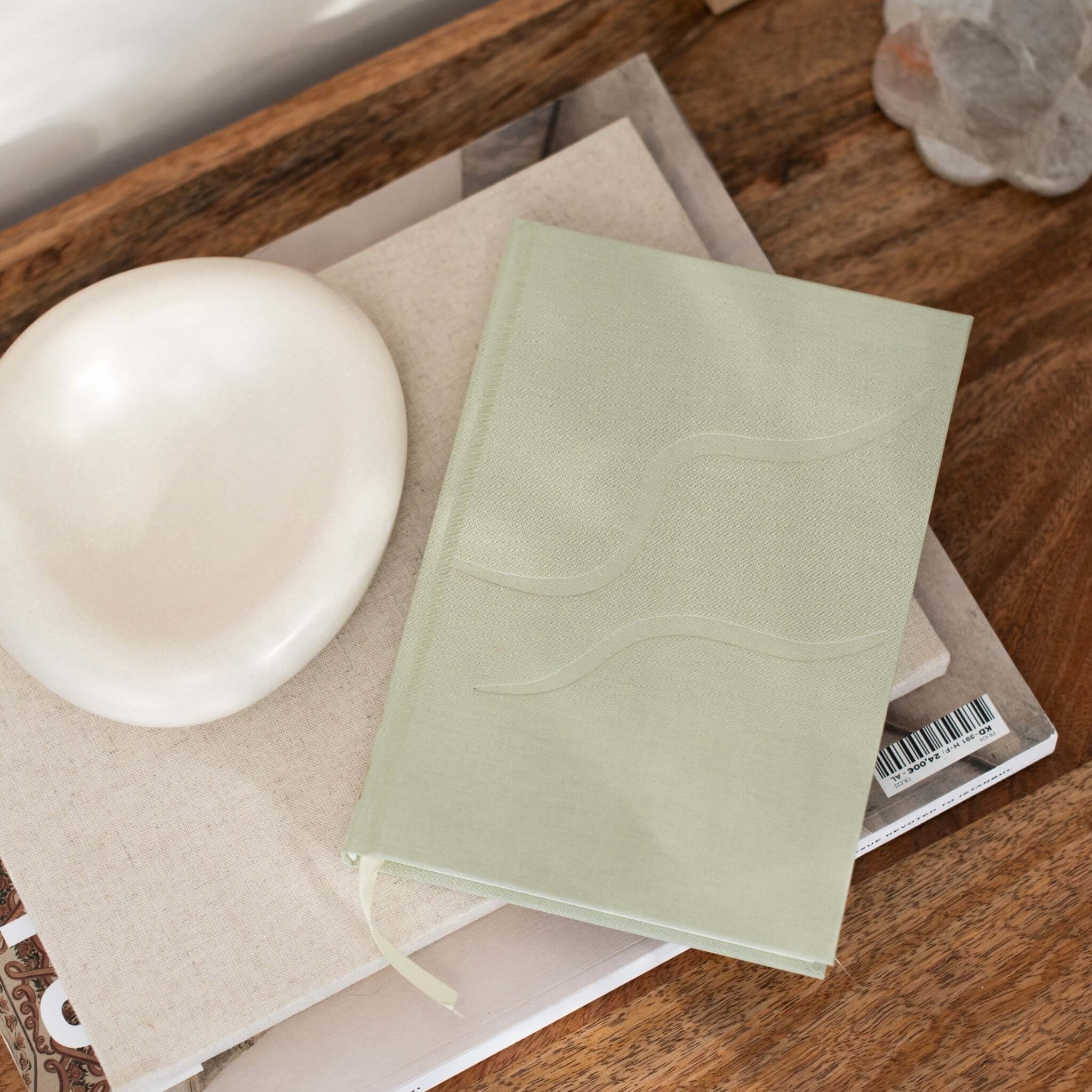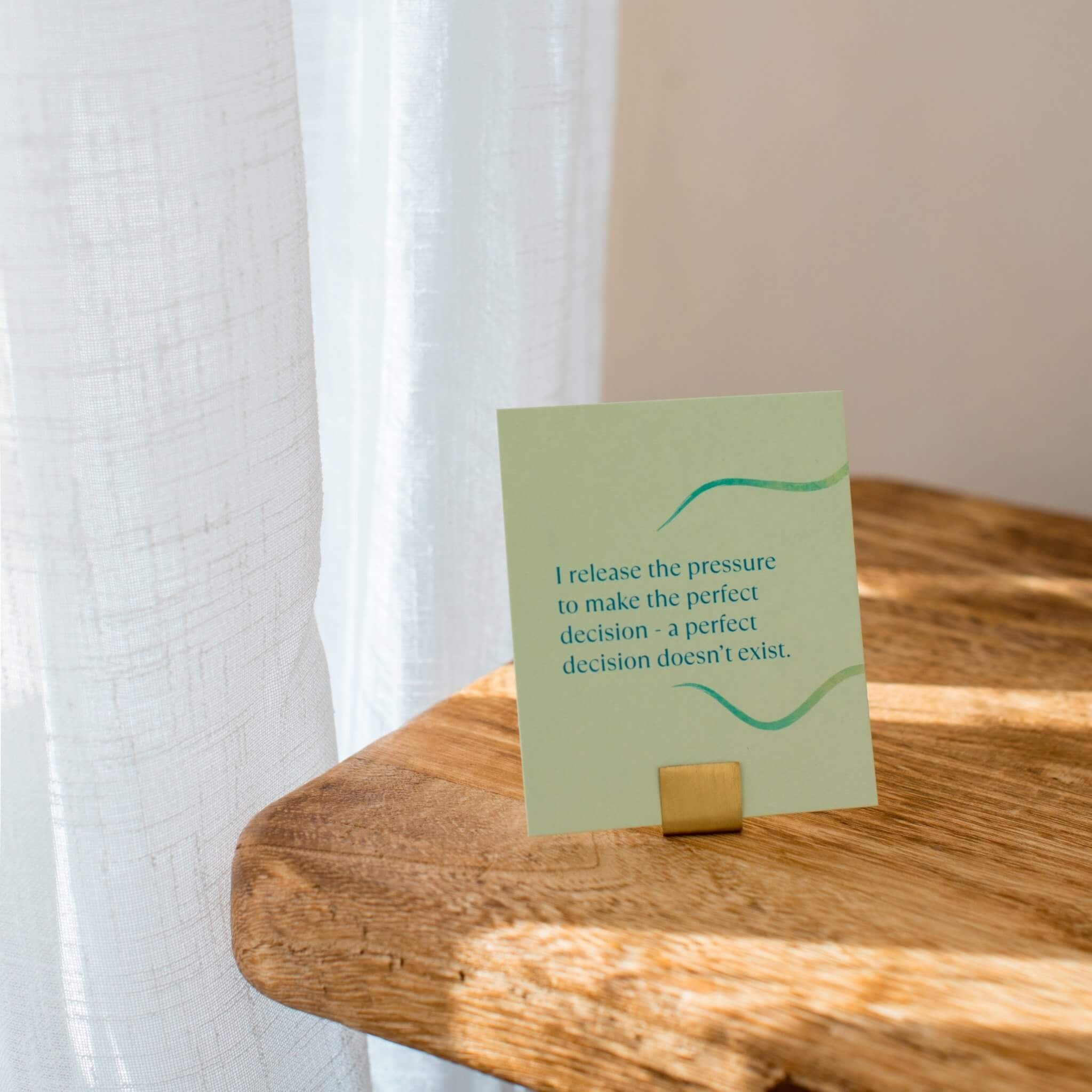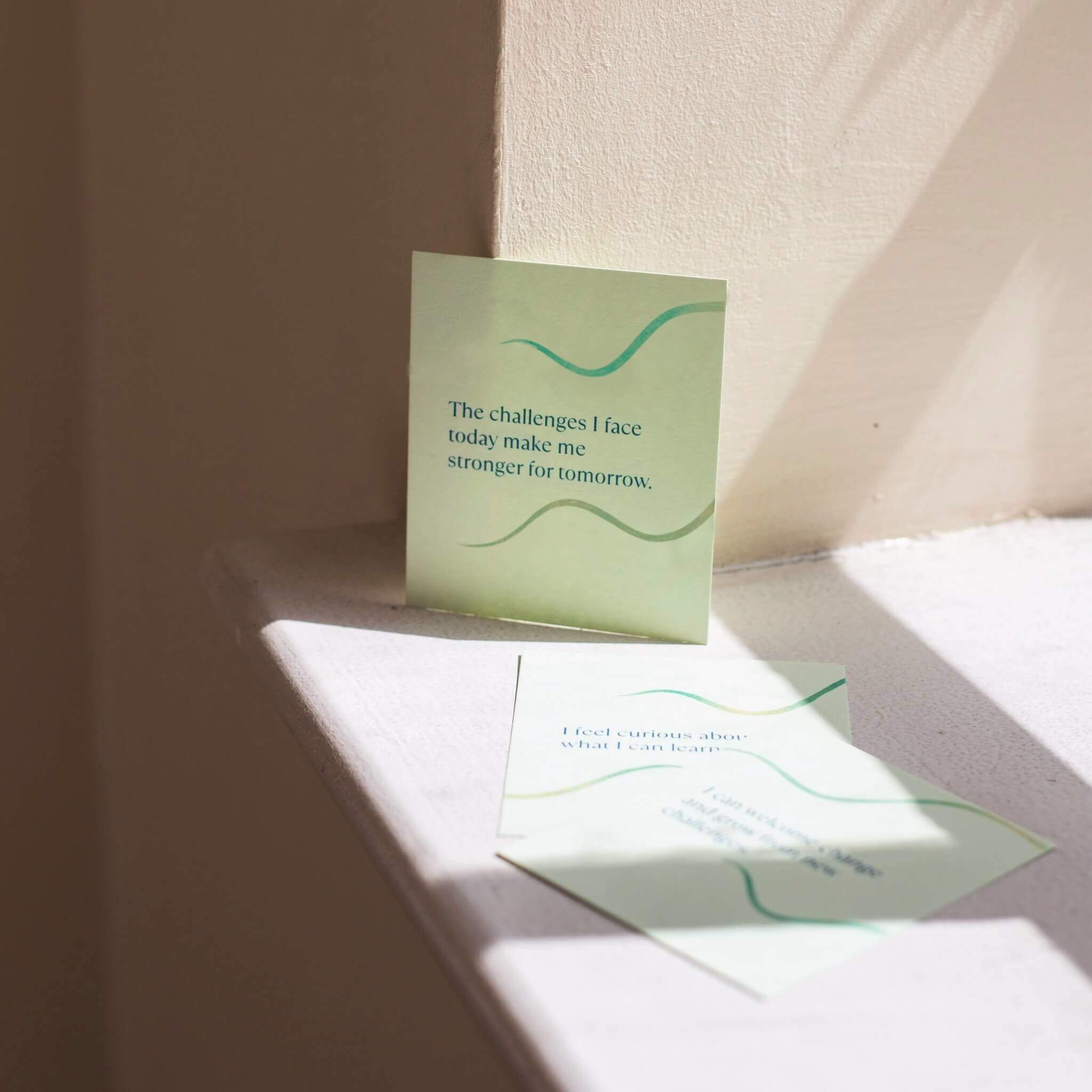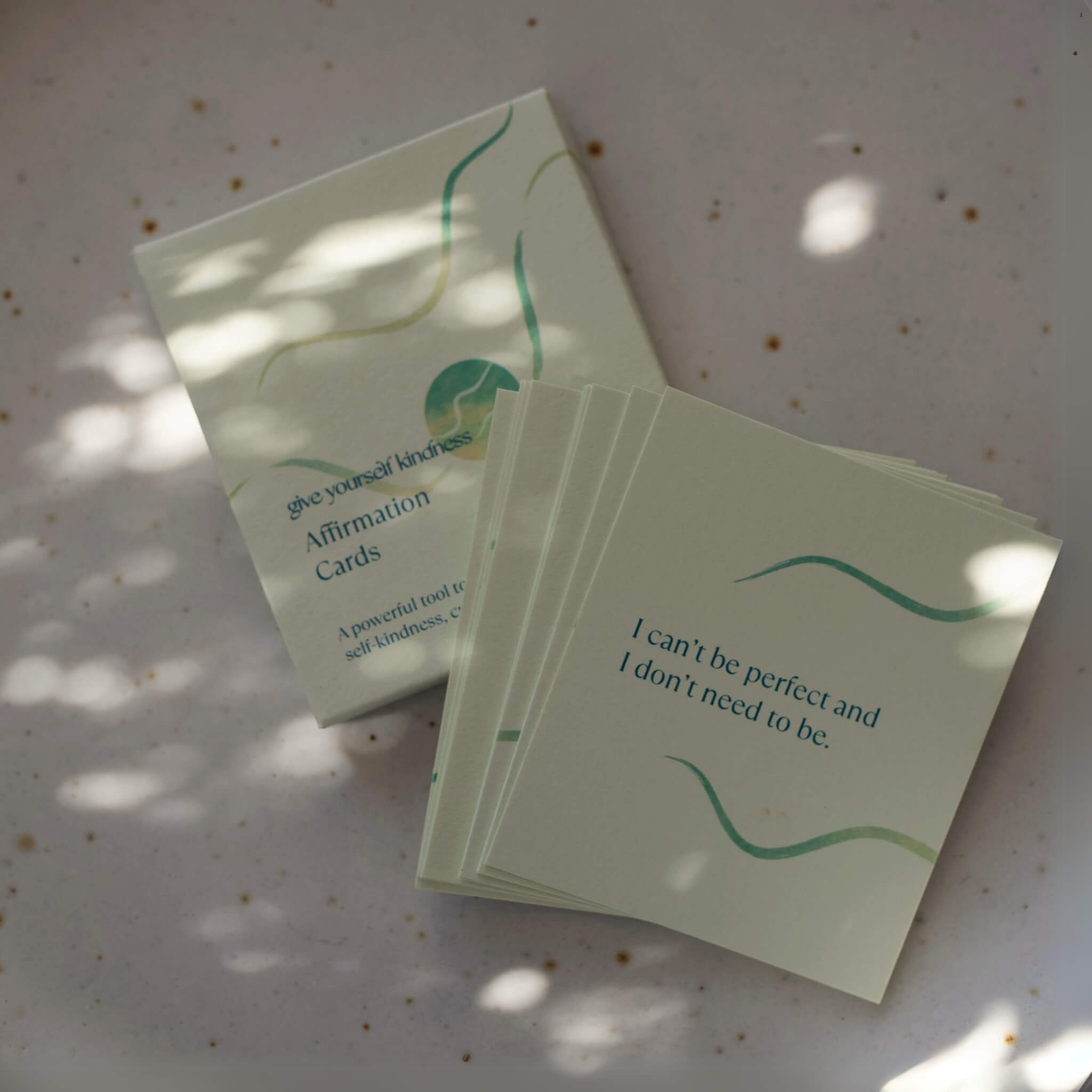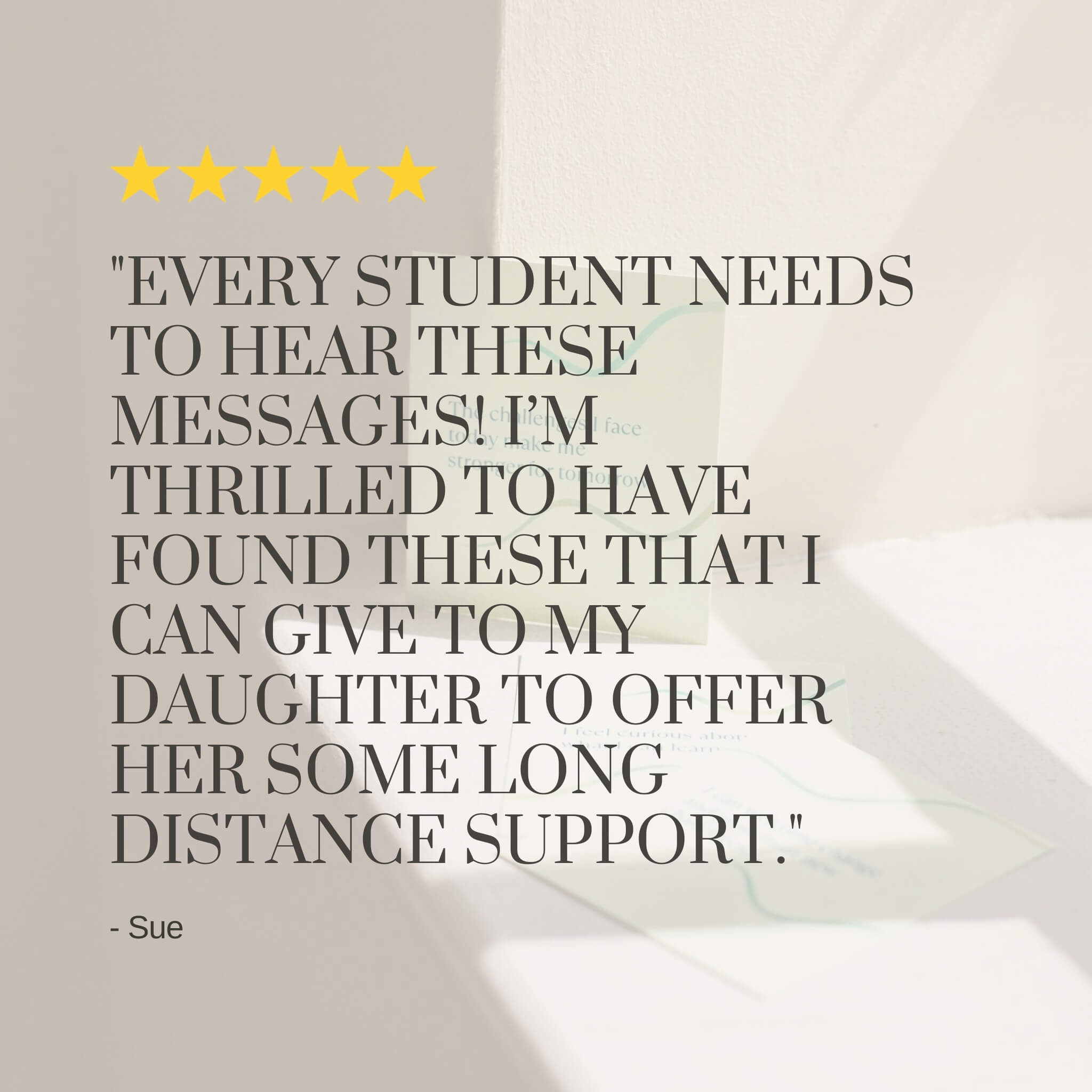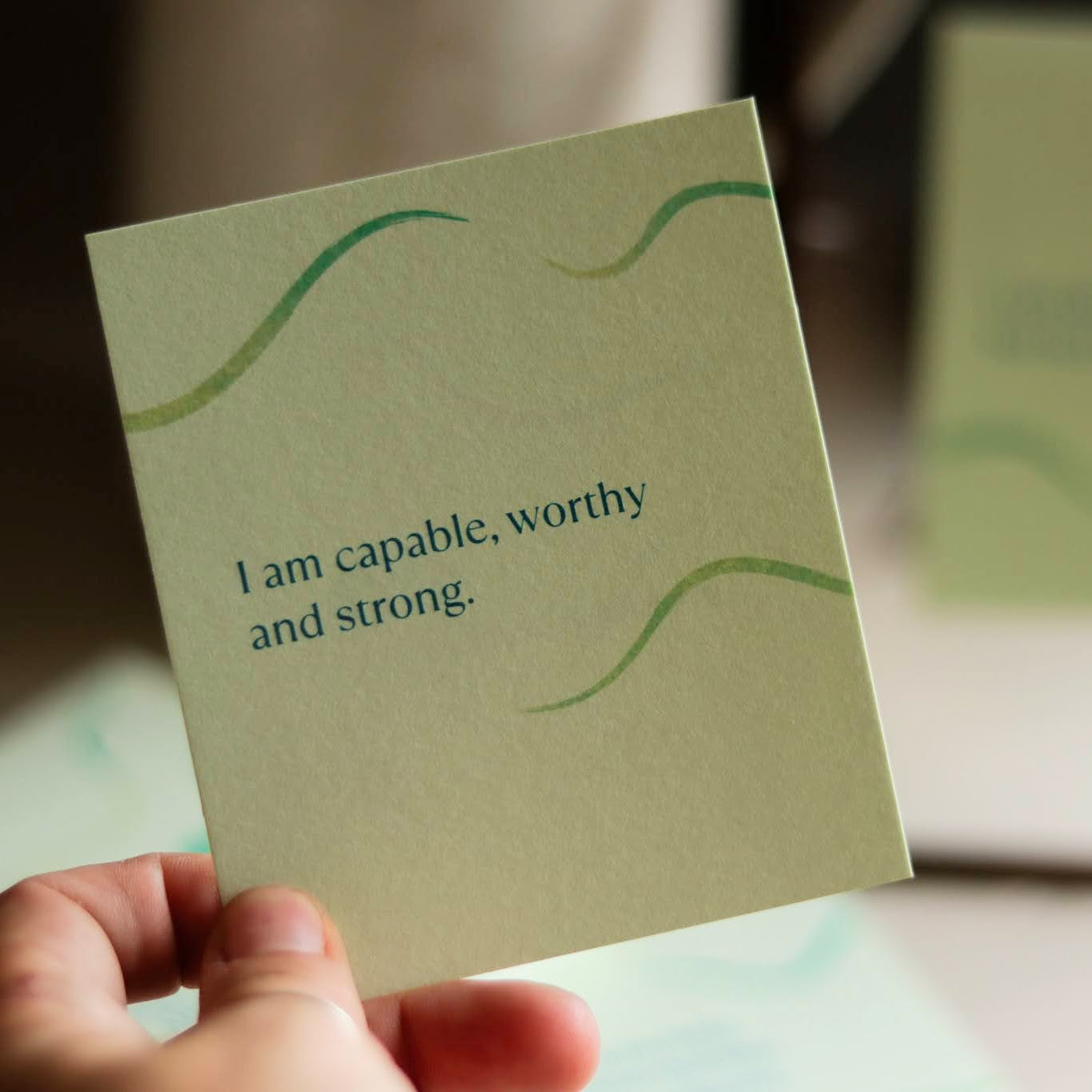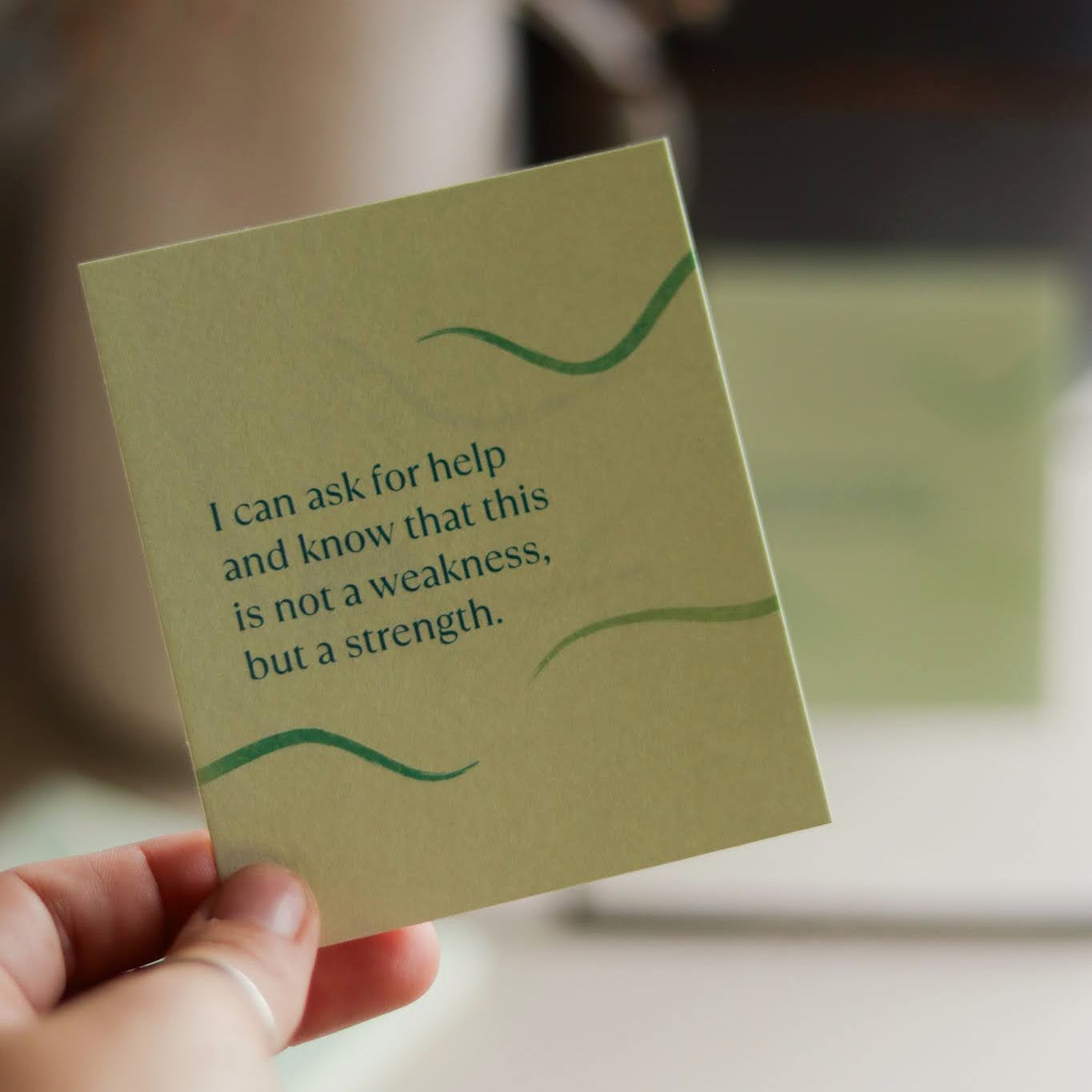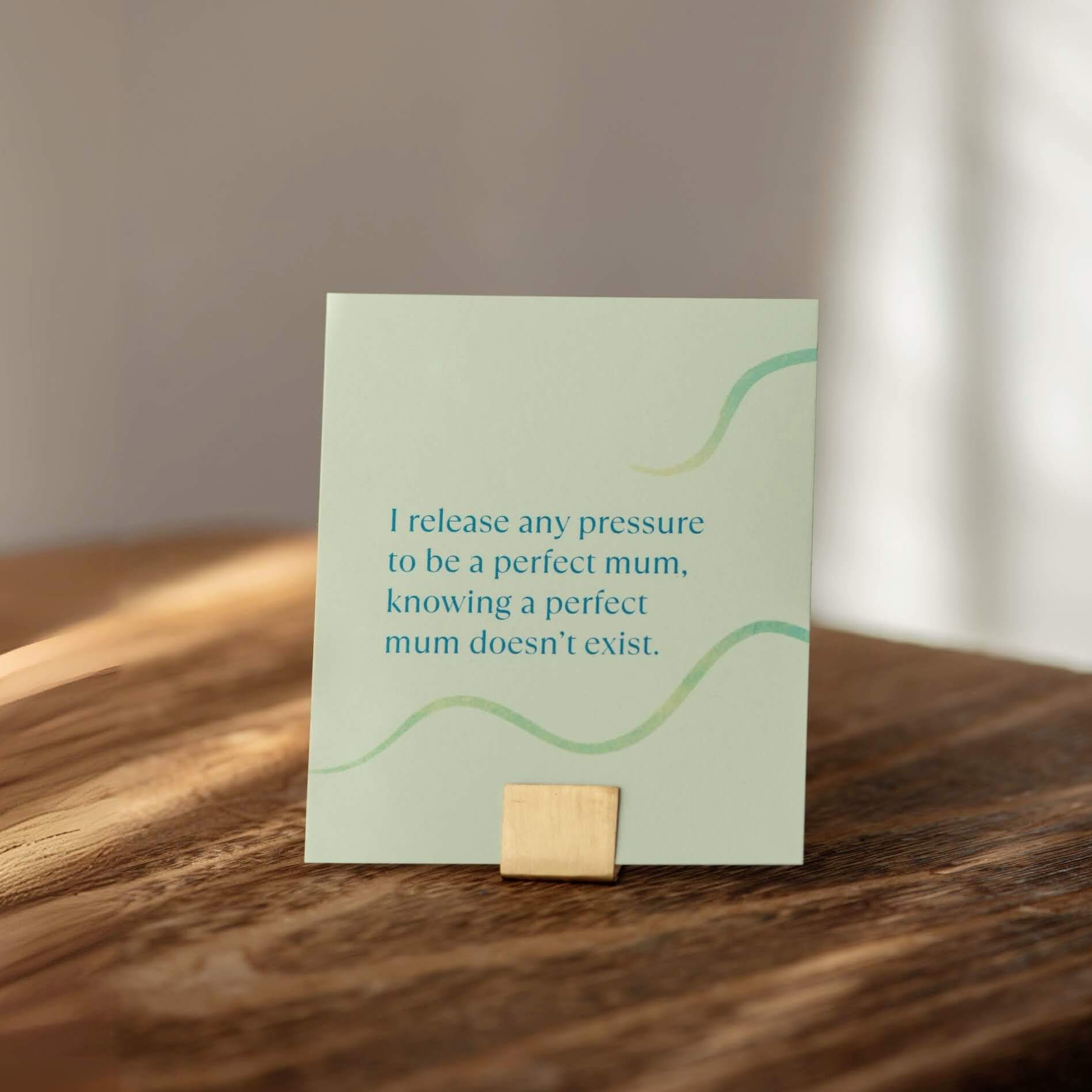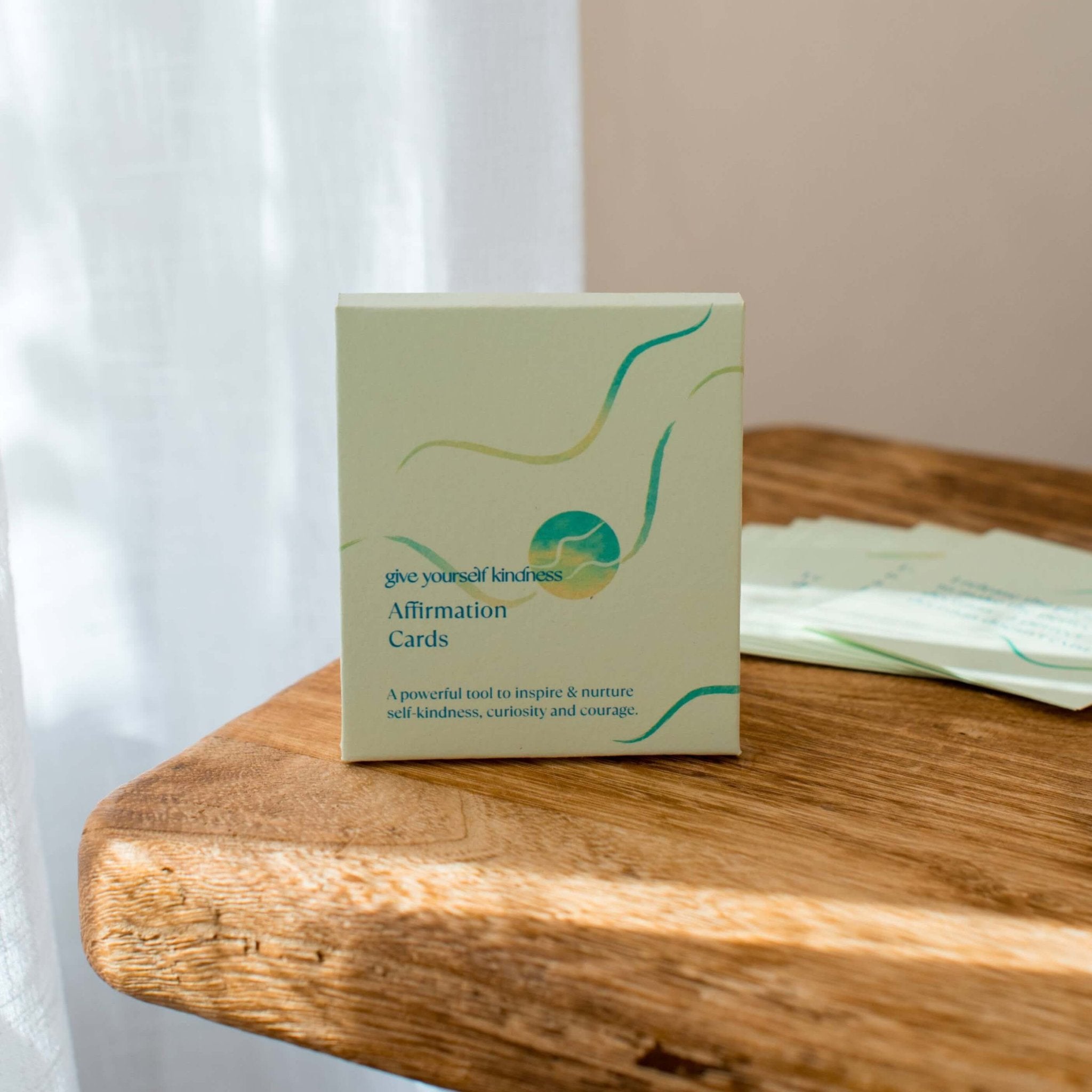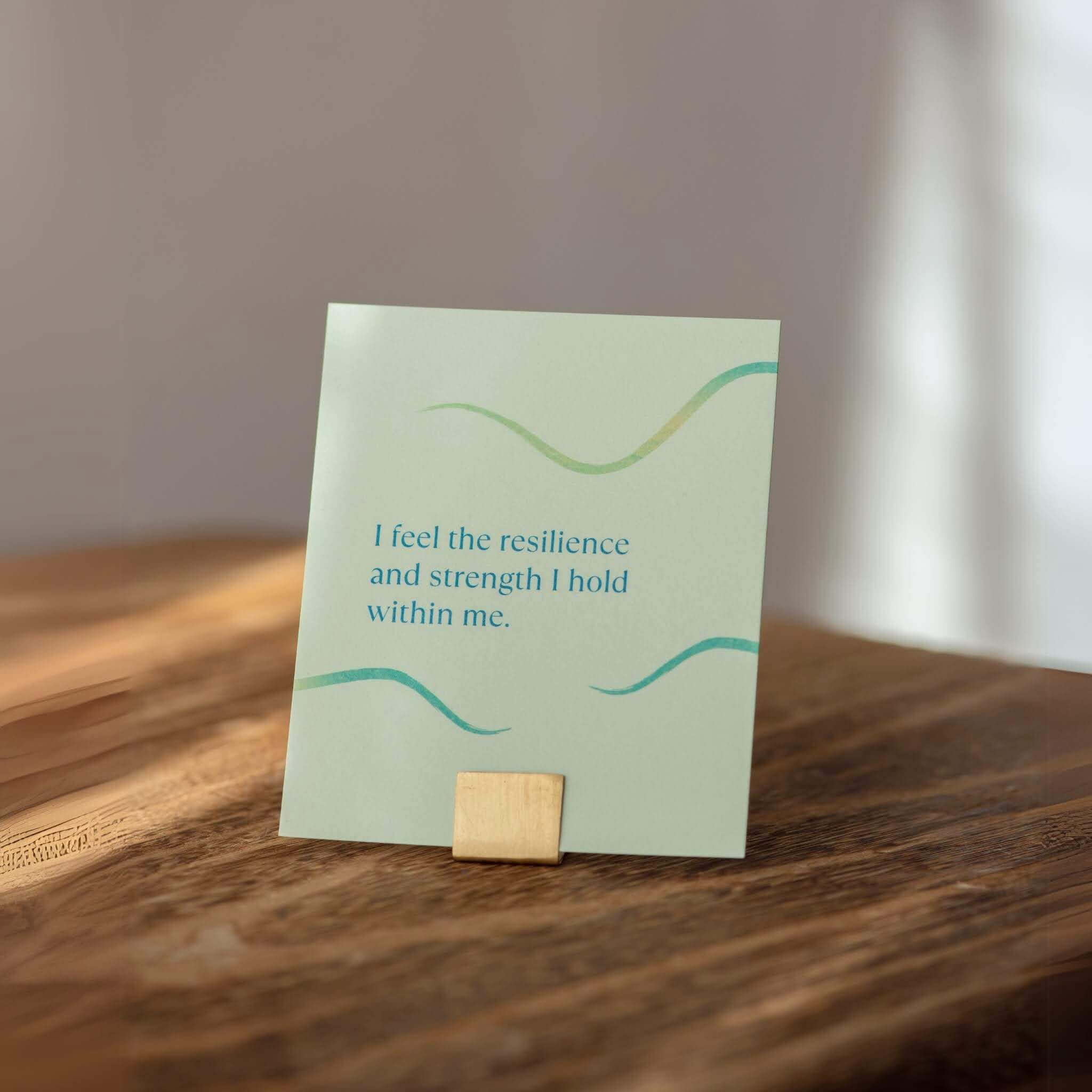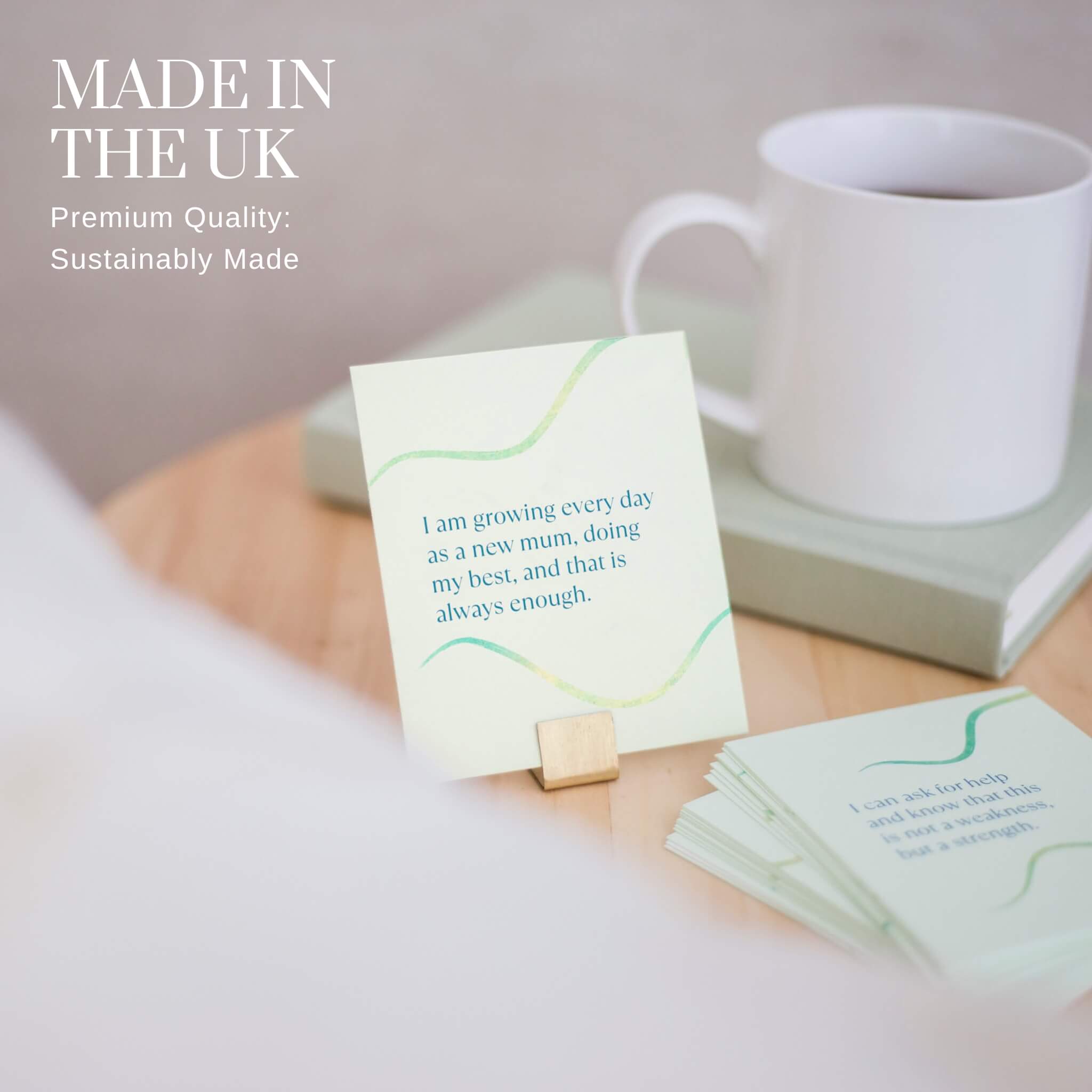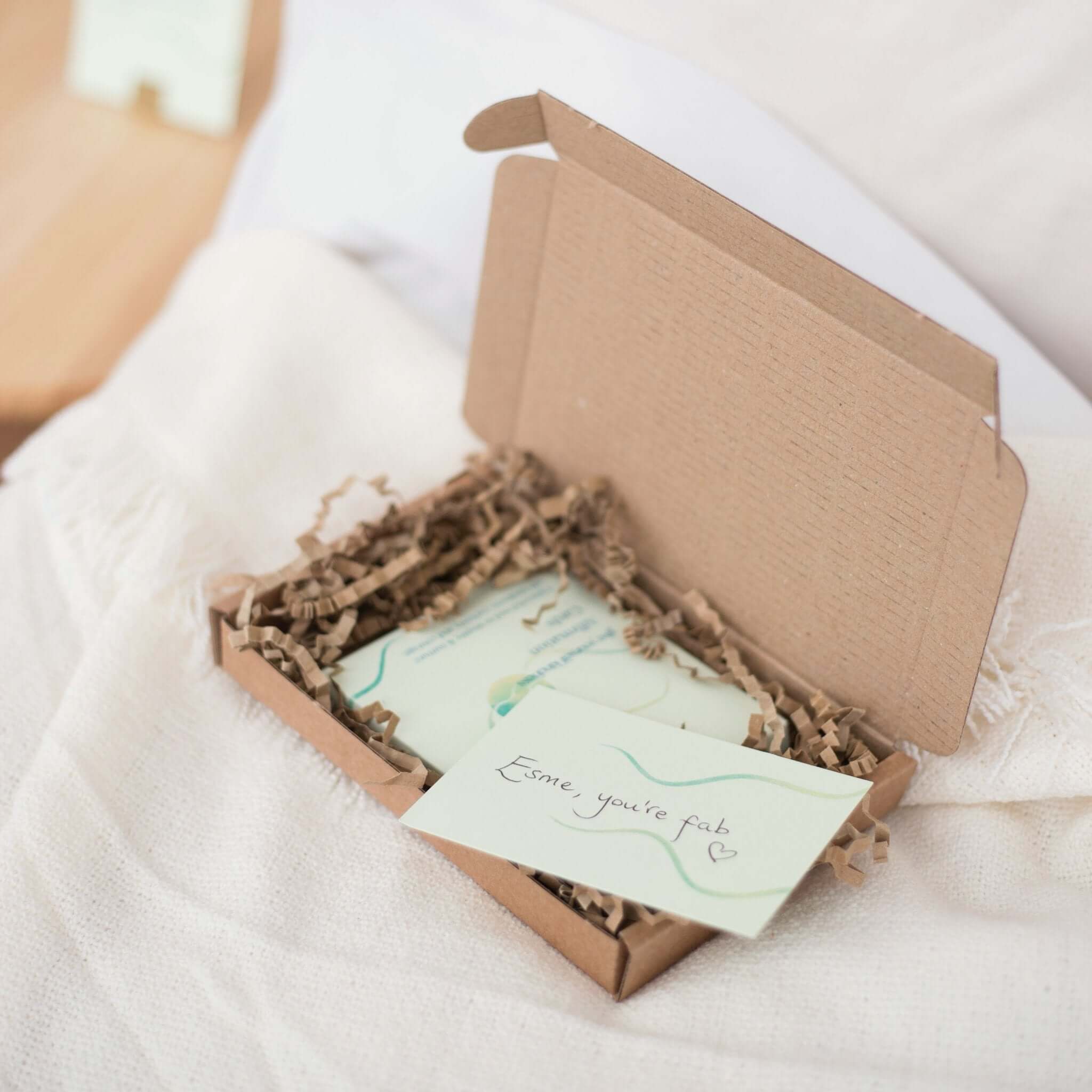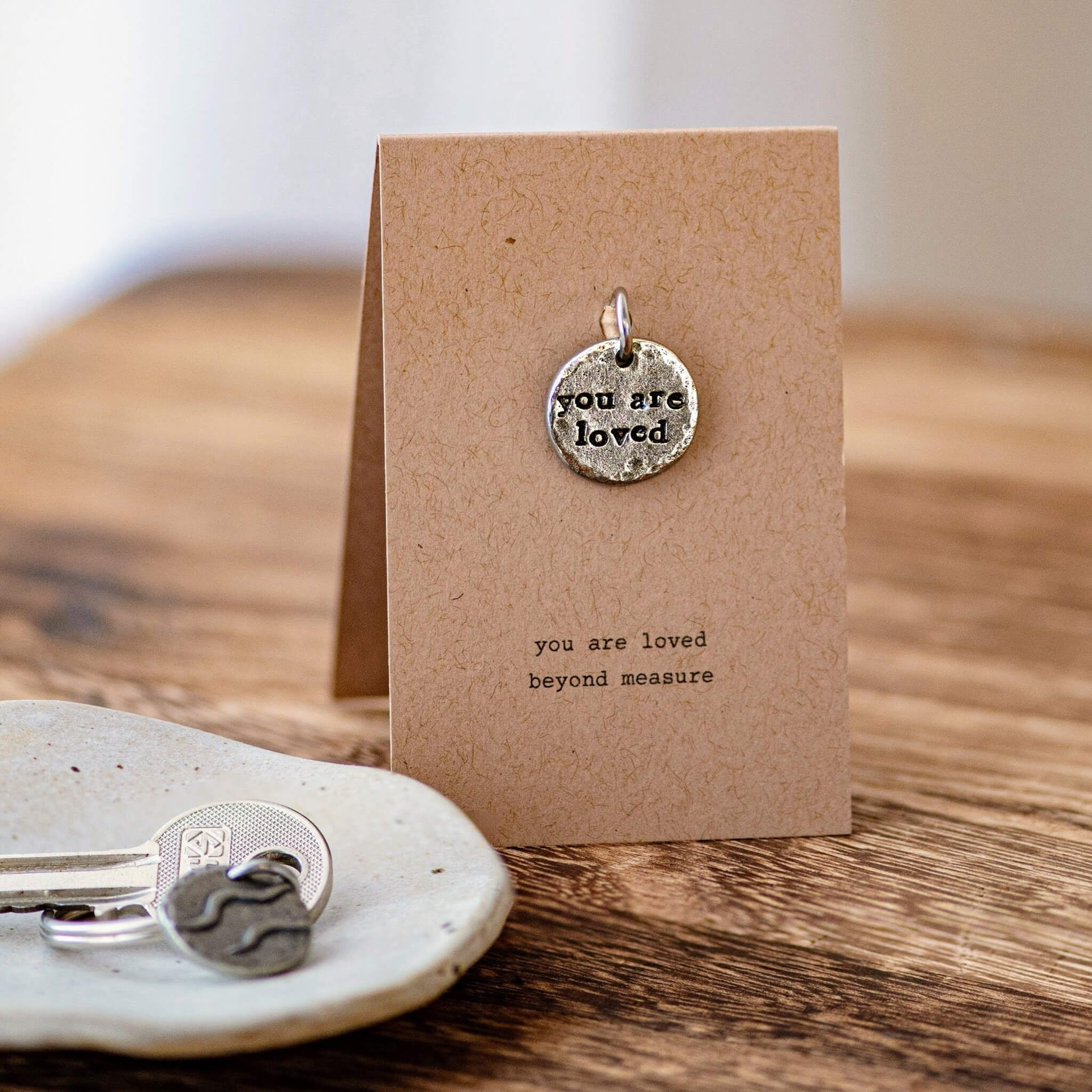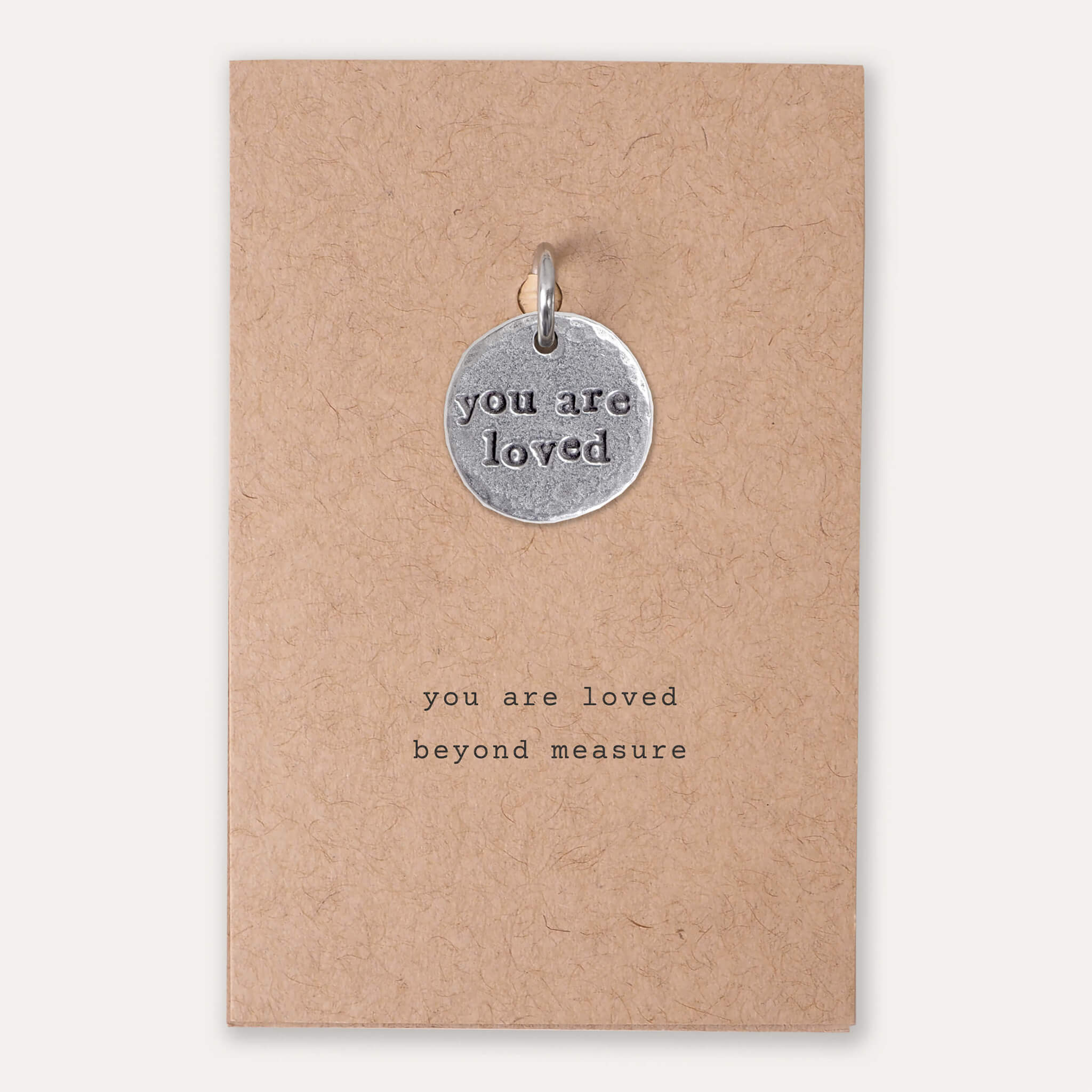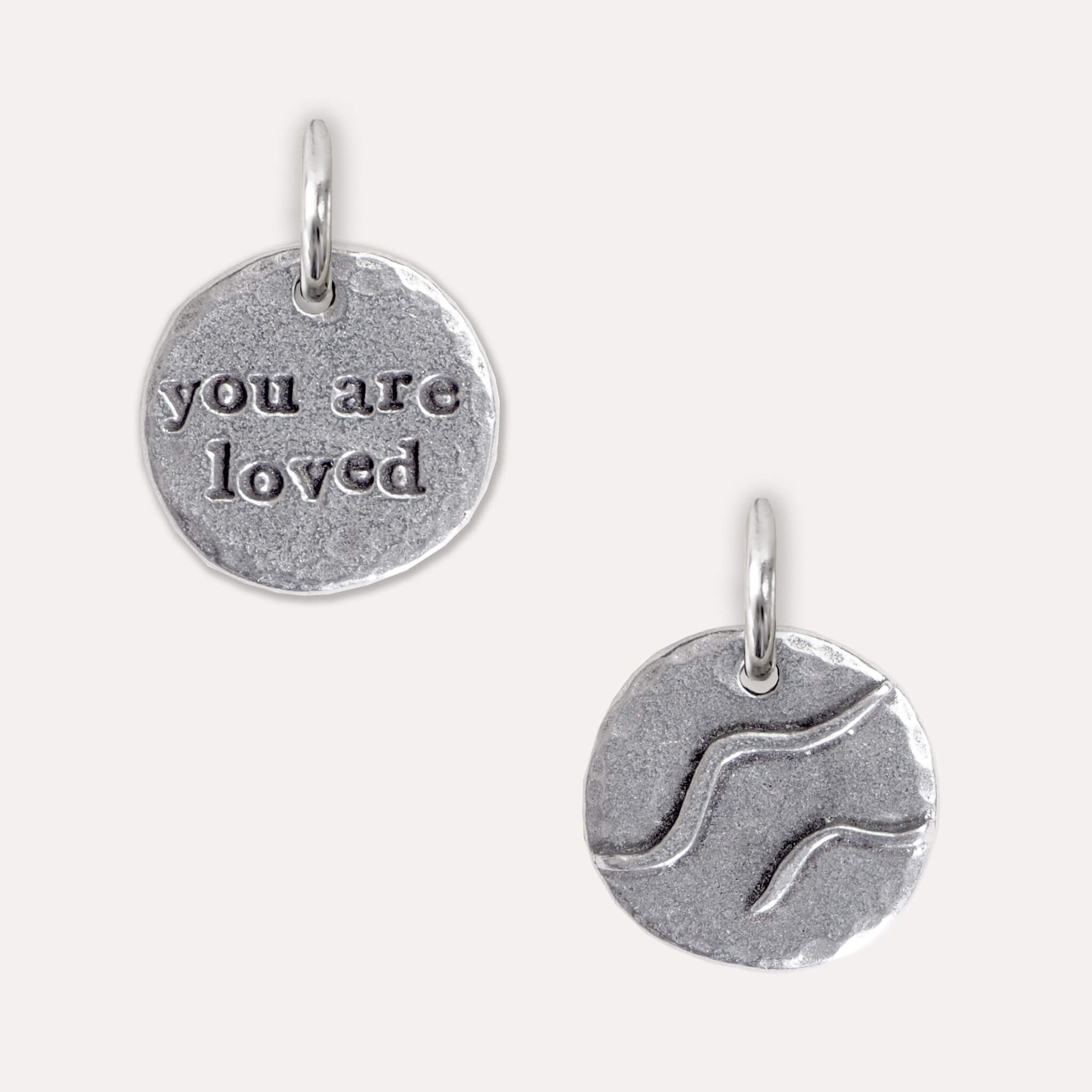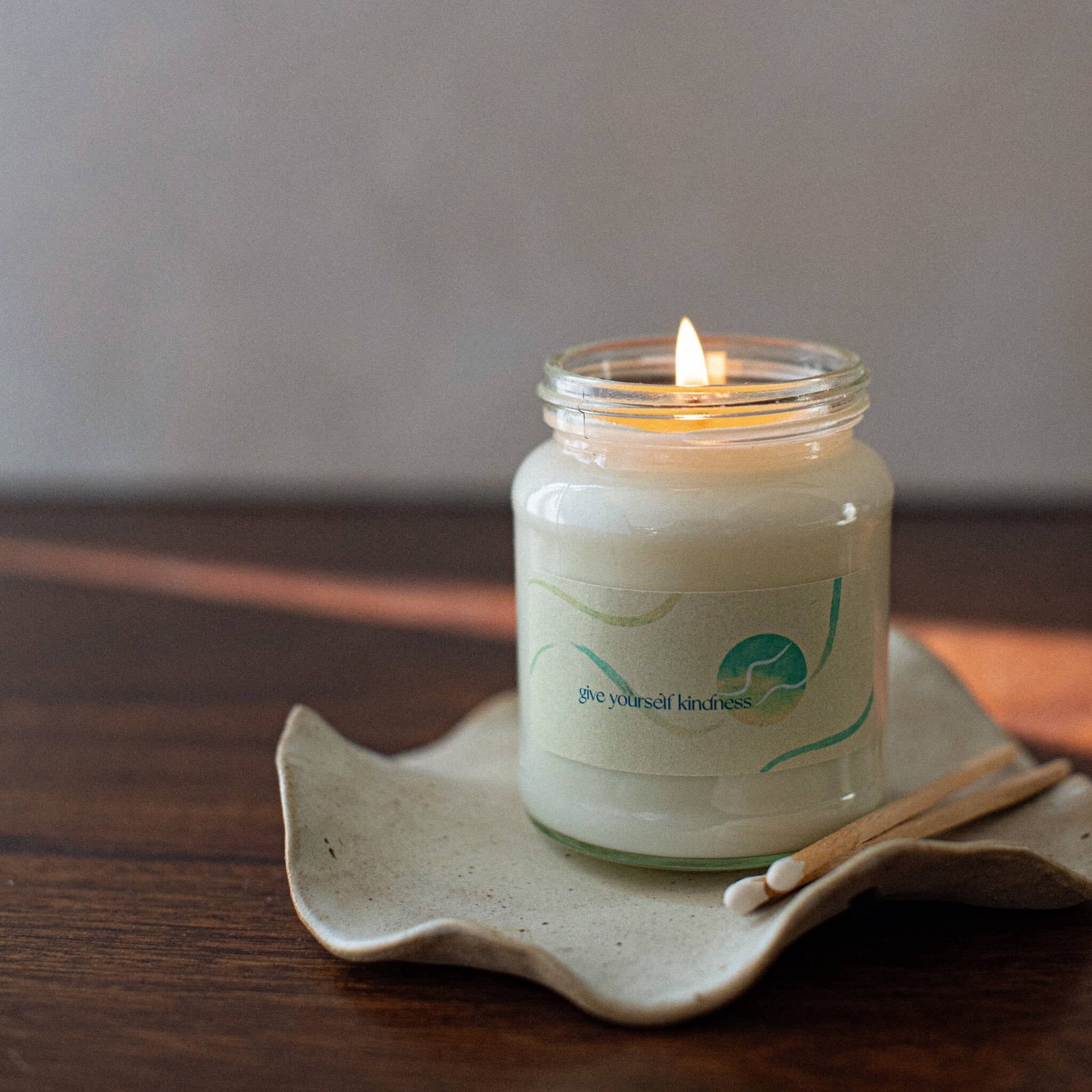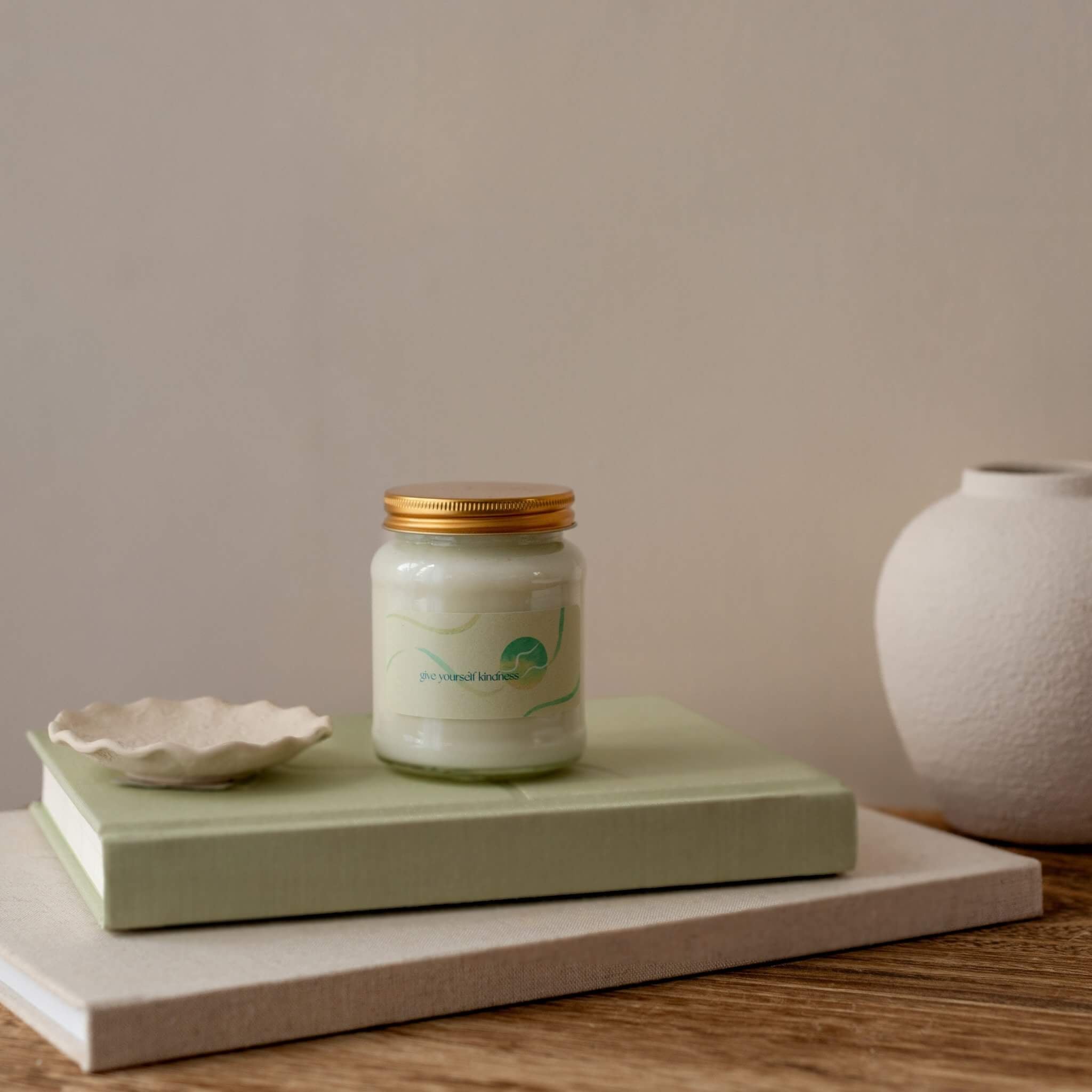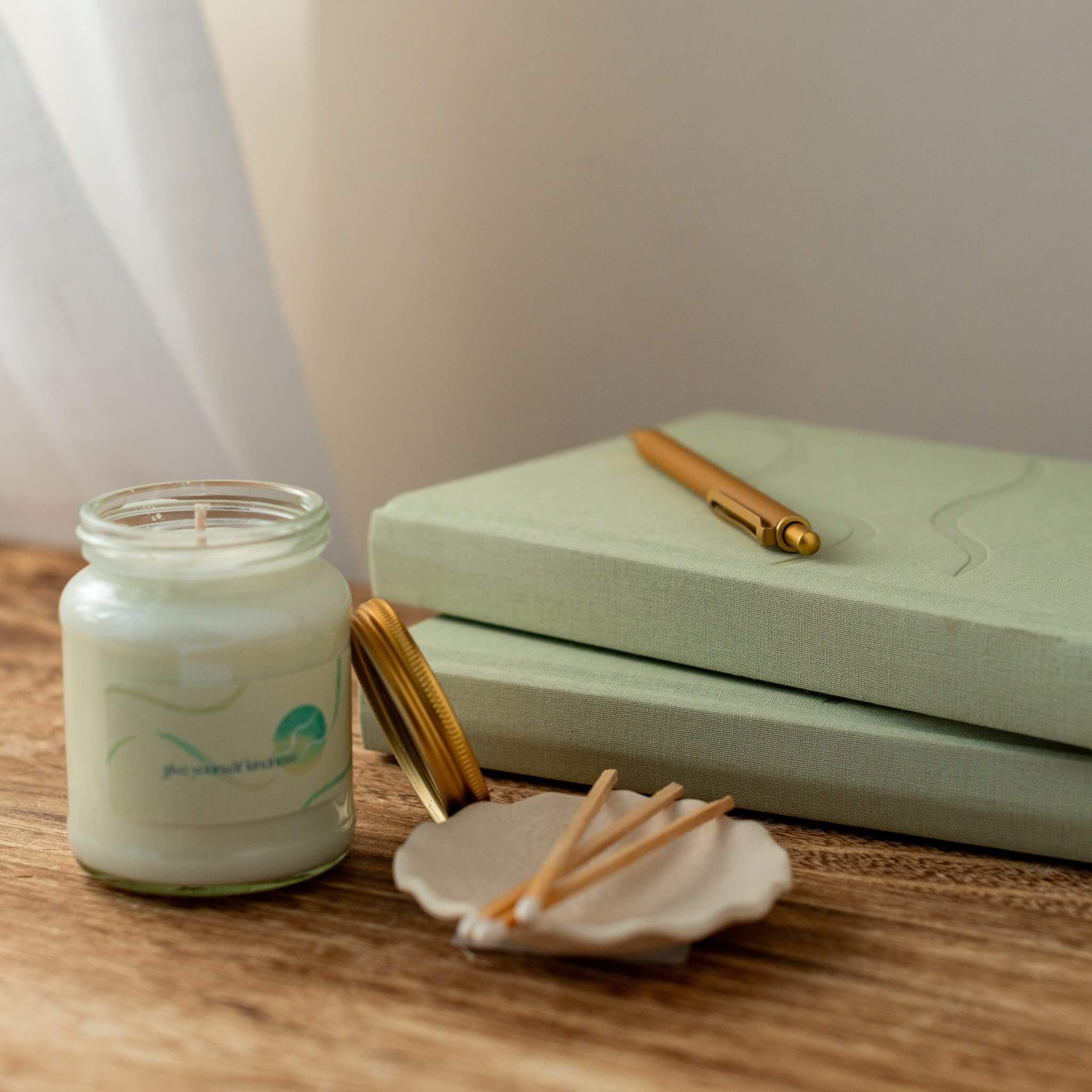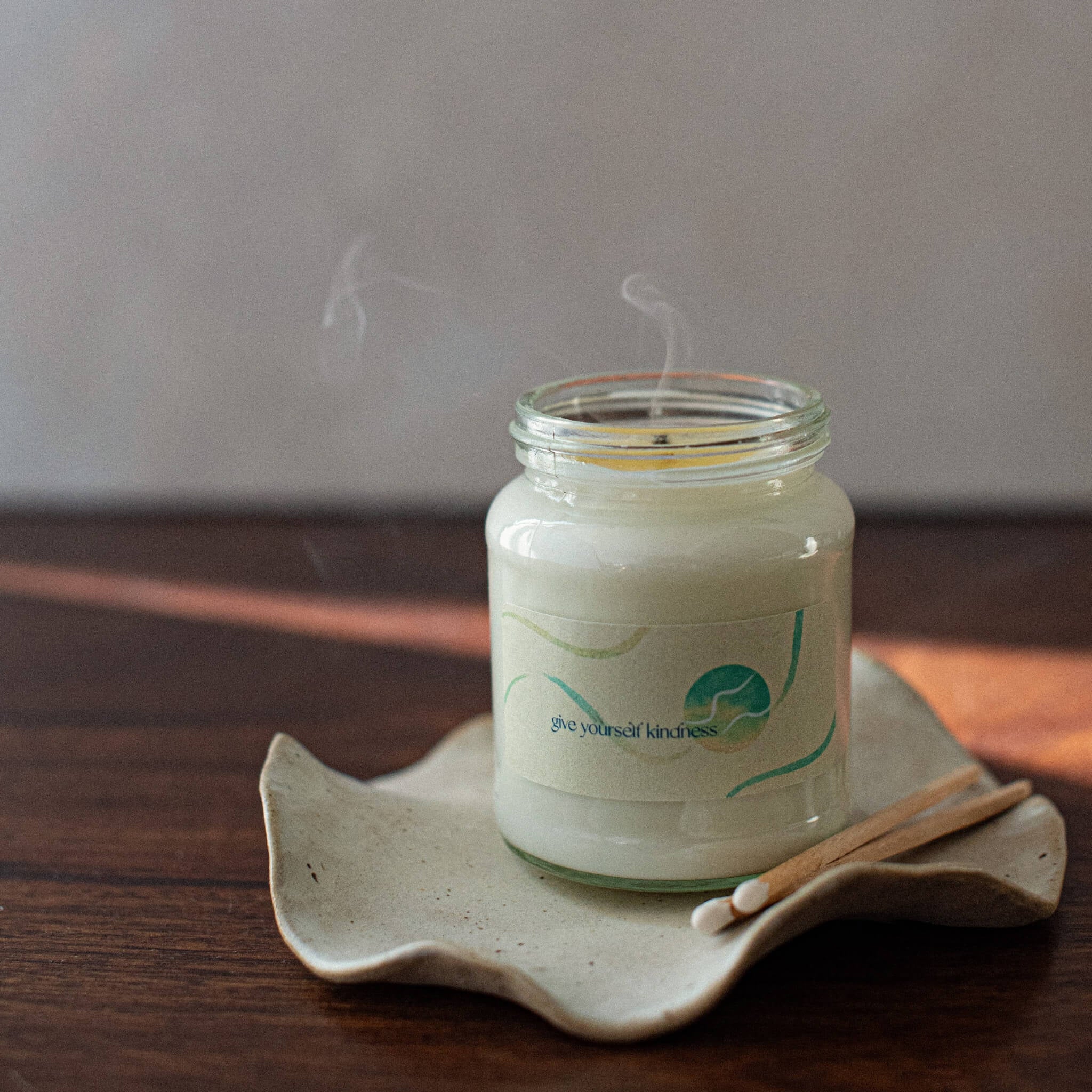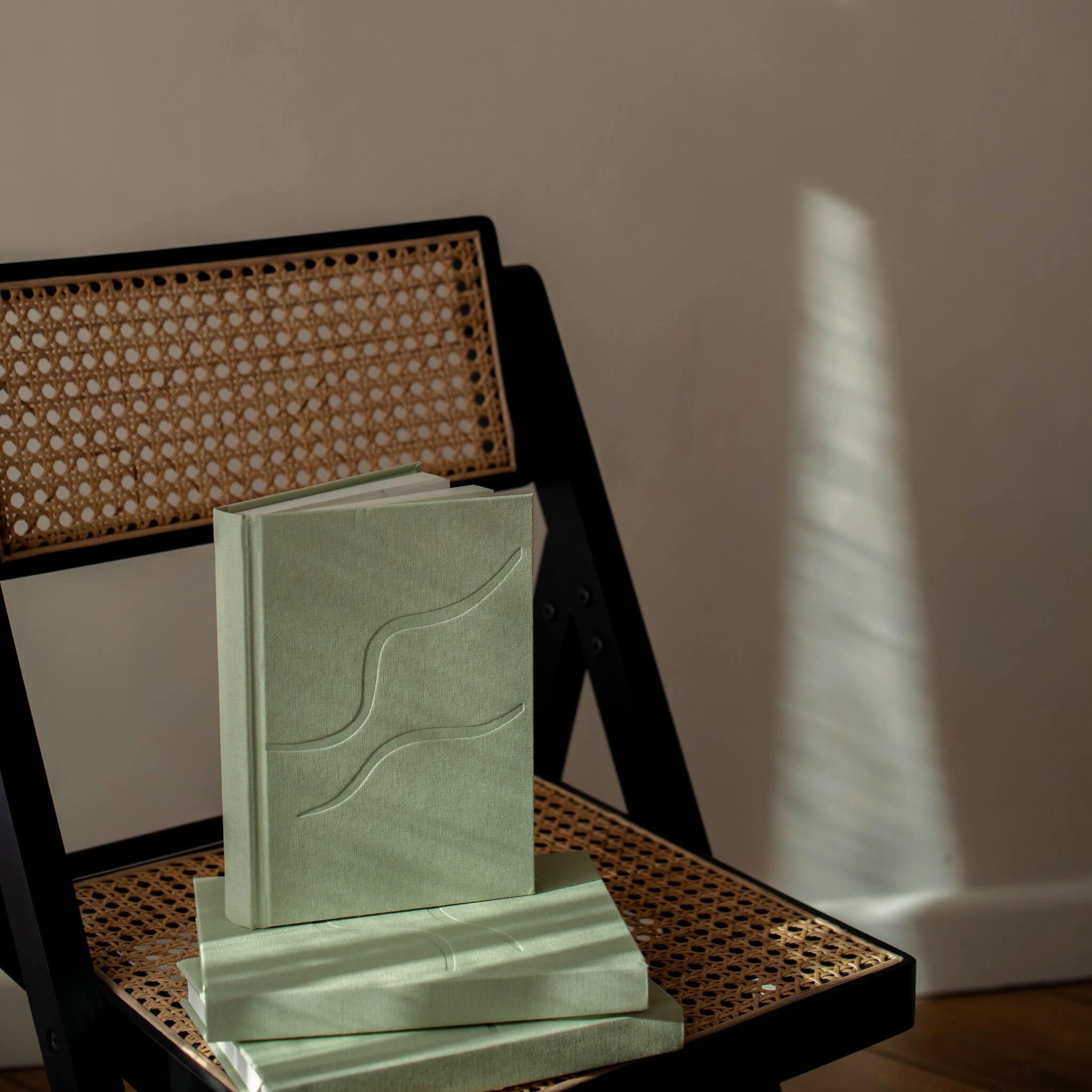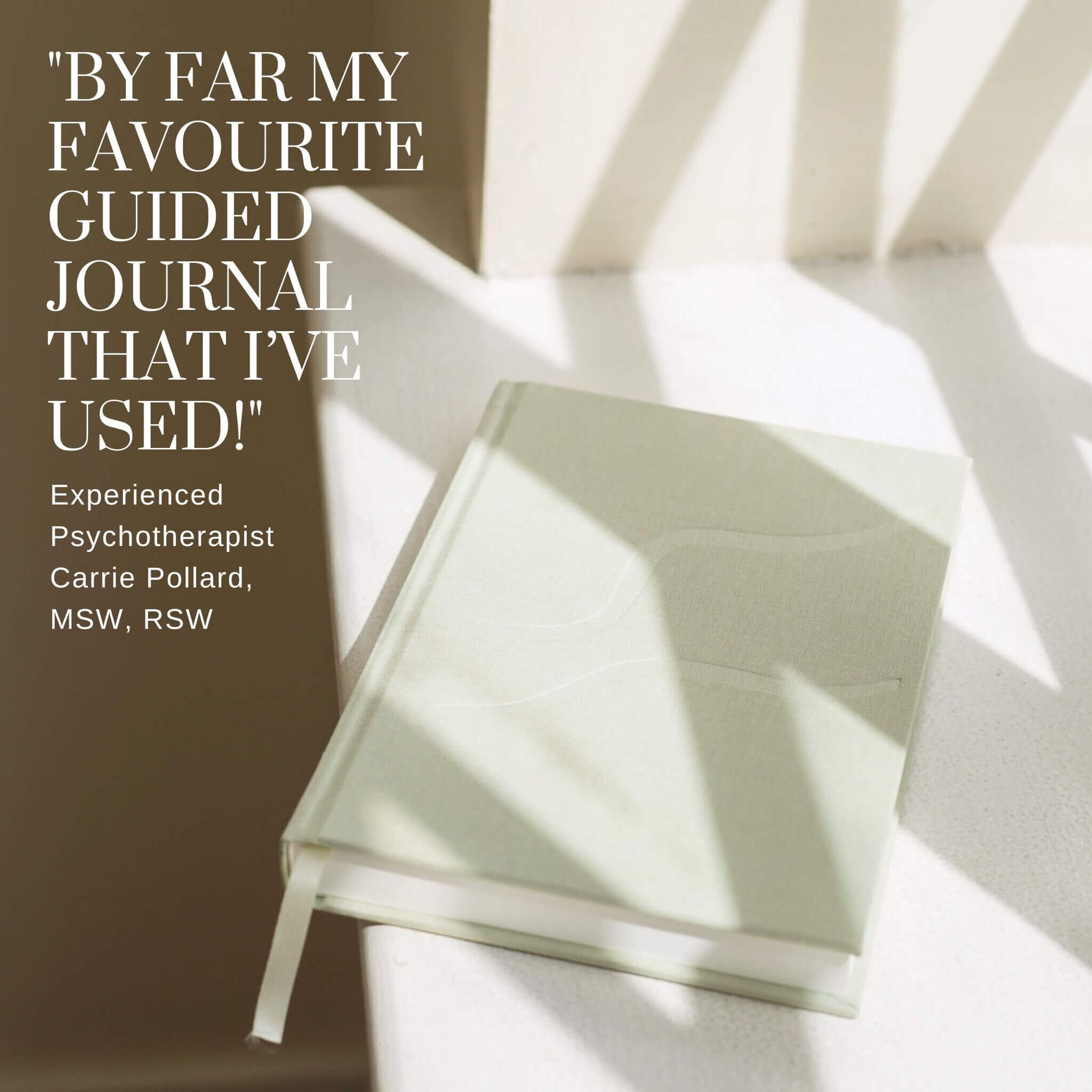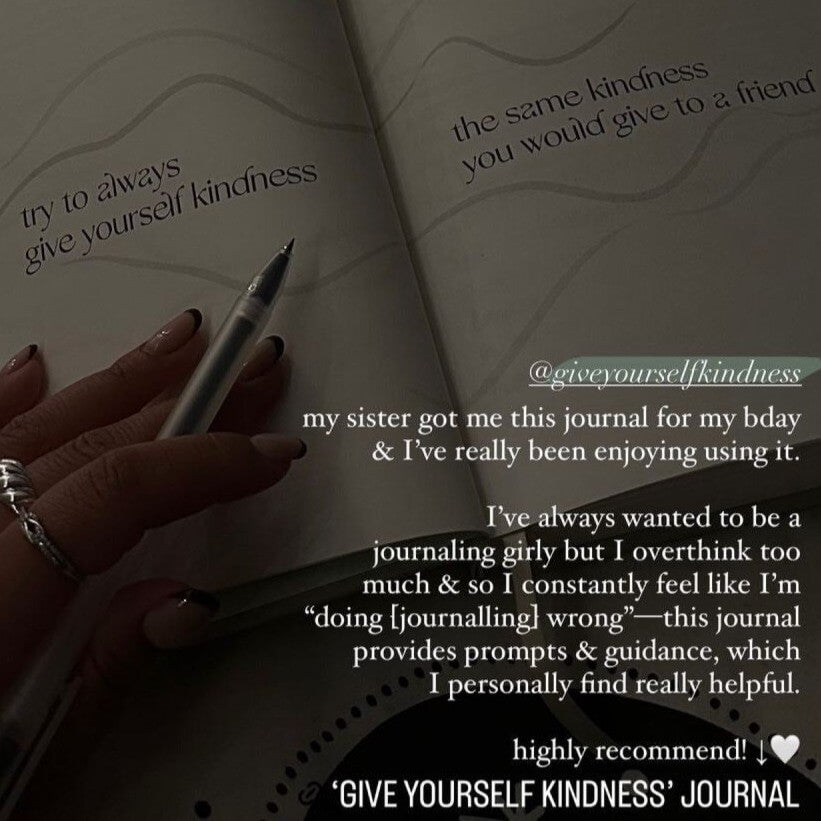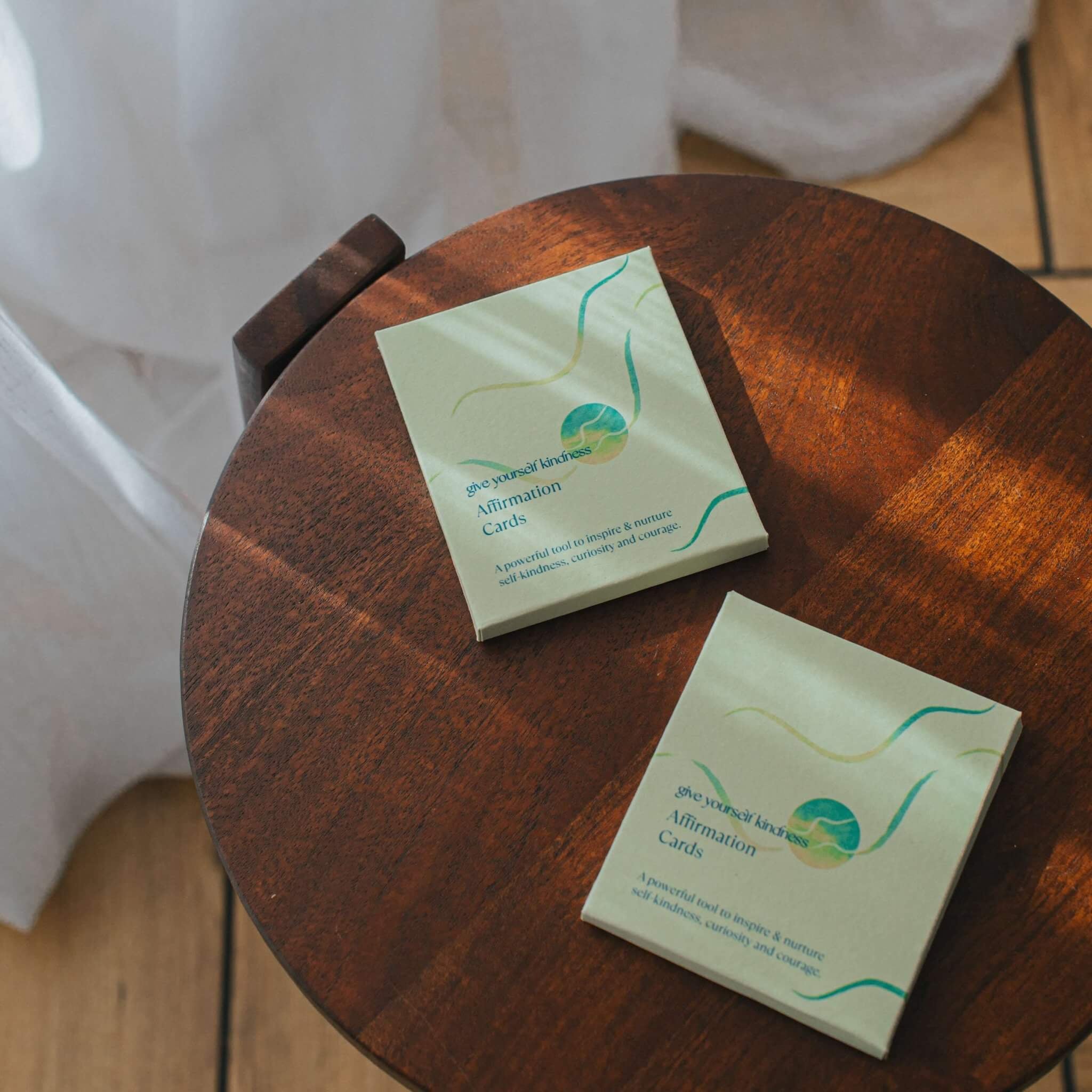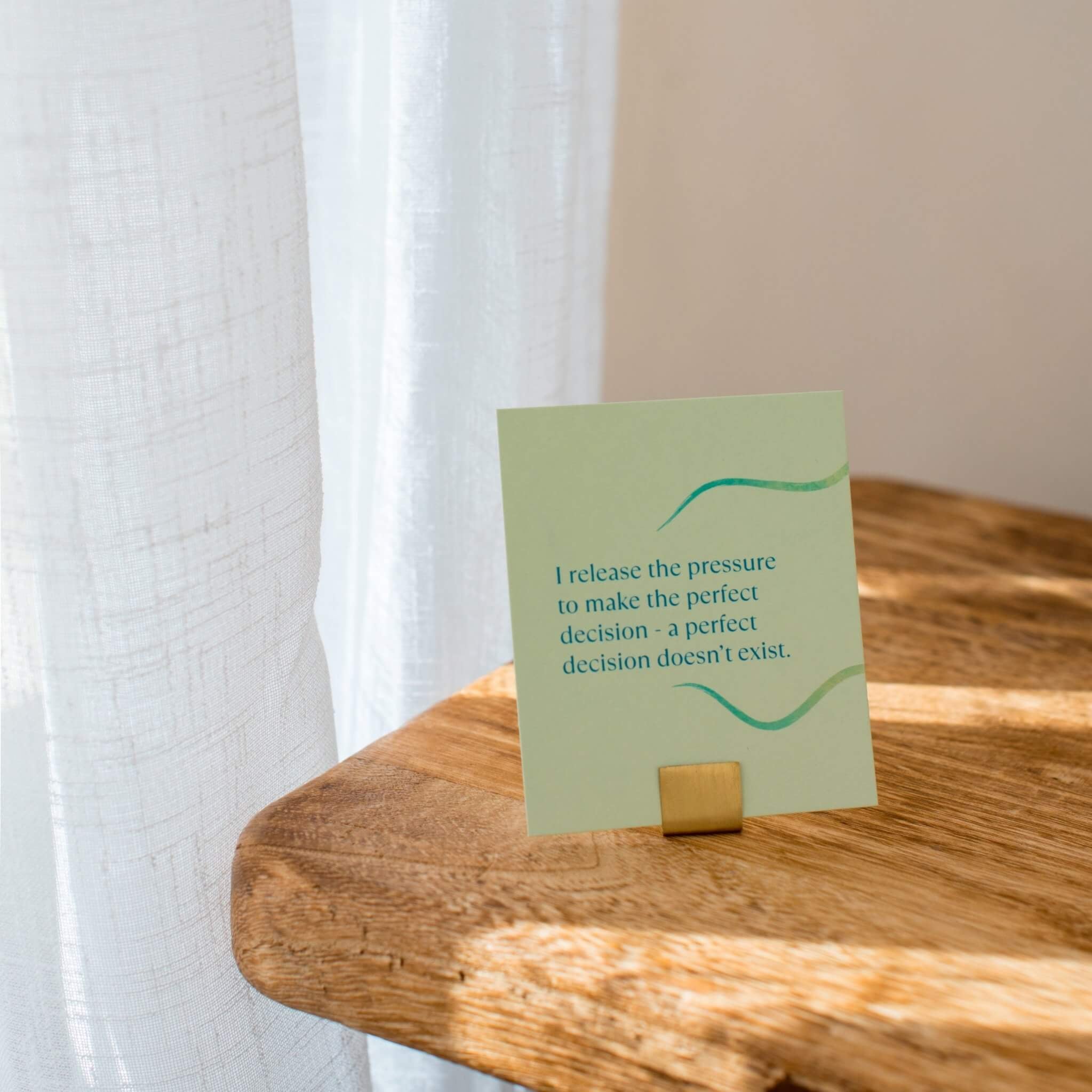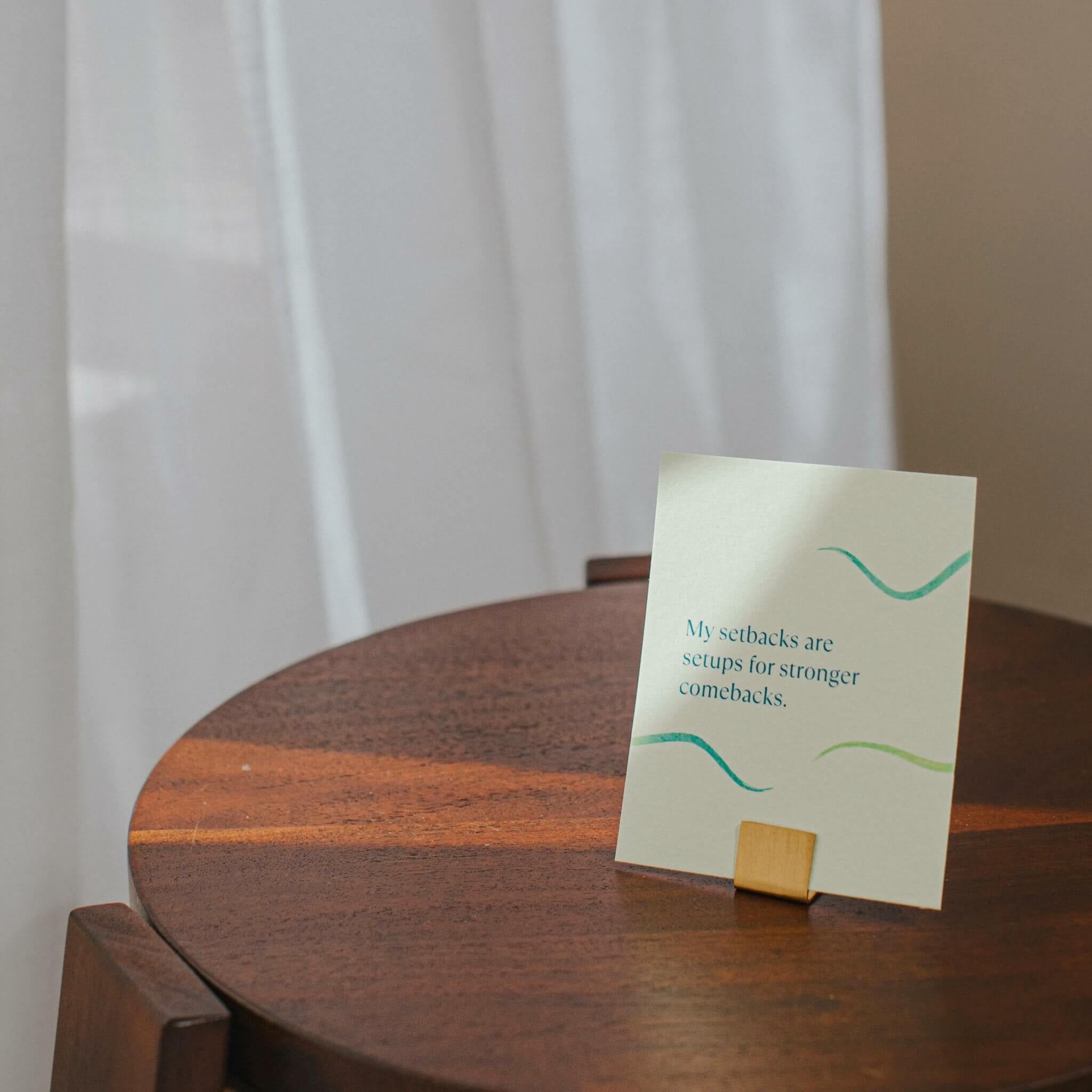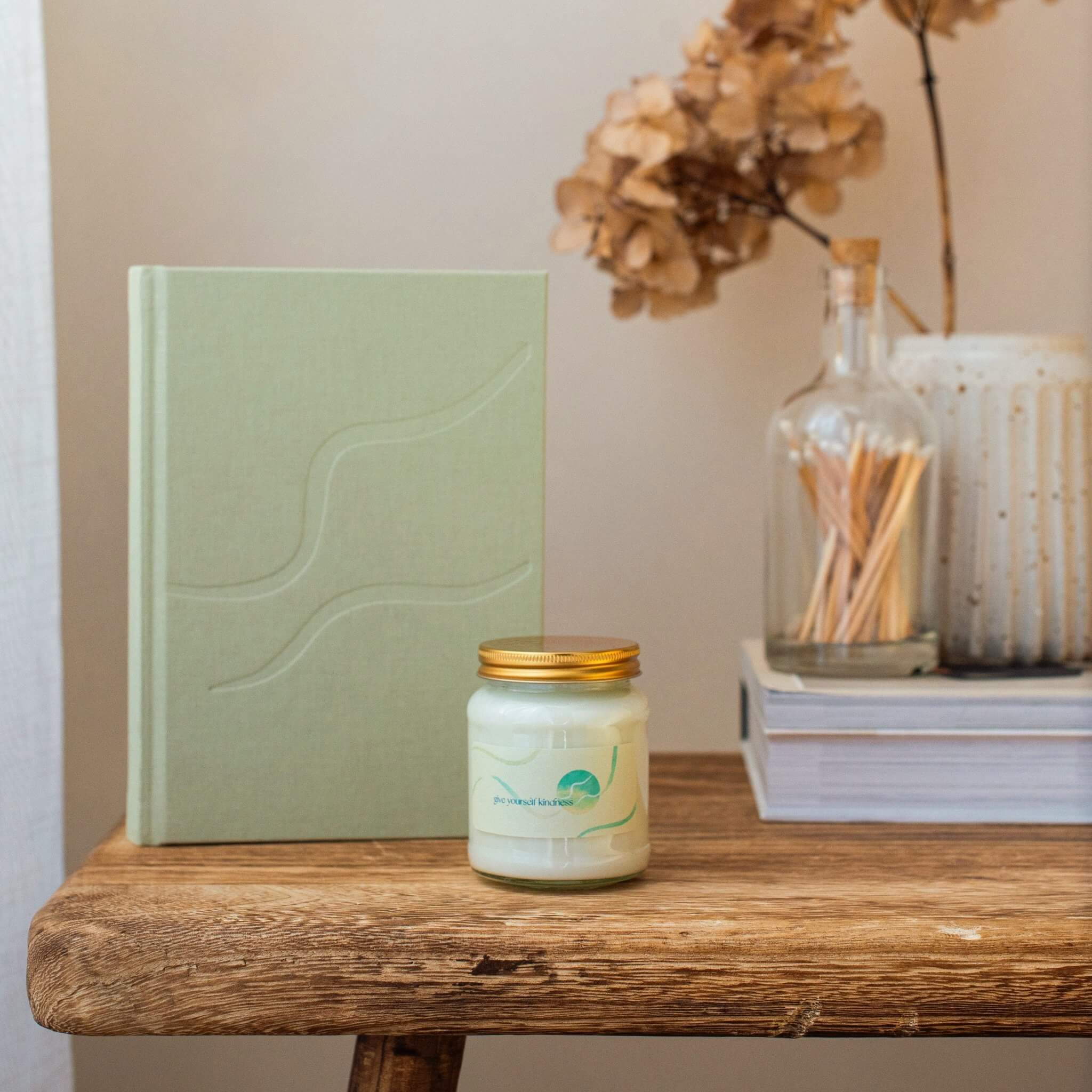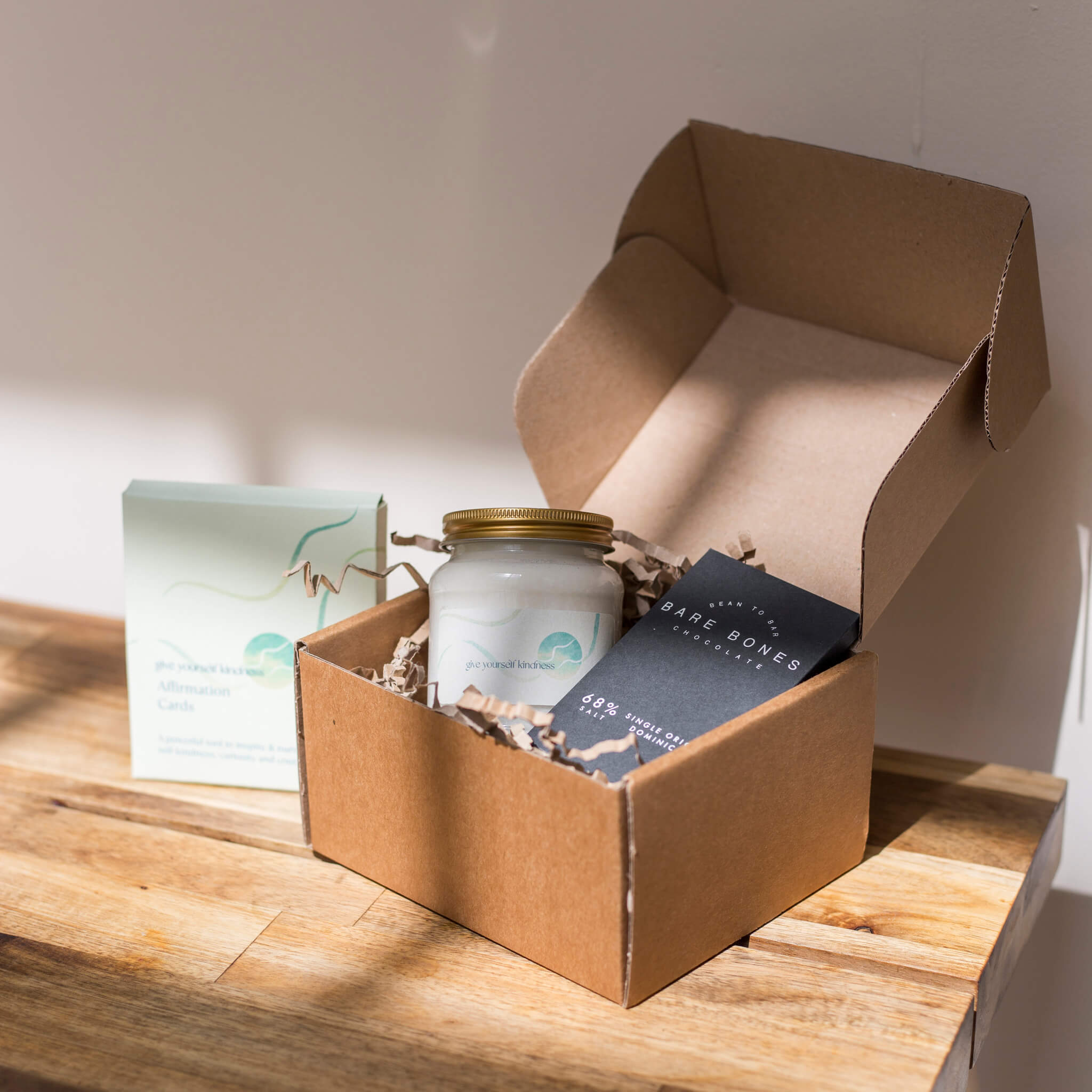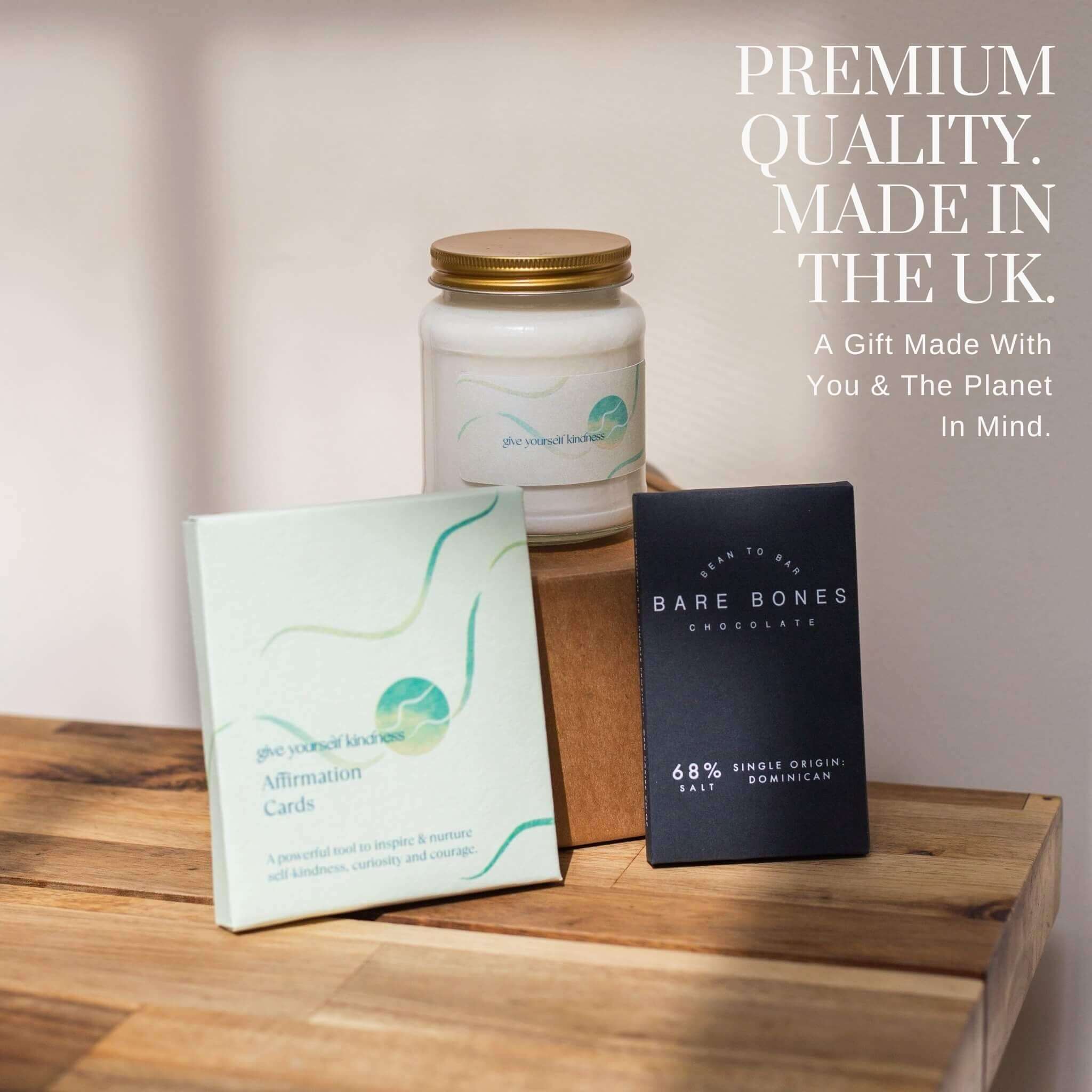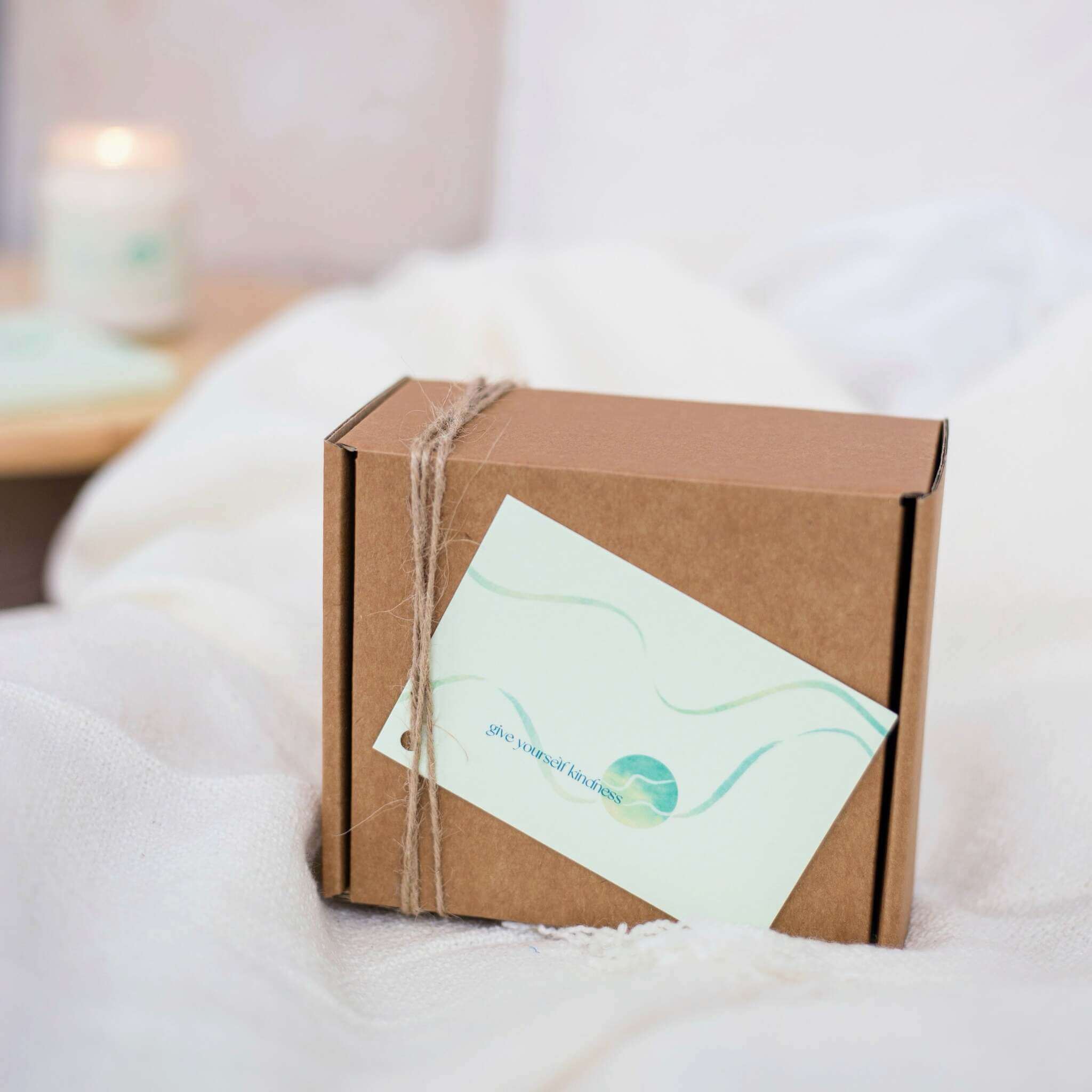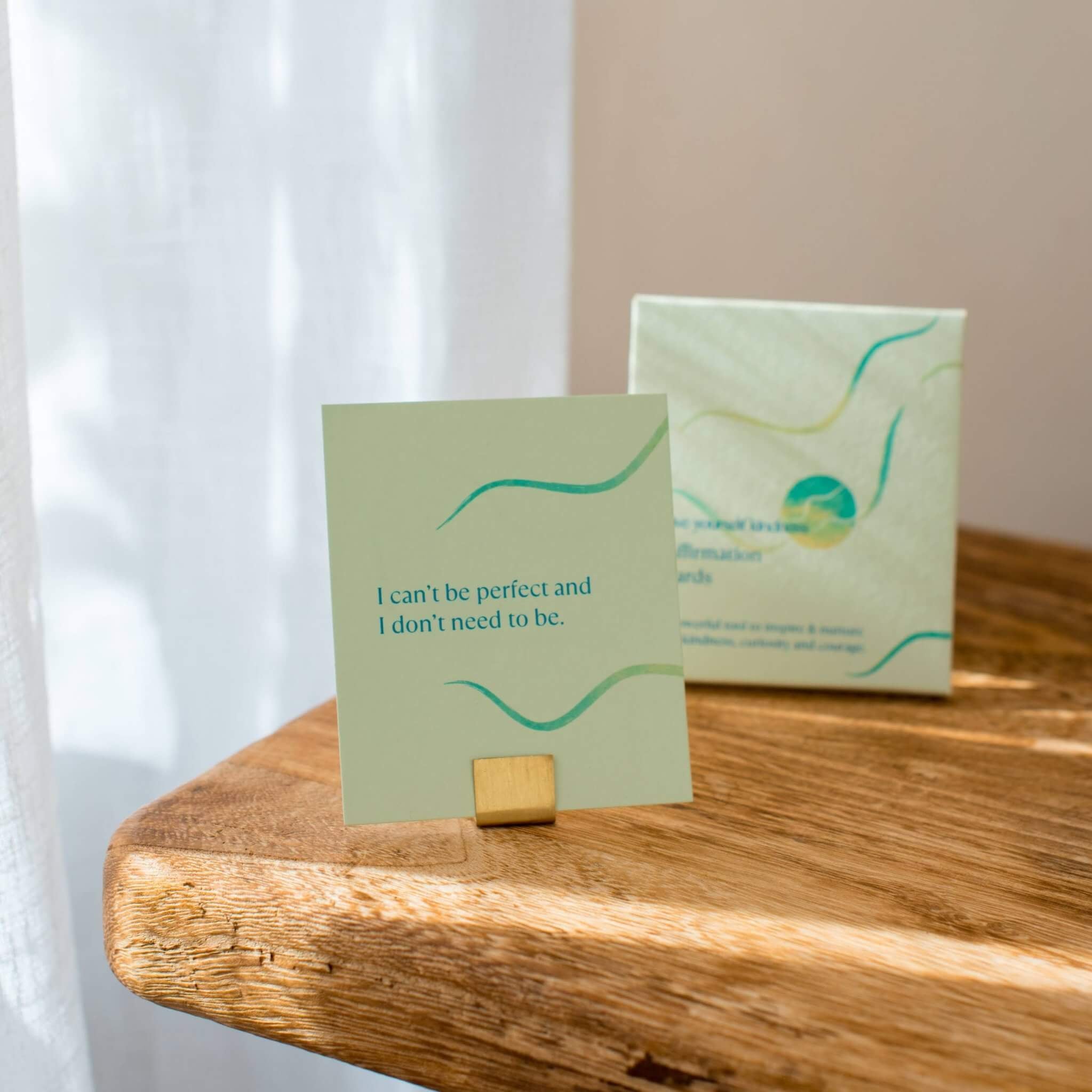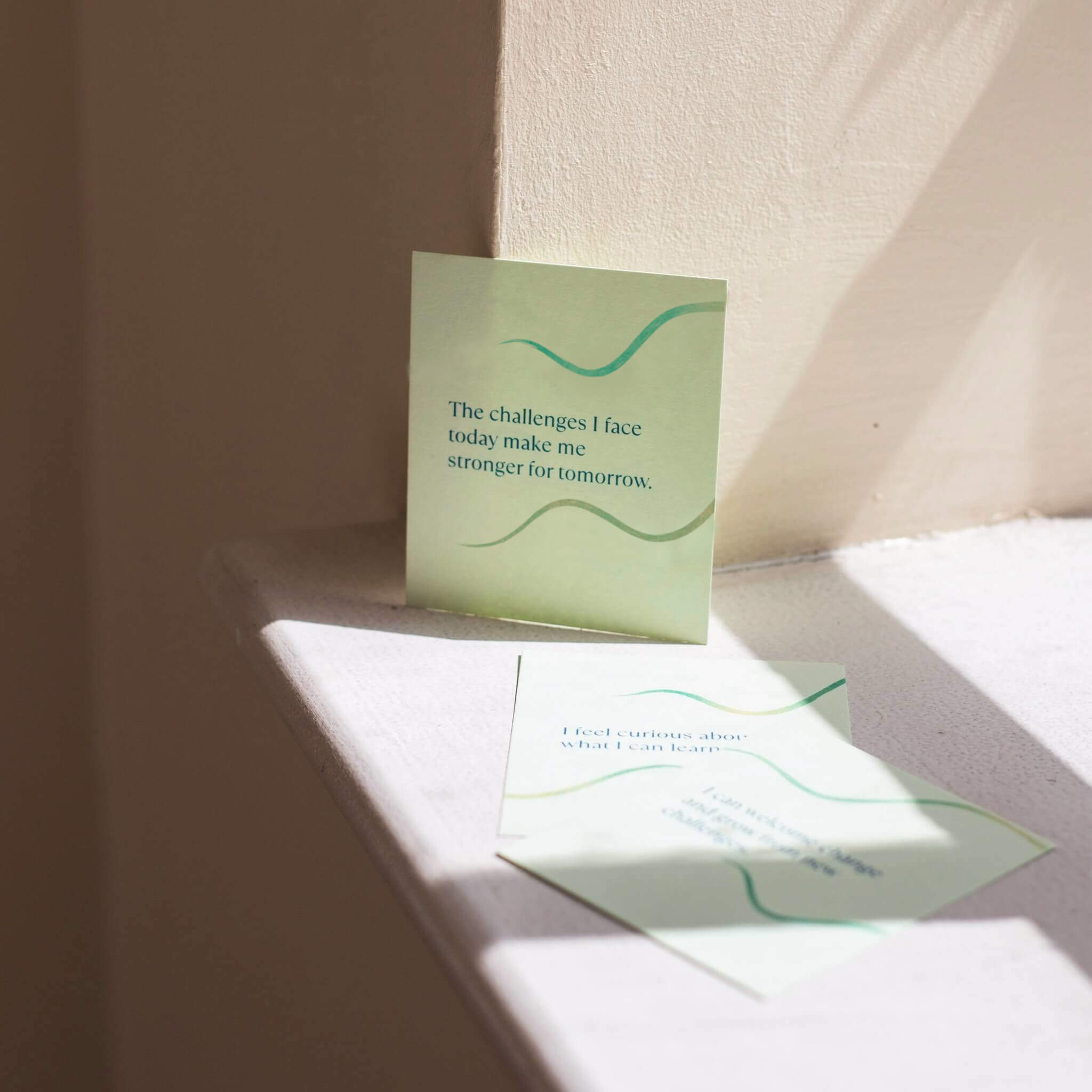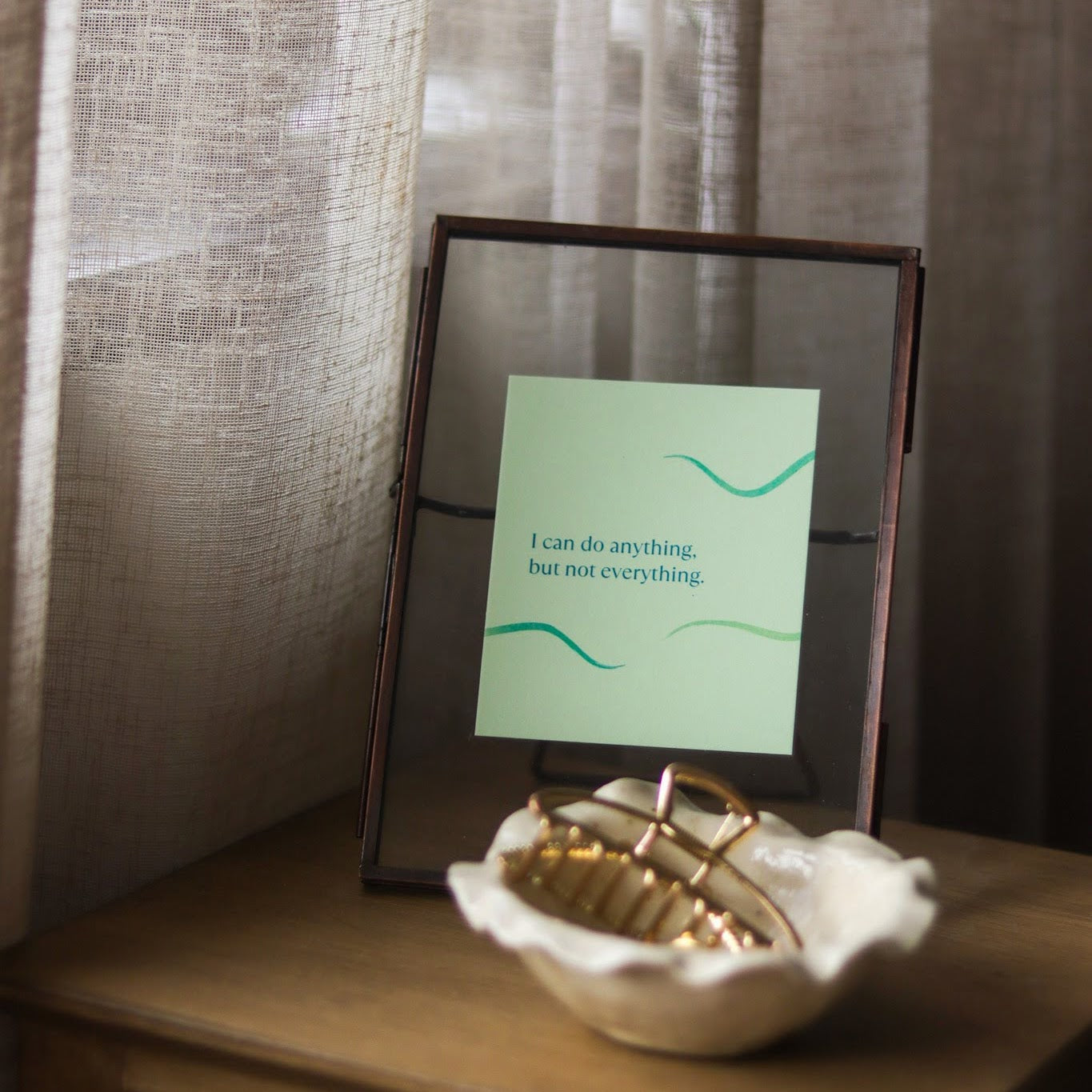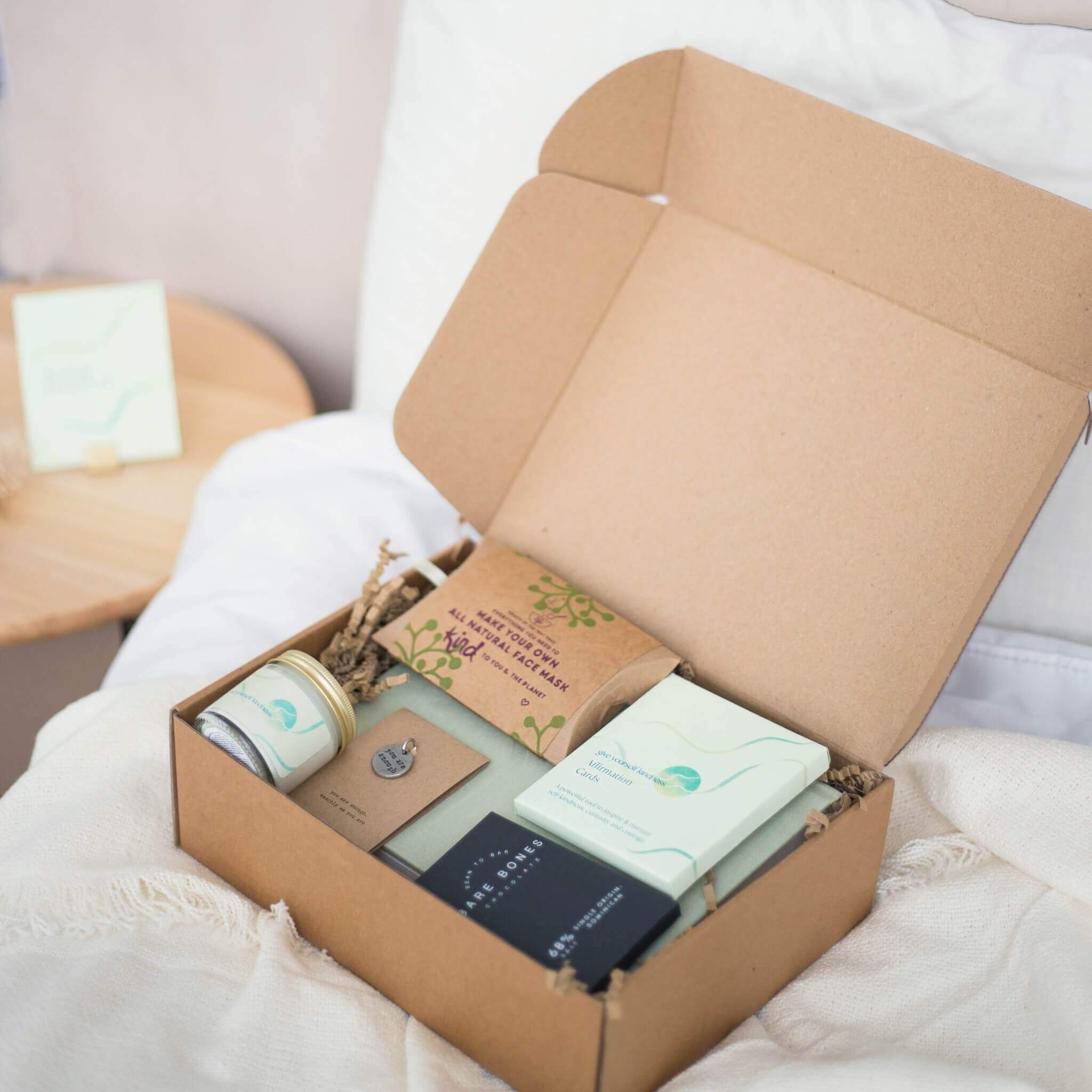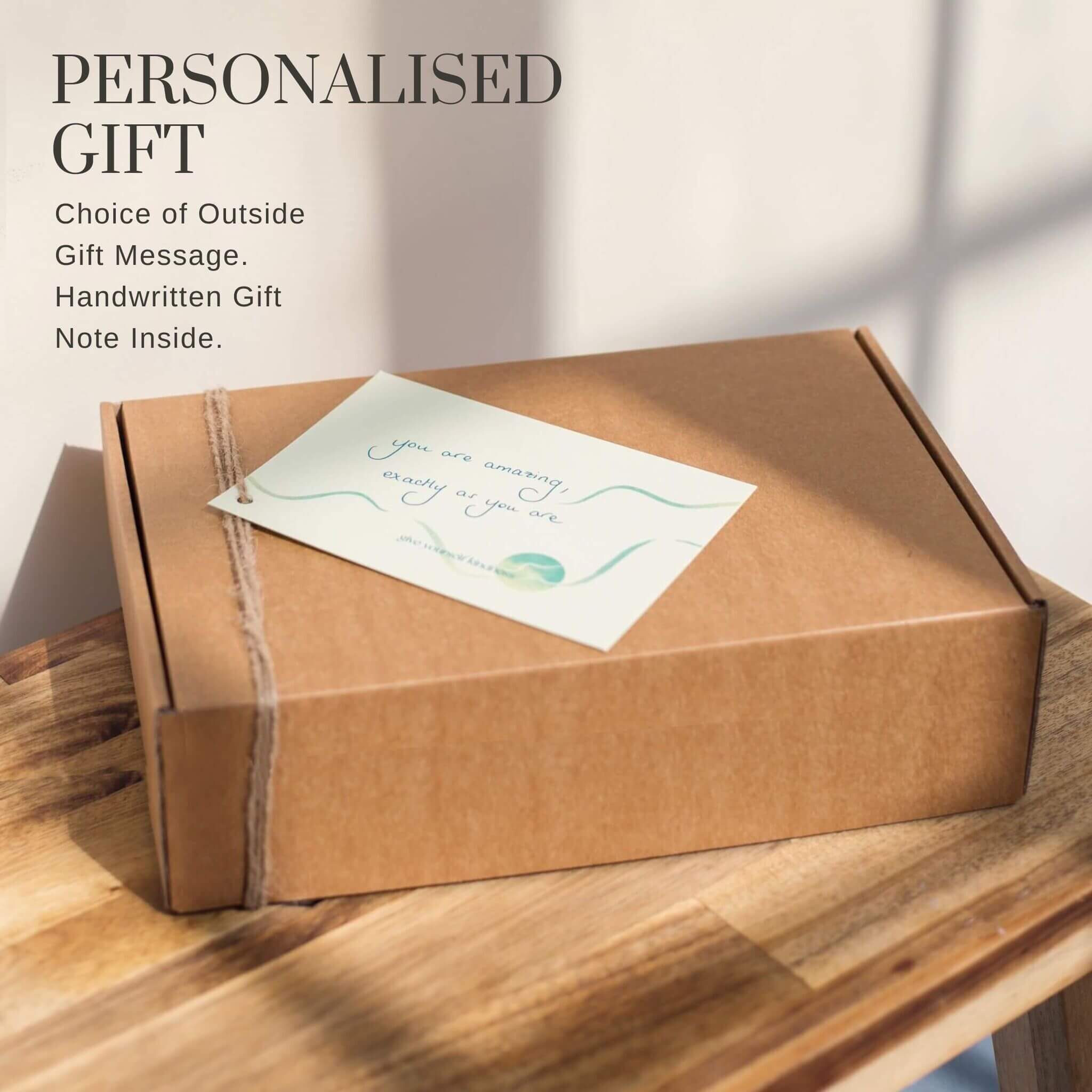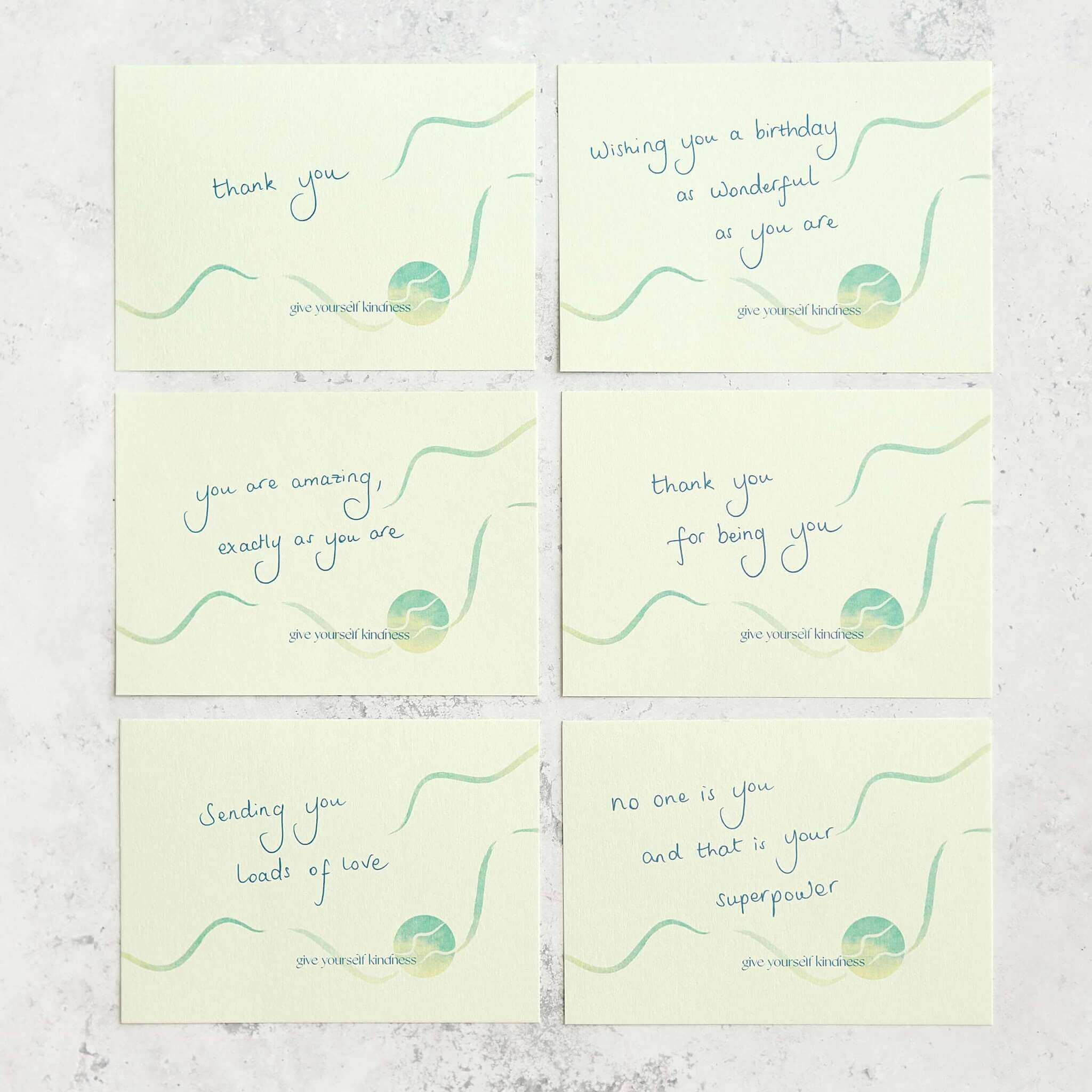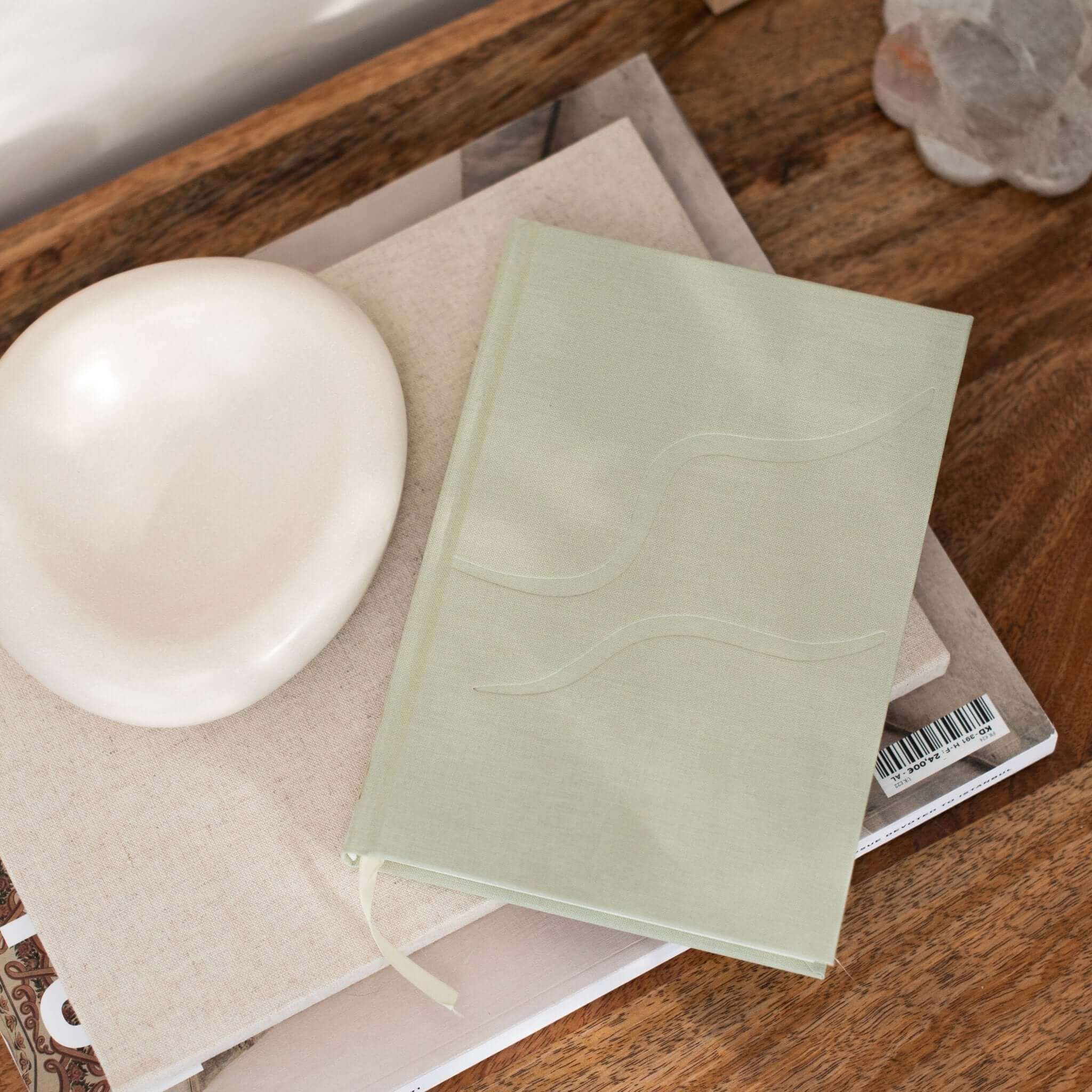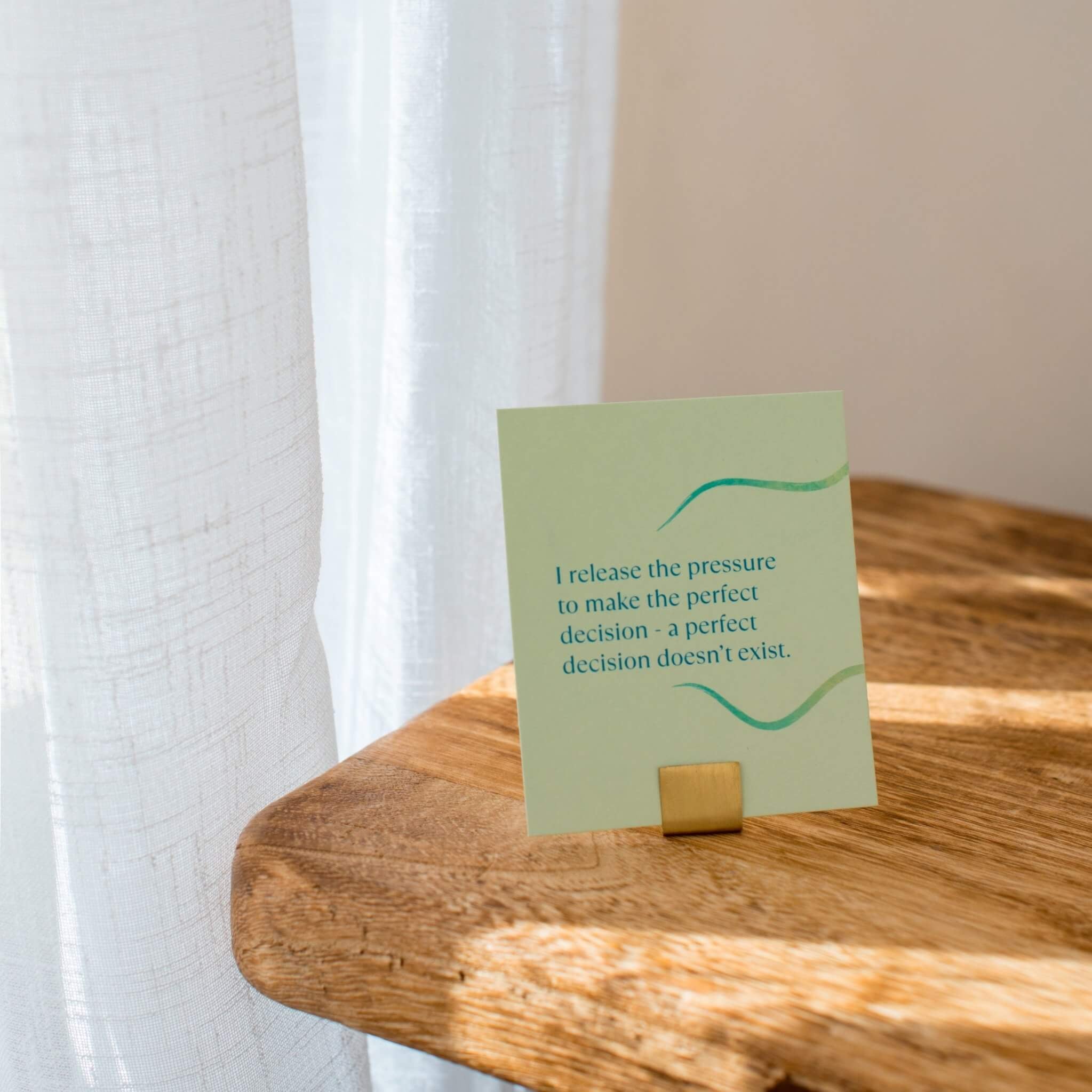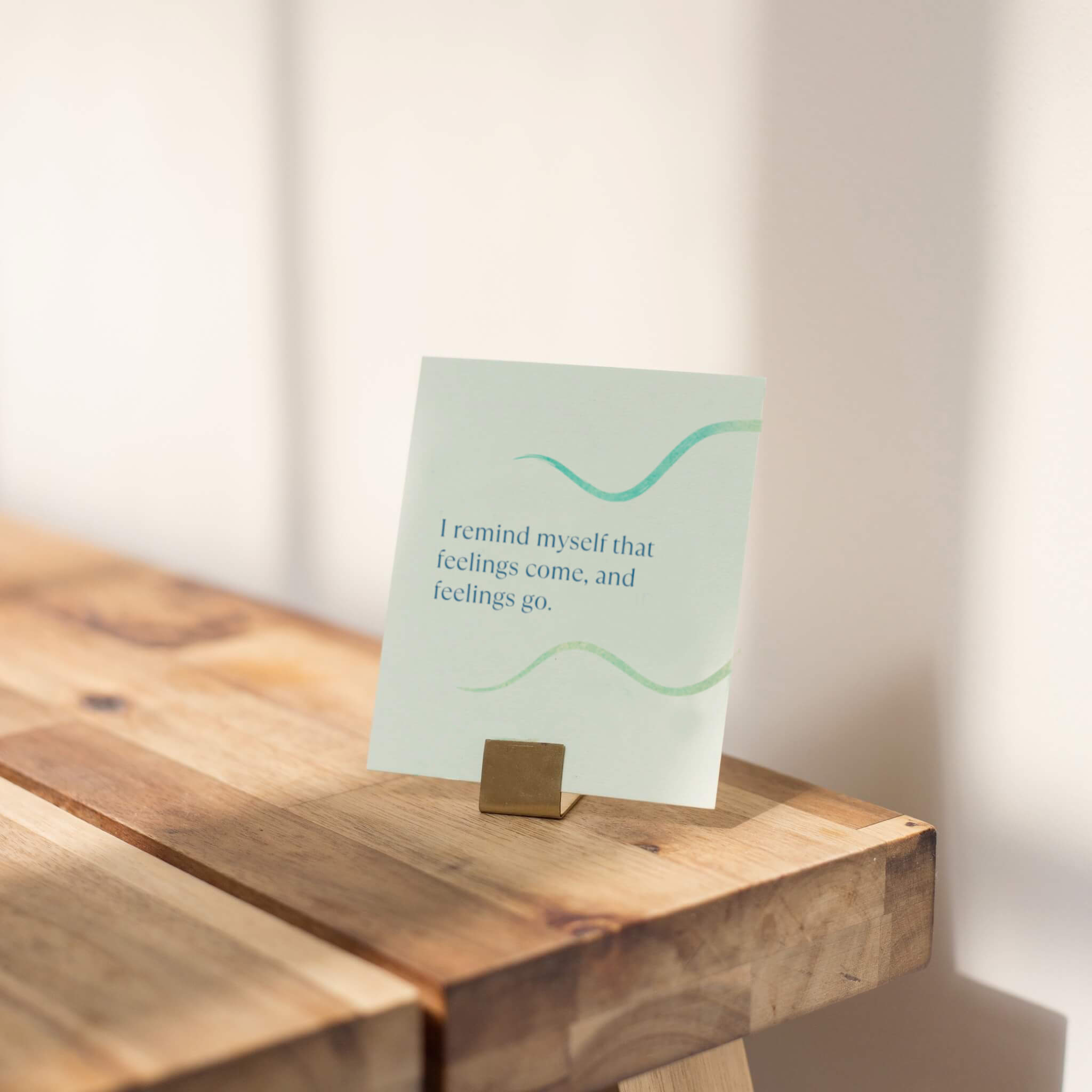Last updated: October 20, 2025 | By Rachel Smith, DipBSoM
Quick Answer
Best Journal for Anxiety: The Give Yourself Kindness Journal
Why it works: Unlike journals with repetitive prompts or forced gratitude, this uses research-backed self-compassion techniques that reduce anxiety without reinforcing rumination.
Full disclosure: This is my journal. I'm recommending it because clinical psychologists recommend it to their clients—but I'll show you other options below.
Shop The Give Yourself Kindness Journal →When Journaling for Anxiety Actually Makes Things Worse
Your mind won't stop. The same worries circle back. You replay conversations. You predict worst-case scenarios. Someone suggests journaling—but when you tried, it made you feel worse.
You're not alone.
Most anxiety journals make three critical mistakes:
- Repetitive prompts become mechanical—your brain goes on autopilot, reinforcing rumination instead of breaking it
- Forced gratitude feels dismissive when you're genuinely struggling—creating more shame
- Dated pages add pressure and guilt—making anxiety about journaling itself
The result? Journaling becomes another thing you're "failing" at.
I'm Rachel Smith, founder of Give Yourself Kindness and a qualified meditation teacher. After recovering from my own anxiety through Compassion-Focused Therapy, I searched for a journal that would actually help—not one that added pressure or made things worse.
When I couldn't find one, I created it myself, using what I'd learned from CFT and self-compassion research. I then asked clinical psychologists to review it—and they started recommending it. Here's what actually works for anxiety and overthinking, backed by research.
Full transparency: The Give Yourself Kindness journal is my product. I created it because I needed it myself, and I'm recommending it here because clinical psychologists from Harvard and Oxford recommend. But I'll also show you other options so you can make the best choice for your needs.
What Makes a Journal Actually Work for Anxiety and Overthinking?
The Research on Journaling and Anxiety
Clinical psychologists have extensively studied journaling's impact on anxiety. Research shows that journaling can reduce anxiety—but only when done correctly.
As Dr. Erika Bach, licensed clinical psychologist, explains: "Research shows that people who practice self-compassion experience lower levels of anxiety, as well as increased levels of well-being in general."
But not all journaling helps anxiety—some could make it worse. Here's what to look for:
✓ Prompts That Interrupt Rumination
✓ Emotional Awareness Tools
✓ Self-Compassion Integration
✓ Varied Prompts
✓ Undated Format
✓ No Toxic Positivity
Best Journals for Anxiety and Overthinking: Honest Comparison
The Give Yourself Kindness Journal
Full disclosure: This is my journal. I created it after my own experience because I couldn't find what I needed.
- People with racing thoughts and rumination
- Those who've tried journaling but found it made anxiety worse
- Anyone who needs prompts that interrupt worry cycles
- People tired of toxic positivity
Why It Works for Anxiety:
Interrupts Rumination Cycles
Sample prompt: "What has challenged you today? Talk to yourself as you would talk to a friend—write down what you would say"
Effect: Shifts from rumination to compassionate perspective
Emotional Awareness Tool on Every Page
Visual guide helps identify specific emotions (not just "anxious")
Effect: Naming emotions reduces their intensity
Self-Compassion Techniques
Based on Dr. Kristin Neff's research showing self-compassion reduces anxiety more than self-criticism. 90 different approaches prevent habituation.
No Pressure Format
Undated = no guilt during anxious periods
Permission built in: "you can't be perfect, and you don't need to be"
What Independent Experts Say:

Dr. Chris Germer, PhD
Clinical Psychologist, Harvard Medical School | Co-developer of Mindful Self-Compassion (MSC) program taught to 250,000+ people worldwide
"A warm invitation to make friends with your emotions and yourself!"

Professor Willem Kuyken, PhD, DClinPsy
Ritblat Professor of Mindfulness and Psychological Science, University of Oxford | Top 1% most cited scientists worldwide
"Rachel has curated the experience to make the writing intrinsically rewarding... Writing can invoke an inner critic, rumination and procrastination. Rachel has curated the experience to make the writing intrinsically rewarding."

Dr. Chris Irons
Clinical Psychologist, CFT Researcher and Trainer
"Supportive, encouraging and containing, whilst also helping people to explore and learn how to manage their emotions with compassion. Highly recommended."
What's Inside:
- 90 days of completely unique prompts
- Emotional awareness visual guide on every page
- 50+ gentle reminders ("the way you speak to yourself matters")
- Undated format
- Cloth-bound, FSC-certified paper
- Printed in UK
- Used by therapists with anxiety clients worldwide
✓ PROS
- Evidence-based prompts designed with clinical psychologists
- Prevents rumination through varied, compassionate prompts
- Emotional awareness tool helps identify anxiety triggers
- Undated = no guilt during difficult periods
- Self-compassion approach proven to reduce anxiety
✗ CONSIDER IF
- You want very quick, 2-minute prompts (these invite reflection)
- You prefer completely blank pages
- Budget is primary concern (premium price reflects expert design)
The Five Minute Journal
Quick gratitude-focused prompts
- Quick morning/evening routine
- Gratitude practice focus
- Structured, simple format
How It Addresses Anxiety:
Morning gratitude and evening reflection with same prompts daily for routine.
✓ PROS
- Very quick (5 minutes)
- Simple, consistent structure
- Morning + evening prompts
- Popular with structured routine preference
✗ CONSIDER IF
- Repetitive prompts feel mechanical
- Forced gratitude feels dismissive during anxiety
- You want emotional awareness tools
- Dated format creates pressure
- No clinical psychology backing
- May reinforce rumination rather than interrupt it
Bottom line: Good for quick gratitude IF you don't struggle with rumination. For anxiety/overthinking, prompts that interrupt worry cycles are more effective.
Generic Anxiety Journals (Various brands)
Blank or lightly prompted pages
- Free writing preference
- Budget-conscious
✓ PROS
- Low cost
- Complete freedom
- No structure constraints
✗ CONSIDER IF
- Blank pages feel overwhelming during anxiety
- You need guidance to interrupt rumination
- You want evidence-based prompts
- Generic "anxiety tips" feel unhelpful
Bottom line: Works if you know exactly what to write. For most people with anxiety, guided prompts that break rumination are more helpful.
Quick Comparison at a Glance
| Feature | Give Yourself Kindness | Five Minute Journal | Generic Anxiety Journal |
|---|---|---|---|
| Interrupts Rumination | ✓ Yes - varied compassionate prompts | ✗ Same prompts may reinforce | ✗ No guidance |
| Emotional Awareness Tools | ✓ Visual guide every page | ✗ No | ✗ No |
| Self-Compassion Focus | ✓ Research-based (Neff, Germer) | Partial | ✗ No |
| Prompt Variety | ✓ 90 unique prompts | ✗ Same daily | ✗ Blank |
| Expert Backing | ✓ Harvard, Oxford psychologists | None specified | None |
| Undated | ✓ Yes | ✗ Dated (6 months) | Varies |
| Price | £28.95 | ~$29 | £8-£15 |
| Best For | Racing thoughts, rumination, overthinking | Quick gratitude routine | Free writing |
Which Journal Is Right for Your Anxiety?
Give Yourself Kindness Journal
Prompts specifically designed to interrupt worry cycles
Give Yourself Kindness Journal
Validates all emotions, no toxic positivity
Give Yourself Kindness Journal
Designed to prevent rumination reinforcement
Five Minute Journal
Note: May not interrupt rumination effectively
Generic journal
Note: Requires self-direction during anxious states
How to Use a Journal Effectively for Anxiety
Common Mistakes to Avoid
❌ Mistake #1: Using Journaling to Analyze Anxiety
Problem: Reinforces rumination
✓ Instead: Use prompts that shift perspective
❌ Mistake #2: Forcing Positivity
Problem: Creates shame when you can't "think positive"
✓ Instead: Validate emotions with self-compassion
❌ Mistake #3: Judging Your Writing
Problem: Adds performance anxiety
✓ Instead: Write freely without editing
❌ Mistake #4: Making It a Daily Requirement
Problem: Creates guilt during difficult periods
✓ Instead: Use undated journal, return without pressure
Best Practices
1. Write When Anxiety Is Moderate (Not Peak)
Why: Better able to engage with prompts
When anxiety is overwhelming: Try breathing first, journal after
2. Focus on Perspective-Shifting
Not: "Why am I so anxious?"
Instead: "What would I say to a friend feeling this?"
3. Use the Emotional Awareness Tool
Identify specific emotions beyond "anxious"
Research shows naming reduces intensity
4. Be Compassionate About Missing Days
Anxiety often comes in waves. As Dr. Erika Bach explains, self-compassion "offers support and nurturing from within ourselves, boosting confidence and resilience."
5. Notice Patterns Over Time
After 2-3 weeks, patterns emerge
This awareness helps without rumination
The Science: Why These Features Matter for Anxiety
Self-Compassion vs Self-Criticism for Anxiety
Research by Dr. Kristin Neff demonstrates that self-compassion reduces anxiety more effectively than self-criticism. When we respond to anxious thoughts with the same kindness we'd offer a friend, we activate the parasympathetic nervous system (calming response) rather than the sympathetic nervous system (threat response).
As Dr. Erika Bach notes: "Research shows that people who practice self-compassion experience lower levels of anxiety, as well as increased levels of well-being in general."
Application in journaling: Prompts that shift to friend perspective
Affect Labeling Research
Neuroscience research shows that naming emotions ("I'm feeling worried and overwhelmed") reduces amygdala activation—the brain's alarm center. This is why emotional awareness tools are more effective than just writing about anxiety generally.
Application in journaling: Visual emotional awareness guides
Journaling and Rumination
Clinical psychology research reveals that free-writing about worries can actually reinforce rumination in anxious individuals. The key is using prompts that redirect thoughts rather than amplify them.
Application in journaling: Guided prompts that break worry cycles
Common Questions
Can journaling make anxiety worse?
Yes, if it reinforces rumination. Generic "worry journals" where you write about anxieties can strengthen worry cycles. Look for journals with prompts that shift perspective, like compassionate reframing.
What if I miss days because of anxiety?
This is exactly why undated journals work better for anxiety. The Give Yourself Kindness journal explicitly welcomes you back without judgment. Guilt about not journaling defeats the purpose.
Is journaling a replacement for therapy?
No. Journaling is a supportive tool, not a replacement for professional mental health care. If anxiety significantly impacts your life, please speak with a qualified therapist.
Why are you recommending your own product?
Because I created it out of genuine need, and independent experts from Harvard and Oxford recommend it to their clients. I've been transparent about it being my product throughout this page, and I've included other options for comparison. My goal is to help you find what works—whether that's my journal or another tool.
When Journaling Isn't Enough
If you experience any of the following, please speak with a mental health professional:
- Anxiety that significantly impacts daily functioning
- Panic attacks
- Thoughts of self-harm
- Anxiety that prevents you from leaving home
- Physical symptoms (chest pain, difficulty breathing)
- Anxiety lasting more than 6 months without improvement
UK Resources:
- NHS Mental Health Services: Call 111 or visit nhs.uk/mental-health
- Samaritans: 116 123 (24/7 support)
- Anxiety UK: 03444 775 774
These journals support wellbeing but aren't replacements for professional care.
Start Your Anxiety-Relief Journaling Practice
If you struggle with racing thoughts and rumination, I genuinely believe the Give Yourself Kindness journal can help—because it helped me, and clinical psychologists from Harvard and Oxford recommend it to their clients.
What makes it different:
- 90 unique prompts that break worry cycles
- Emotional awareness tool on every page
- Self-compassion techniques proven to reduce anxiety
- Undated format removes pressure
- Used by therapists with anxiety clients worldwide
Related reading:
- How Self-Compassion Can Help Us Manage Anxiety - By Dr. Erika Bach, Licensed Clinical Psychologist
- How to stop beating yourself up - By Dr. Maria Tucknott, Licensed Clinical Psychologist
- Why self-compassion is more effective than self-criticism - By Annabelle Kyle Dortch, Psy.D., Licensed Clinical Psychologist
About the author: Rachel Smith (DipBSoM) is a qualified meditation teacher and the creator of Give Yourself Kindness. After her own recovery through Compassion-Focused Therapy, she created evidence-based tools recommended by clinical psychologists including Dr. Chris Germer (Harvard Medical School) and used by therapists with their clients worldwide.


“By far my favourite guided journal that I’ve used!”
There's a lot of journals out there. Most of which include tools that can be repetitive, boring or unhelpful. Give Yourself Kindness is about creating something new.



